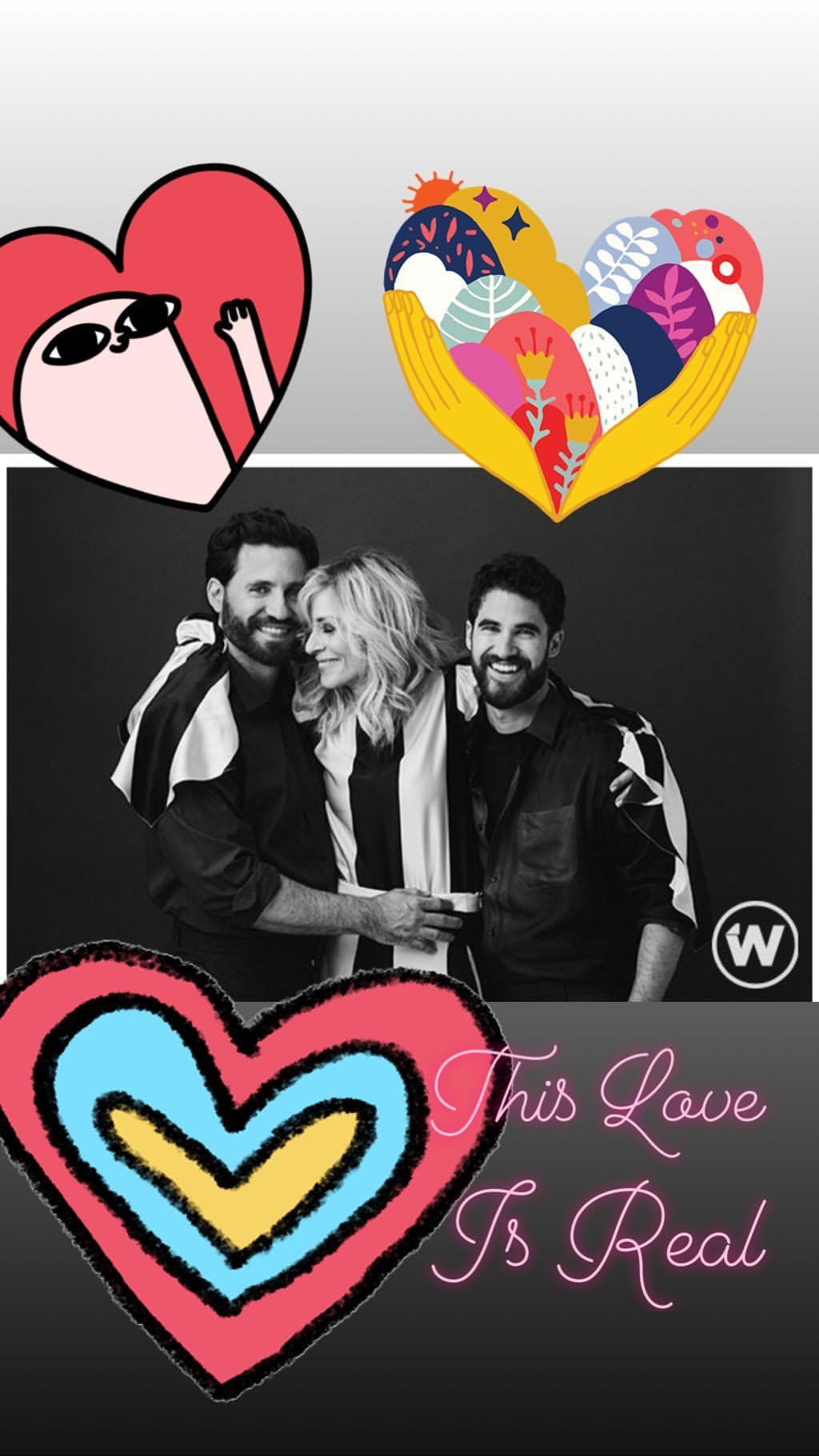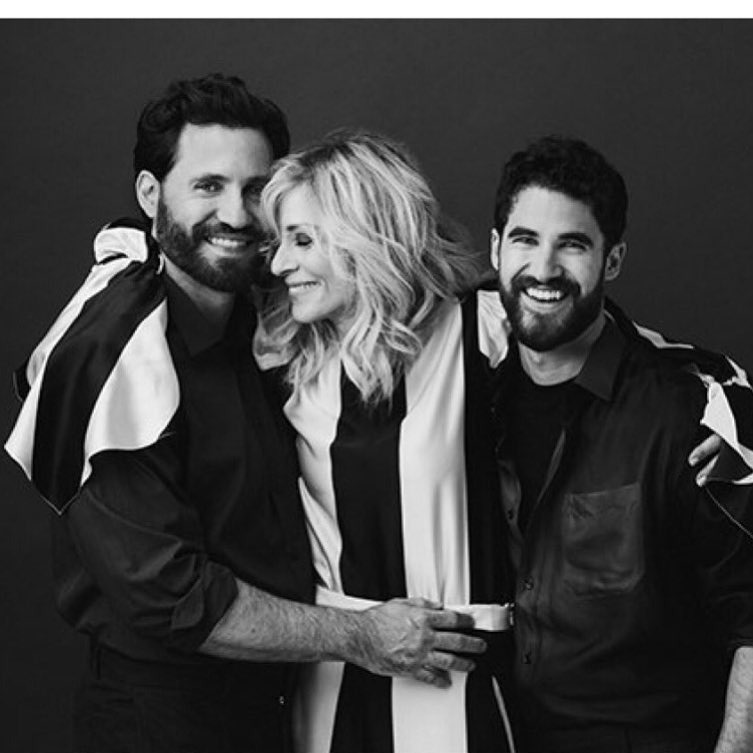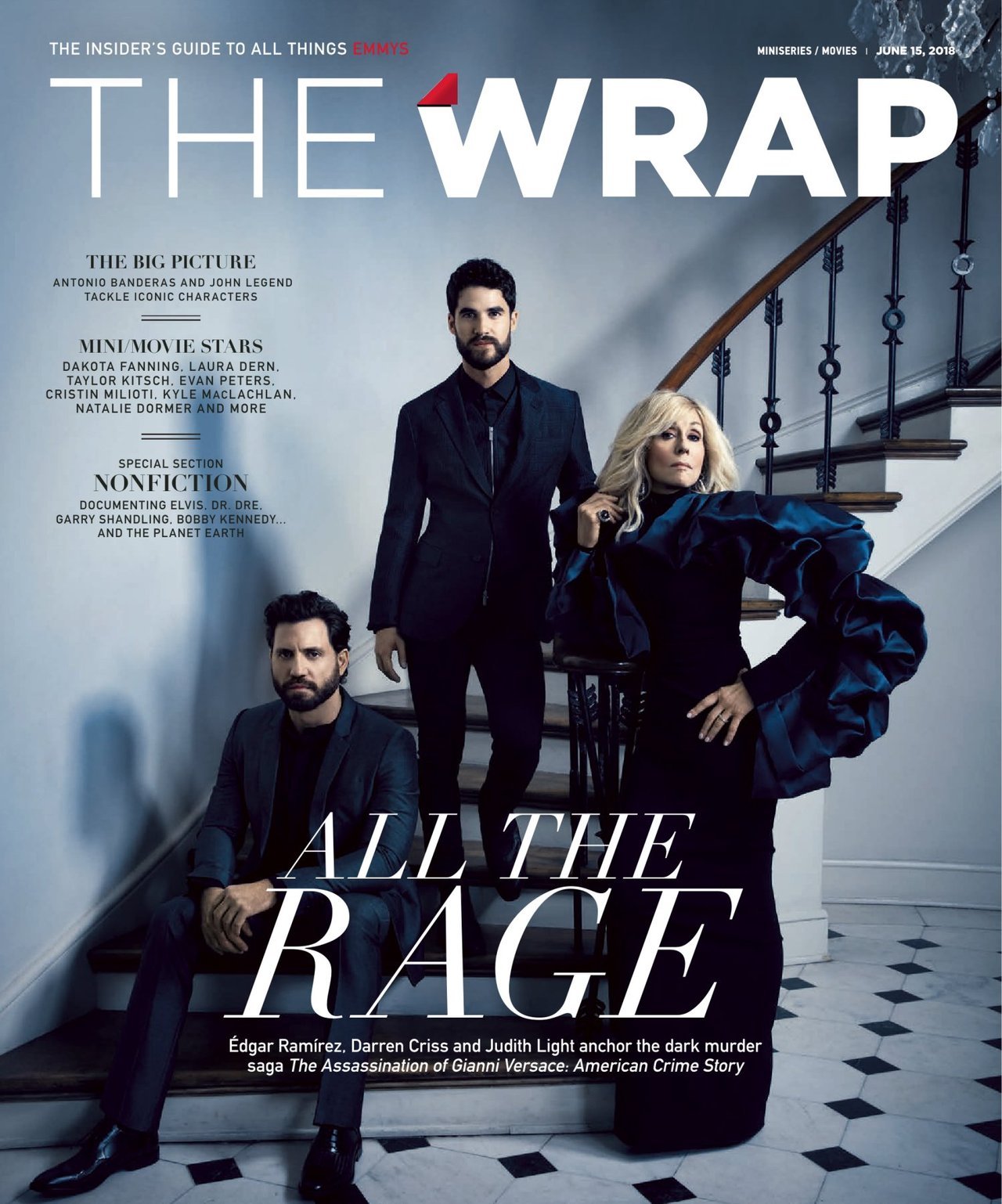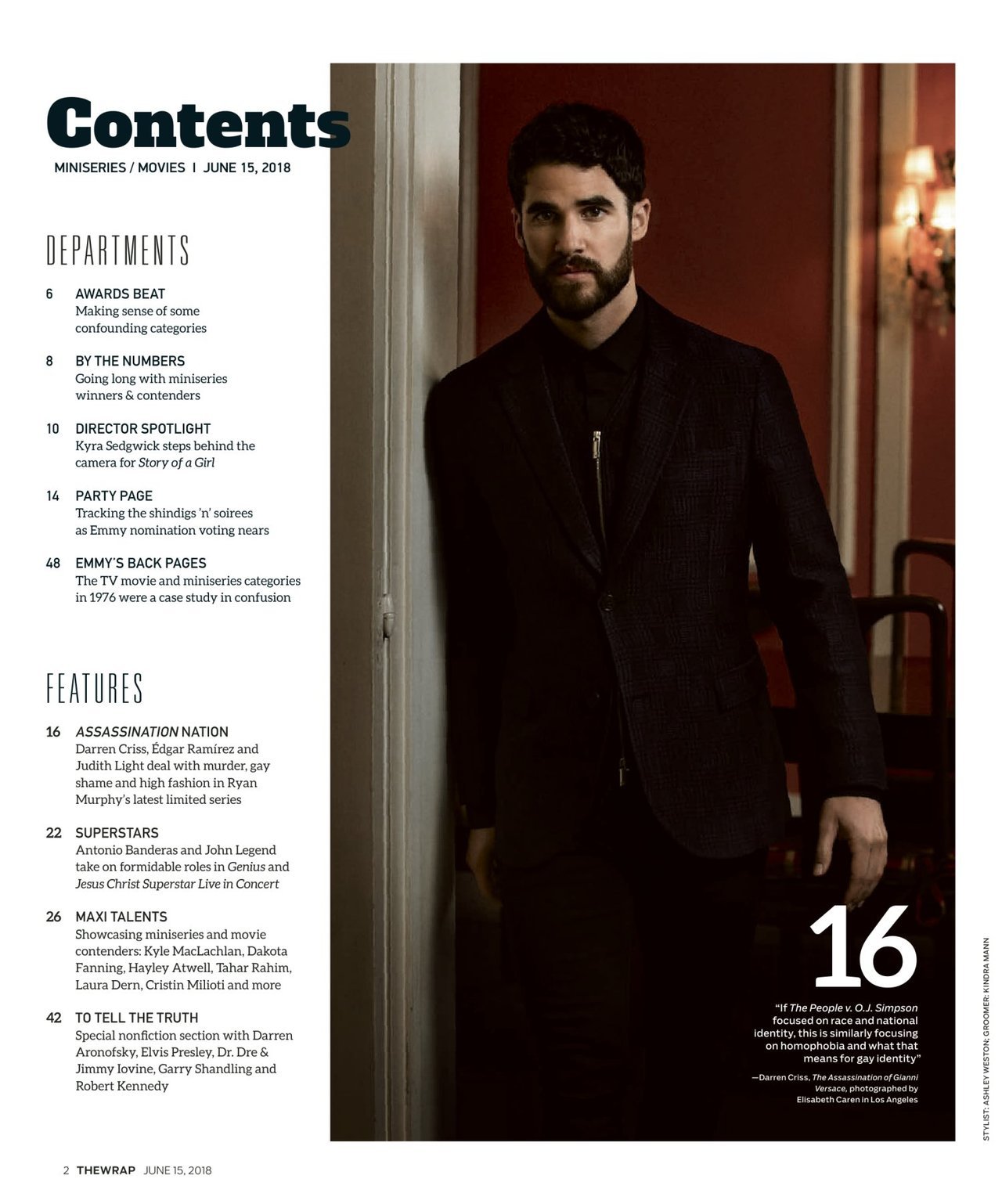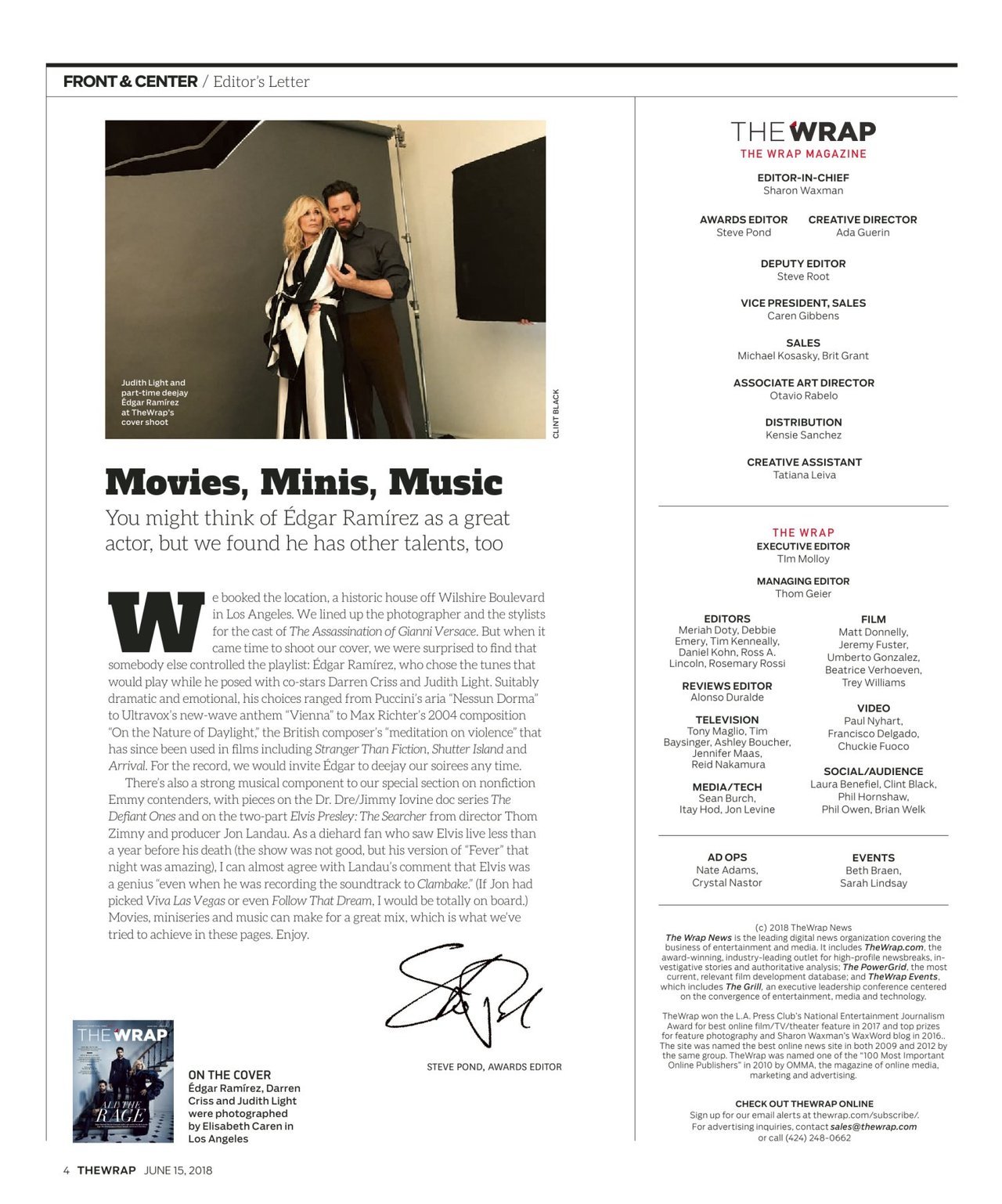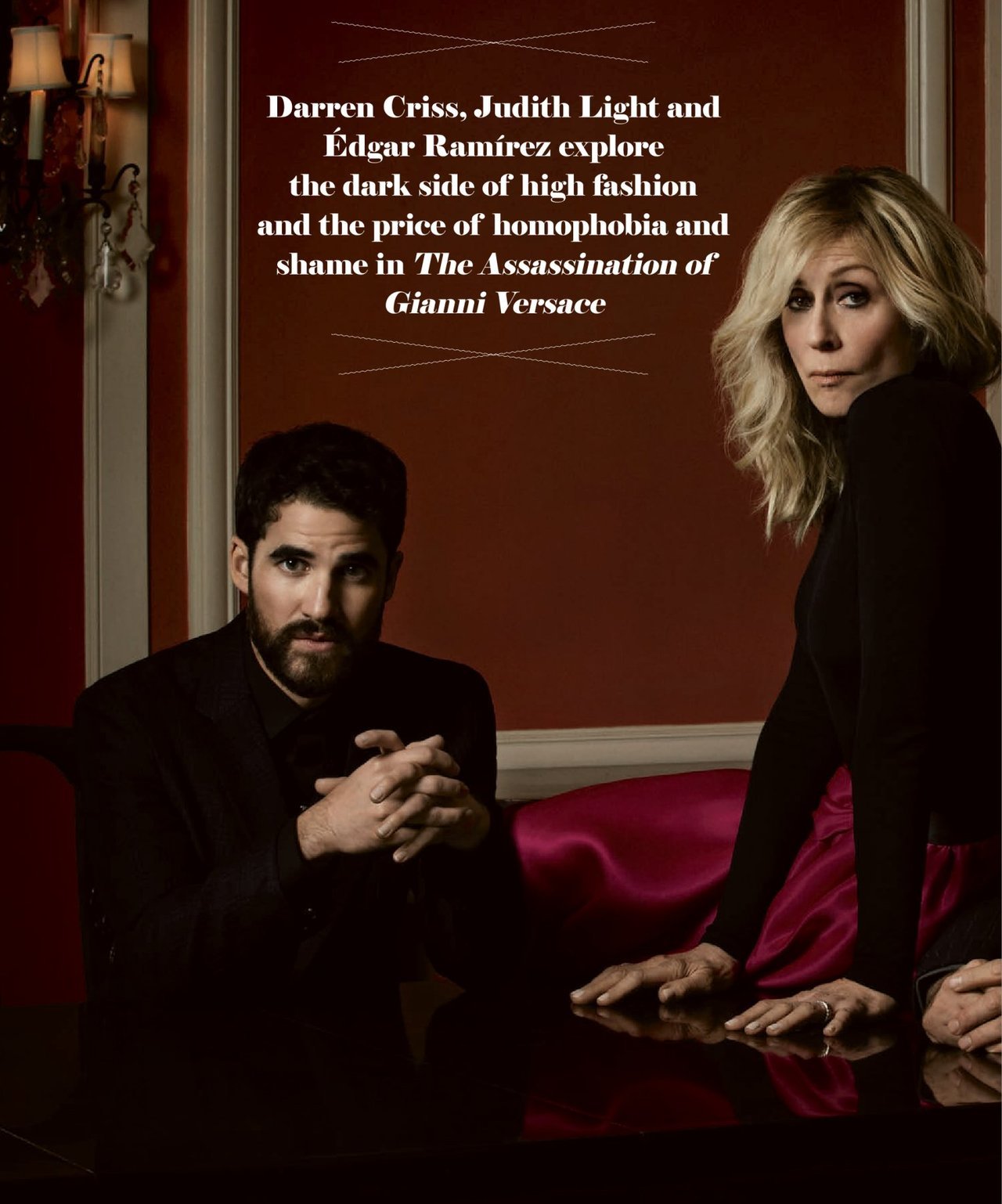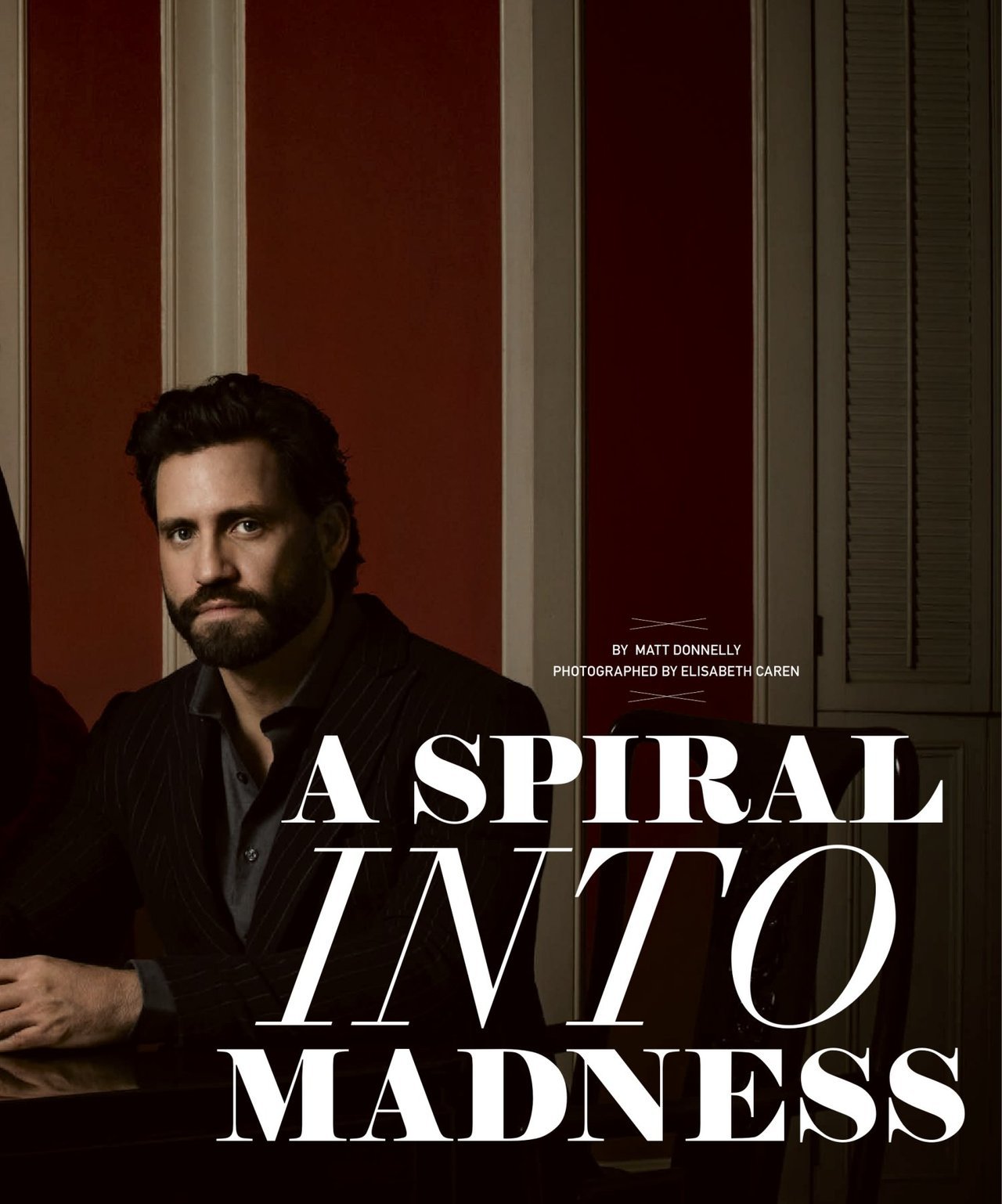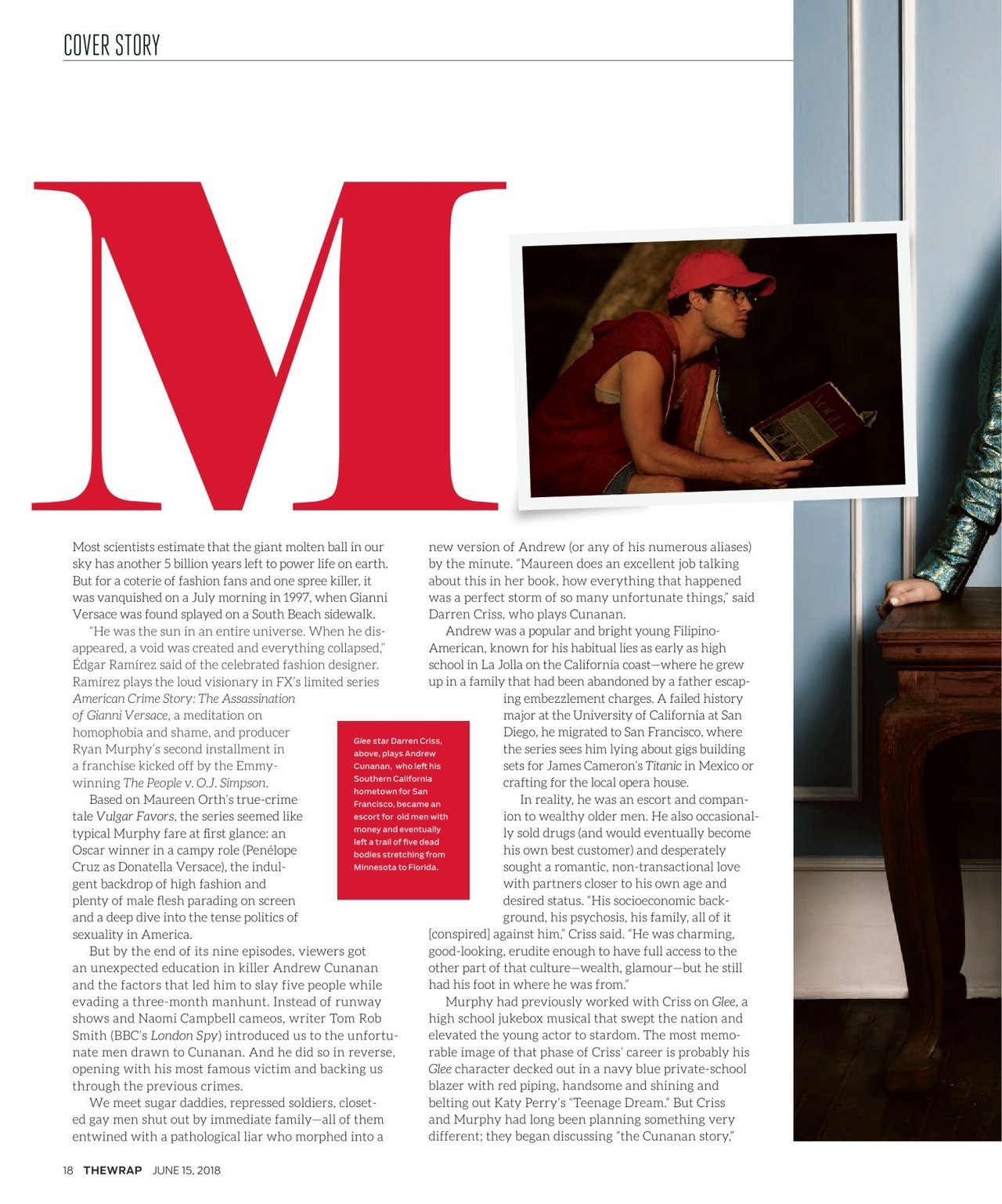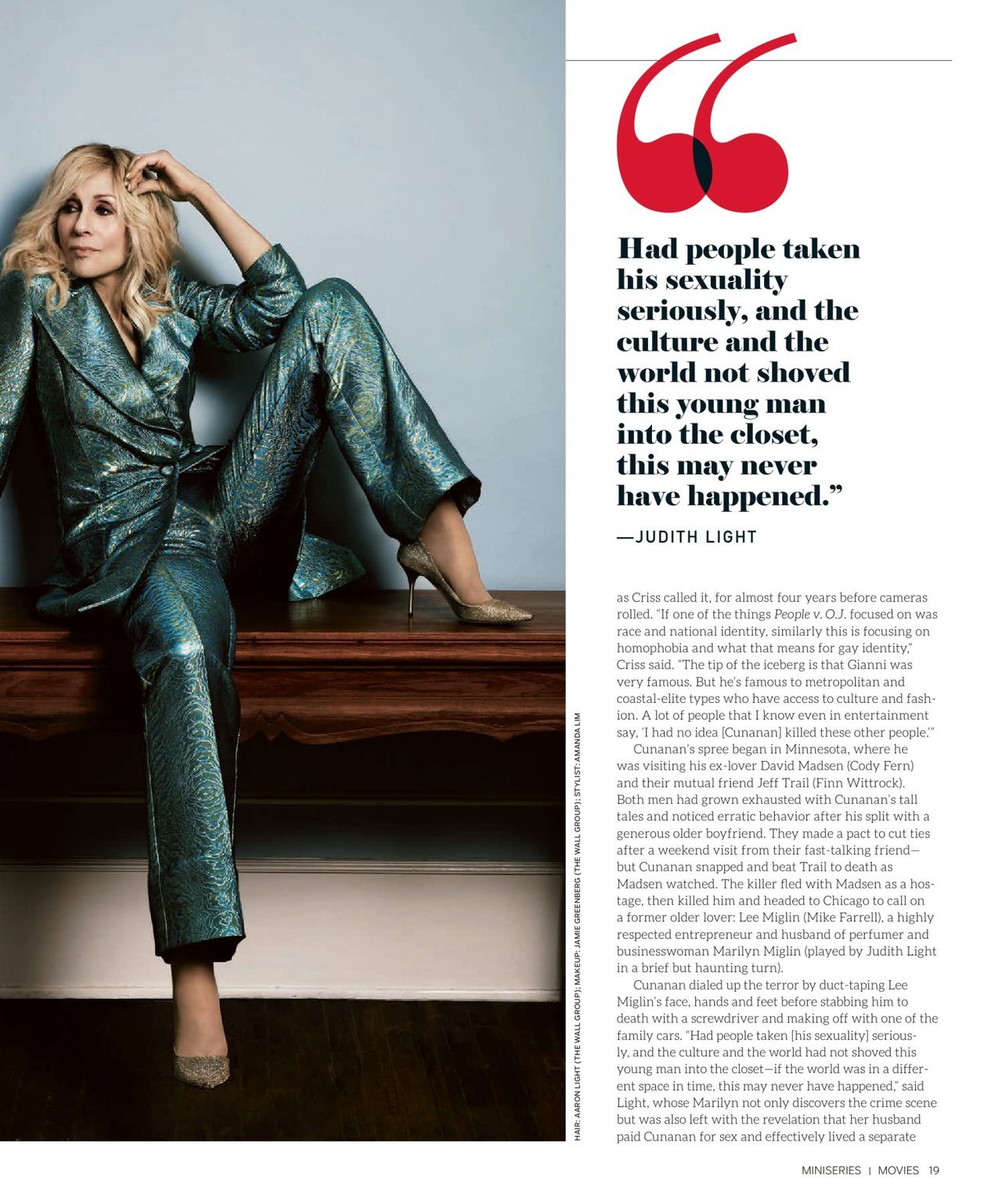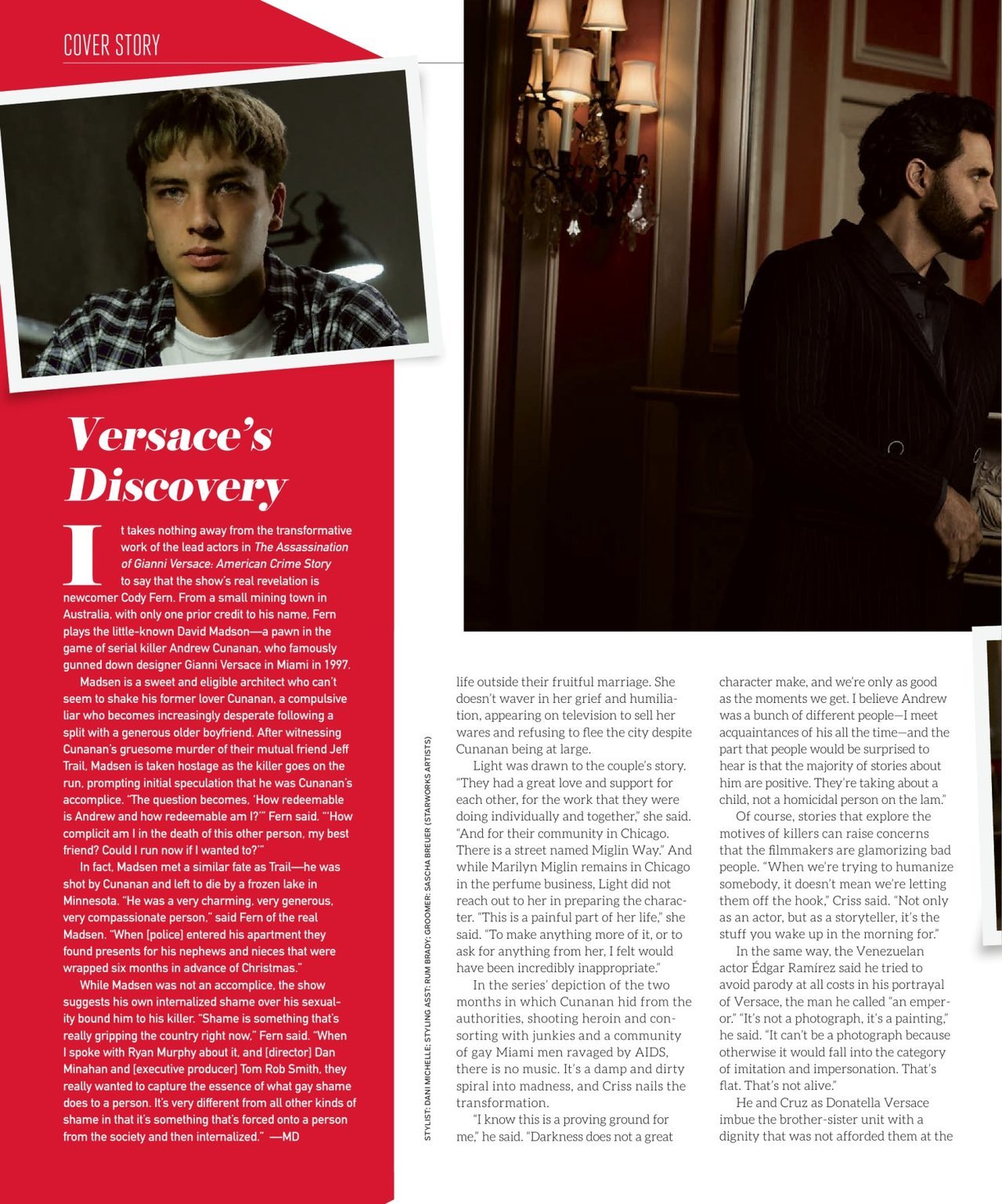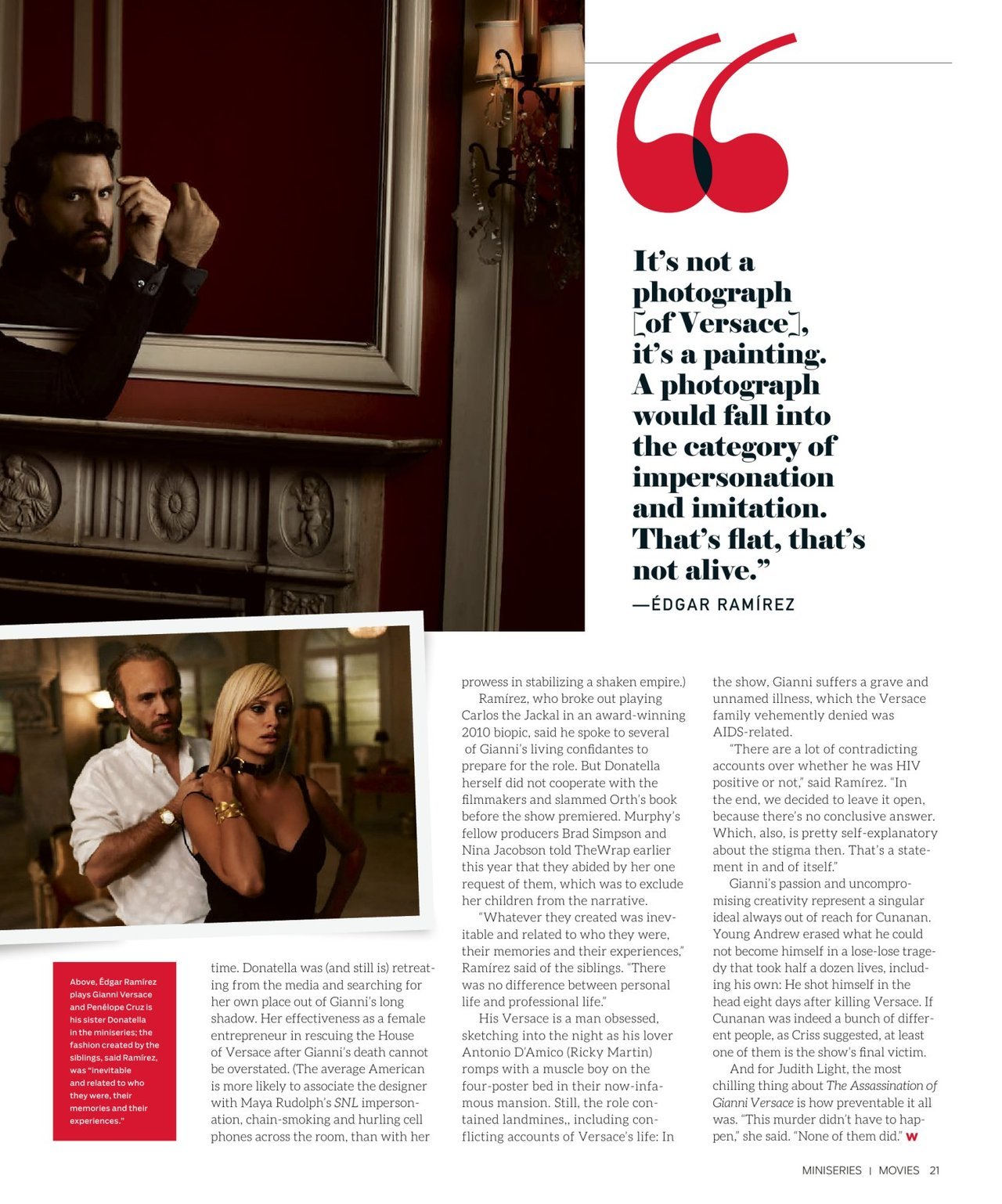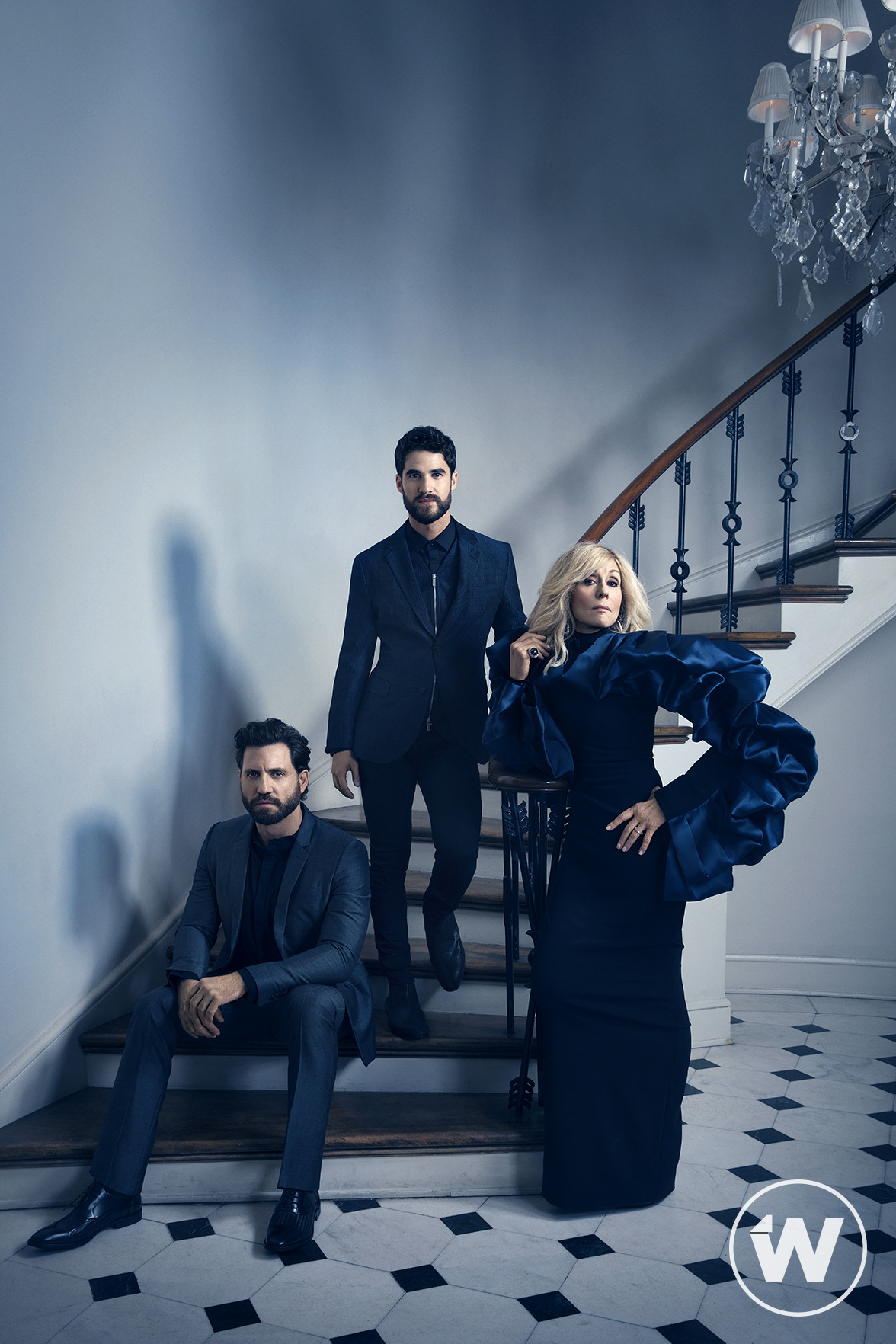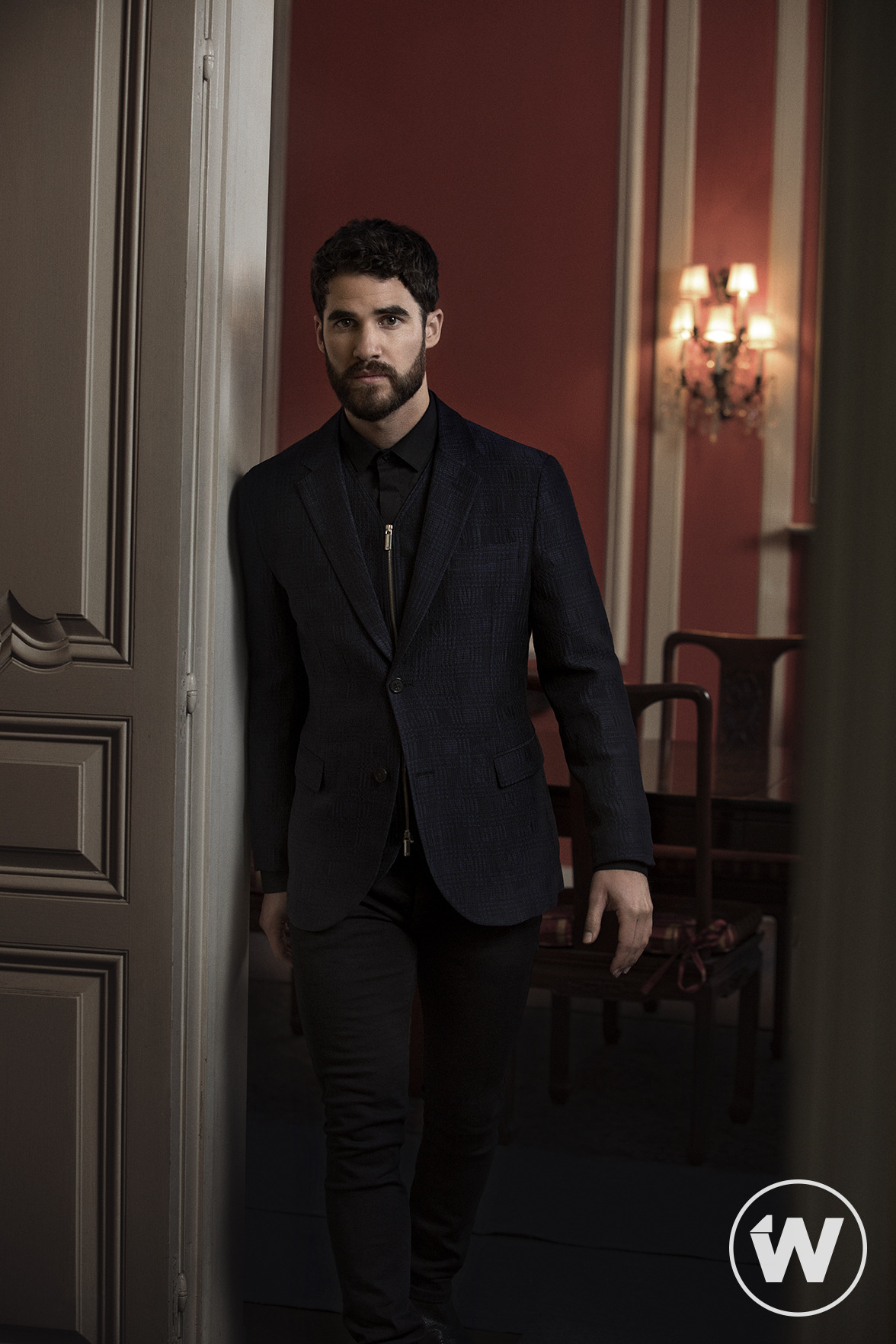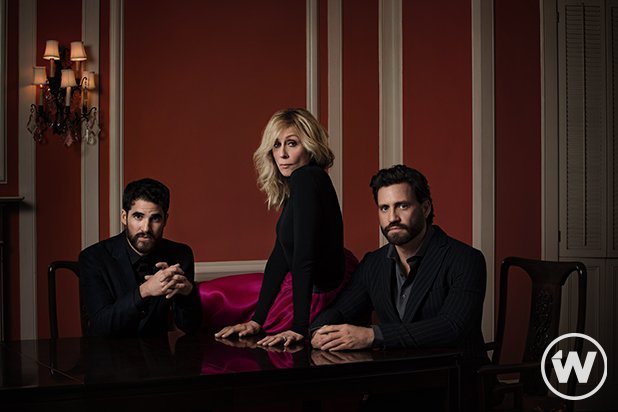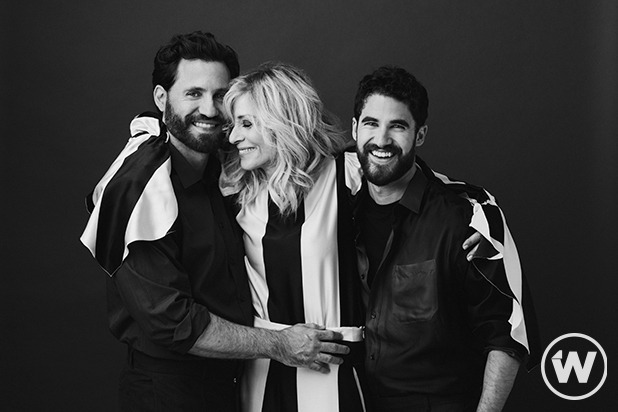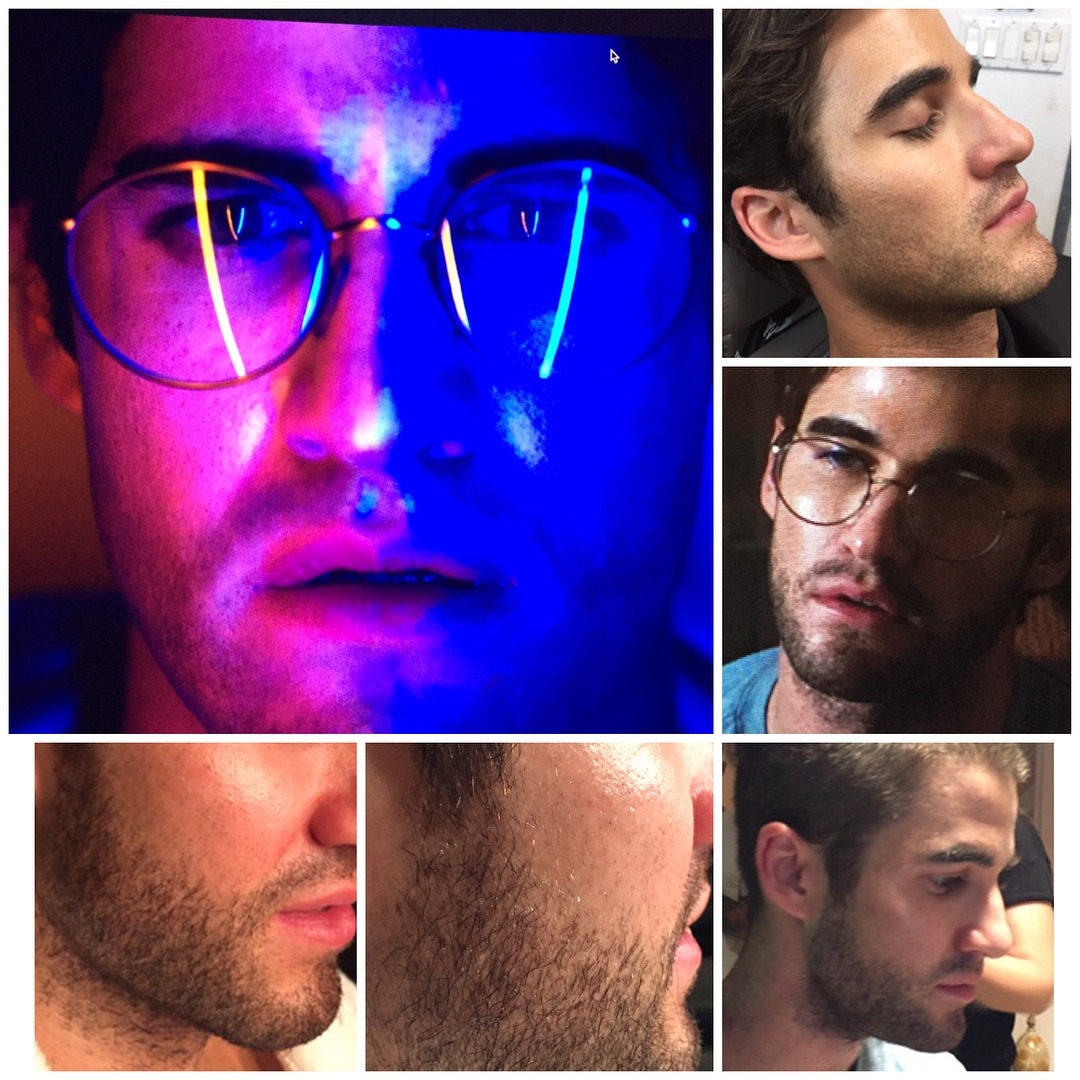Variety wrote:Mandy Moore and Darren Criss on Challenges of Stepping Into Leading Roles
June 13, 2018

Neither Mandy Moore nor Darren Criss are new to the television scene, but both found breakout success with their current roles, which showed off their range as performers. As the family matriarch in “This Is Us,” Moore seamlessly embodies a character across four decades, while Criss deftly plumbed the depths of a serial killer in “The Assassination of Gianni Versace: American Crime Story.” After bonding over a favorite track from Moore’s musical days, the two actors settled down to talk about working with visionary producers, chasing their dream roles, and coping with the responsibility of stepping into a leading role.
Mandy Moore: How did you get involved with “The Assassination of Gianni Versace”? Did you know immediately you wanted to audition for Andrew?
Darren Criss: The short version is I worked with Ryan Murphy on “Glee” for a bit. Although never directly, in the sense that, because I joined the second season. So I didn’t have that sort of “We’re building this thing together” relationship, but I was always sort of envious. I remember visiting the set of “Scream Queens” in New Orleans, and I had my 15 minutes with Ryan. I was like, “Hey man, heard you’re doing ‘American Horror Story’ with Lady Gaga. Let me know if you need like a wily bellhop on that show!”
Moore: So you just pitched yourself!
Criss: Relentlessly, without any shame. And he was like, “No, but I’m doing this crime story. I want to make it an anthology and I really want to explore this story about Andrew Cunanan and Gianni Versace. How much do you know about Andrew Cunanan?” The only reason I remembered it was because he was half Filipino and being a half-Filipino kid, it’s a thing that I would remember ’cause of we have similar ethnic background. He said he wanted to have it be a manhunt character piece, and so, as an actor, you’re like, “Sure.” The word character piece is great, not for the ego of being all about you.
Moore: Right, just for the juicy challenge of it.
Criss: Yeah, and also just having the breadth of space to dive into something. Which you aren’t always granted the luxury of doing.
Moore: And also to be seen by somebody who knew you distinctly in one light, not only to know you from “Glee,” but to know what you’re capable of. Because Andrew Cunanan couldn’t be further from what you were doing on “Glee.”
Criss: I’d like to think that he saw in me as an actor a capacity or ability. For better or for worse, who knows if I pulled it off.
Moore: You pulled it off, sir. You gave me nightmares.
Criss: Working with visionary people like that — these are people that I’m generally attracted to in life. There are strategic people who are smart and can put things together, but then there are imaginative people that can take what’s not there and see past what’s right here. And that takes a very special type of person to give people like us opportunities that we would otherwise not have the access to. So I am forever indebted to him for seeing past whatever was in front of him, being like “Here’s what I think can happen.” Which I think is kind of what happened for you, because you were also hitting the pavement, trying to do the actress thing.
Moore: Absolutely. As an actor, you never think the next job is right around the corner. You’re terrified of what’s next. Is there a next? Before “This Is Us” came around, I was at this juncture of my life where personally there was a lot of turmoil and it happened to coincide with things really kind of slowing down on the professional side. I just felt like the machine had ground to a halt, for better or worse, and I couldn’t figure out how to start it back up again. No matter what direction I took, whether it was a half hour comedy pilot or an hour drama, nothing just never seemed to find its footing.
Criss: Didn’t you have a pilot at one point?
Moore: Yeah. Never happened. It was a great idea, too. It never came to fruition. I remember I had done three pilots in a row and then the fourth pilot season, I remember that I had gone out for something that I didn’t even love, but I was like, you know what, work begets work. I want to get out there, I want to do something, even though this isn’t something I believe in, it’s a job. And I remember that I didn’t even get that. I was so devastated that even the thing that I wasn’t passionate about, I didn’t even want, and they didn’t want me.
Criss: Oh gosh!
Moore: So I had just switched agencies, and at my meeting with my new agent we laid the ground rules. We’ve been pounding the pavement for traditional pilot season for the last couple of years to no results, so why don’t we just put that to the side? Let’s table that idea and try and find strategic ways of looking for cool supporting roles on cable or other media platforms. And about two weeks after that meeting, I got his script for the untitled Dan Fogelman project.
Criss: Were you a fan? Were you familiar with his work?
Moore: Yes, I’m a huge fan of Dan’s. I loved “Crazy, Stupid, Love” and John [Requa] and Glenn [Ficara], who directed that, were also attached to direct the pilot. I had also worked with Dan on “Tangled” so knew each other, sort of more peripherally. We weren’t in the same room a ton. With animated films, there were 20 people at my recording sessions and he was one of them, but we didn’t have a ton of interaction. I think a lot of people are like, “Oh, you worked together on this project so obviously he just offered the role to you,” and it couldn’t have been further from the truth. So I read the script and immediately called all my folks and was like, “What do I have to do to be a part of this?”
Criss: So you really chased it.
Moore: I chased it hard, and it was at a really tough moment in my life professionally. I remember I went in early and I felt OK about the audition and the feedback was like, “They really liked you, but you were one of the very first people that they read. So now they’re going to go to New York and read a ton of other girls and we’ll get back to you.” So I waited about five weeks, I think, and I had sort of forgotten about it, as you do. You move on. And I got the call that they’re going to bring in a handful of actresses and a handful of actors to do chemistry reads together. And one of the guys was Milo [Ventimiglia], and I remember hearing, “Milo’s the guy to beat.” We didn’t know each other, so it was we had to jump right into being husband and wife and this couple that really anchors this entire show. I loved him immediately. I felt comfortable with him immediately. And that was it.
Criss: You are a narrative and literal anchor of the show. Did you know that was going to be the case?
Moore: I had no idea the breadth of the character. I did know how the story was going to be told, ultimately. Dan, he’s the greatest boss ever. I feel so lucky. He wears his heart on his sleeve. He is the most wonderful guy, because he’s the most unassuming, too. He gets really excited about things and he was super excited while we were shooting the pilot about starting to regale Milo and I with ideas of where the show is going to go in all these different directions. And I was like, “No, no, don’t tell me because what if this doesn’t happen and then I’m going to be so upset.” When I got the role, he was like, “Don’t worry. I know it doesn’t seem like it’s a lot on the page for this first episode, but she is the mother and she is the matriarch of this family and it’s going to get good.”
Criss: It’s nice that he told you that.
Moore: Totally, but I would have done it regardless. I was like, “This is such exquisite writing,” and when we did the first read through with the cast, I was like, everybody is so exceptional. I would have been a part of it, just had I been a tiny fraction of the show.
Criss: Is this the first time you’ve been a leading character on a series? Obviously in films, you’ve done all that.
Moore: This is the first time I’ve ever really done a series. … It’s a machine, but I love it and as you well know, when people embrace the work that you’re doing and embrace these characters, you recognize and are humbled by the idea that you are in people’s homes. It’s so different from the experience of being in a film where people go somewhere else to watch you on the big screen.
Criss: And then they leave, whereas you have a weekly presence.
Moore: You have a weekly presence in someone’s home and you’re in their hearts and their minds and people will stop us on the street and they want to be vulnerable. They want to get into the nitty-gritty of how they relate to these characters in the stories. It does feel like a huge debt of responsibility that I never really thought about until I was in this position, but it’s beautiful. I love that I get the chance to traverse all of this territory of playing this woman from 22 to 68.
Criss: You look good at 68. She really does. You’re in for a treat.
Moore: I mean, I don’t know if I’m going to age that well, but I’m trying to borrow all her secrets!
Criss: Did you feel a responsibility as sort of the quarterback, as a leading character? I don’t want to get into the bureaucracy of call sheets, I know that stings some people.
Moore: Not to me, but yeah.
Criss: But you know, for some people there’s a real sort of pecking order.
Moore: There’s no pecking order for us. We definitely feel like Mom and Dad. Milo is No. 1 on the call sheet, and it very much feels like he’s Dad. He knows everything that’s going on on set. And to that sense, to that degree, I feel like Mom. I’ve never played a wife before. I’m not a mother, so to suddenly have this insta-family, having three children in all these different iterations; from babies to toddlers to teenagers and 10-year-olds and adults, I have to have an individual relationship with all of these different kids and the adults, and I felt daunted by that. And most by the prospect of playing a 65-, 66-year-old woman. I have no point of reference. I have no point of reference in playing a mother, in general, but an older grandmother who is a widow, who also lost a child early on in her life and now is remarried to her husband’s best friend. It is four different characters in one, which is such a treat and a delight.
Criss: Hits all the buttons, man. I want to be in that family! I also know what happens, so I know when to leave the house or to turn the cooker off.
Moore: Don’t leave the slow-cooker on! [Laughs.] What I want to know from you though, is this tremendous role, which you are so brilliant in, and terrifying and manipulative and conniving in, how did you find playing the lead character? How did you get in the mind-frame of taking on a leading character and all this responsibility that you had, and did you know how it was going to unfold?
Criss: It was cool that it wasn’t all about Andrew because when it is about Andrew, it’s just his narrative. I liked that it was juxtaposed against another brilliant mind with a different set of buttons. I liked that juxtaposition of the two of them, so if it was just a me-me-me thing, it would have been a little more scary. Edgar Ramirez and I became very close throughout this whole process because it was this sort of parallel character study, the Great Destroyer and the Great Creator. We’re juxtaposing them against each other and even though most of our stuff was shot without each other, there was so much that crossed over thematically. So I did feel like I had someone to lean on personally in the storytelling. Even though we weren’t shooting actual things together except for little bits.
Moore: That’s so interesting.
Criss: I really liked the fact that the character piece is almost a two-hander. But that’s on a grand scale because each episode is sort of its own little play. It was almost like shooting a new act, every time. Similar to you, even though I had done a series for many years, “Glee” itself was an anomaly. Imagine all of those bootcampy things, between recording and going to dance rehearsal and all that stuff. So doing that for eight different numbers a week for 22 episodes every season for like six-some odd years, that’s its own little animal. I kind of liked it because I’m a masochist like that way. I enjoy people being like, “This is going to be hard.” I’m like, “Bring it!”
Moore: You didn’t strike me as the type to play a serial killer.
Criss: I really did enjoy it, truthfully. This was the first time I’d ever been a part of something where Ryan Murphy had really directed me. This was the first time we were making the dough and creating the thing and getting in the trenches and asking the questions and finding or searching for the answers. So that was really cool because it was the first time I was in a position to set a tone on set. It was a dark show, and I’m a pretty goofy person. But how did I get in the mind-set? When people say stuff like, “Oh my God, it’s so terrifying, it’s so creepy,” as you know on set, these moments that you’re playing whatever extreme they are, whether they be the extreme of anger or sadness or love or woe or any sort of, dial at 11 of any given emotion. They are quieter, simpler moments on set, but when you add the cocktail of the extra close-up and the music and the pacing, it sort of changes everything. I remember the things that have been truly terrifying in the show, I go, “Wow. I think that’s way more scary than I remember.” I think the things that really scared me, or the things that were really severe were those much quieter moments in between.
Moore: The ones that made you real uncomfortable.
Criss: Those were the things that got me. I’m not in control of that curation, and they did a marvelous job to really make an intense, exciting, thrilling show. But the moments I latched onto with Andrew were much quieter, whether they were scary or really happy. The thing for me with Andrew was latching on to the best parts of him because there were really a lot of lovely, promising things about him which, to me, is the tragedy that this wonderful guy that had so many gifts…
Moore: Happened down such a dark path.
Criss: That’s the tragedy. It’s not the actual tragedy that we’re looking at, it’s the fall from grace that to me, just broke my heart.

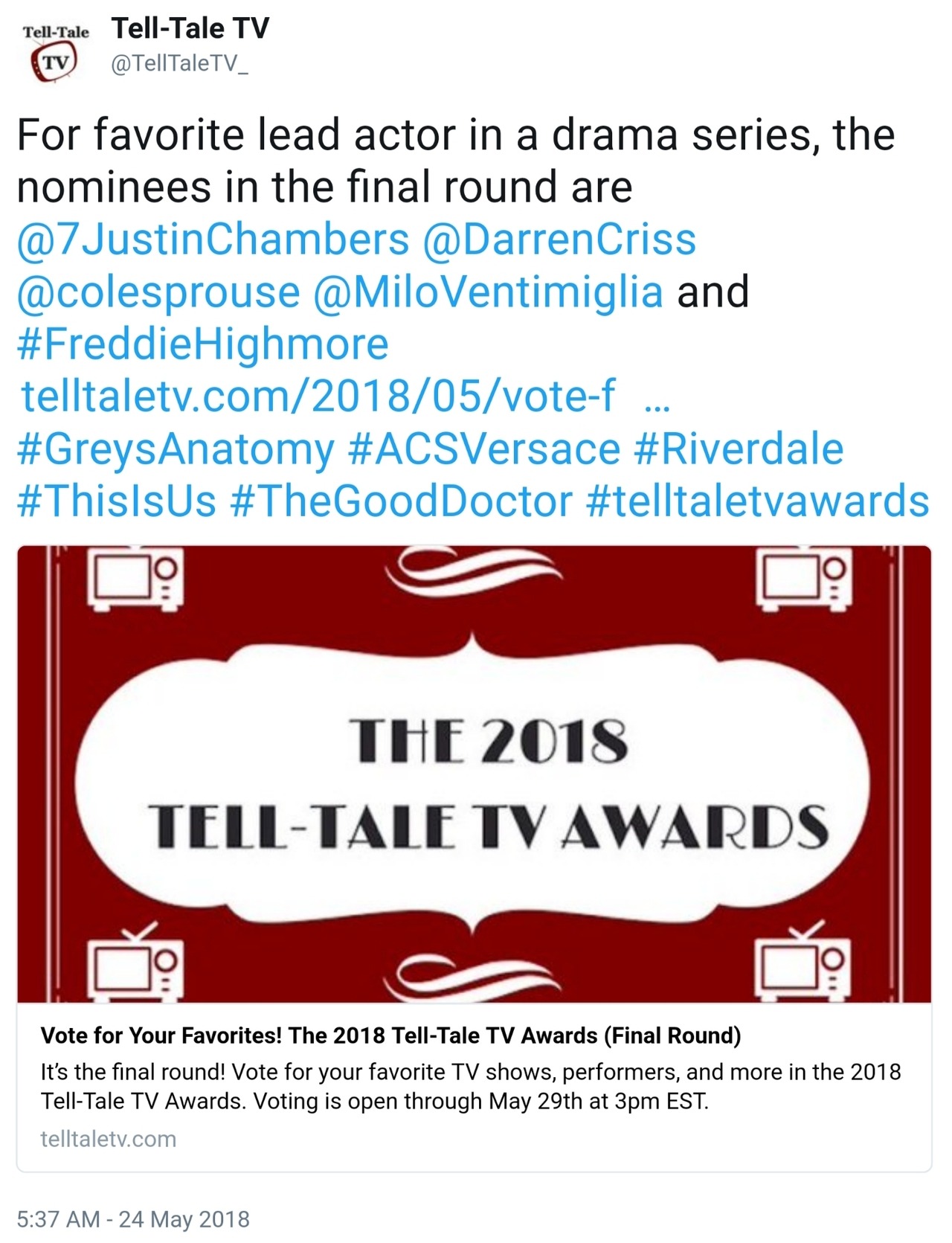

 Home
Home


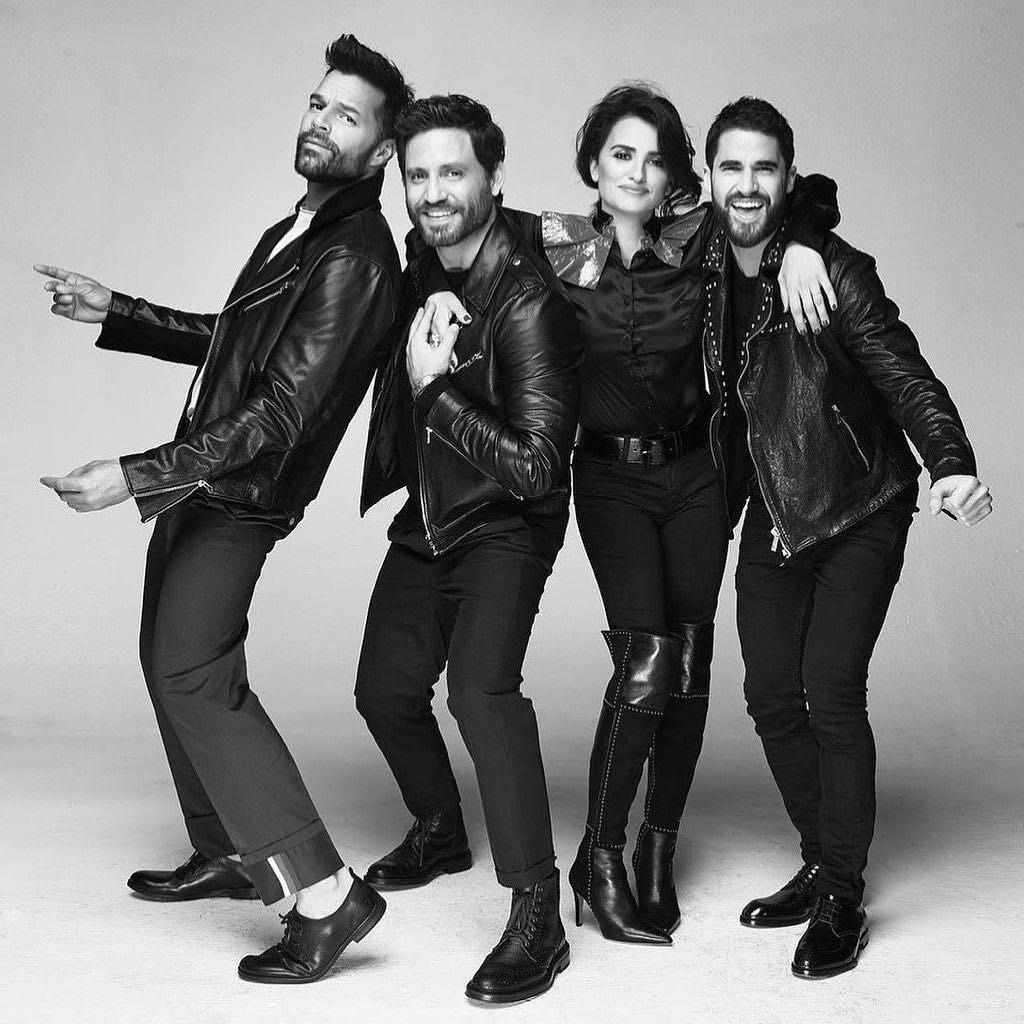
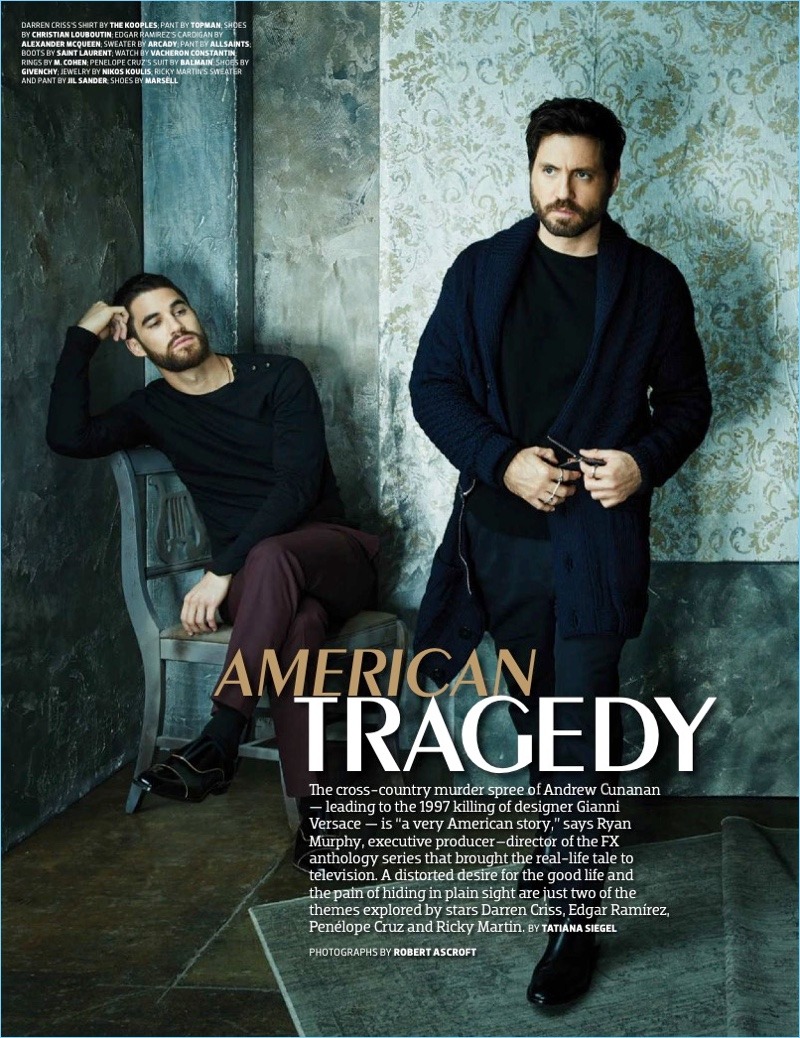
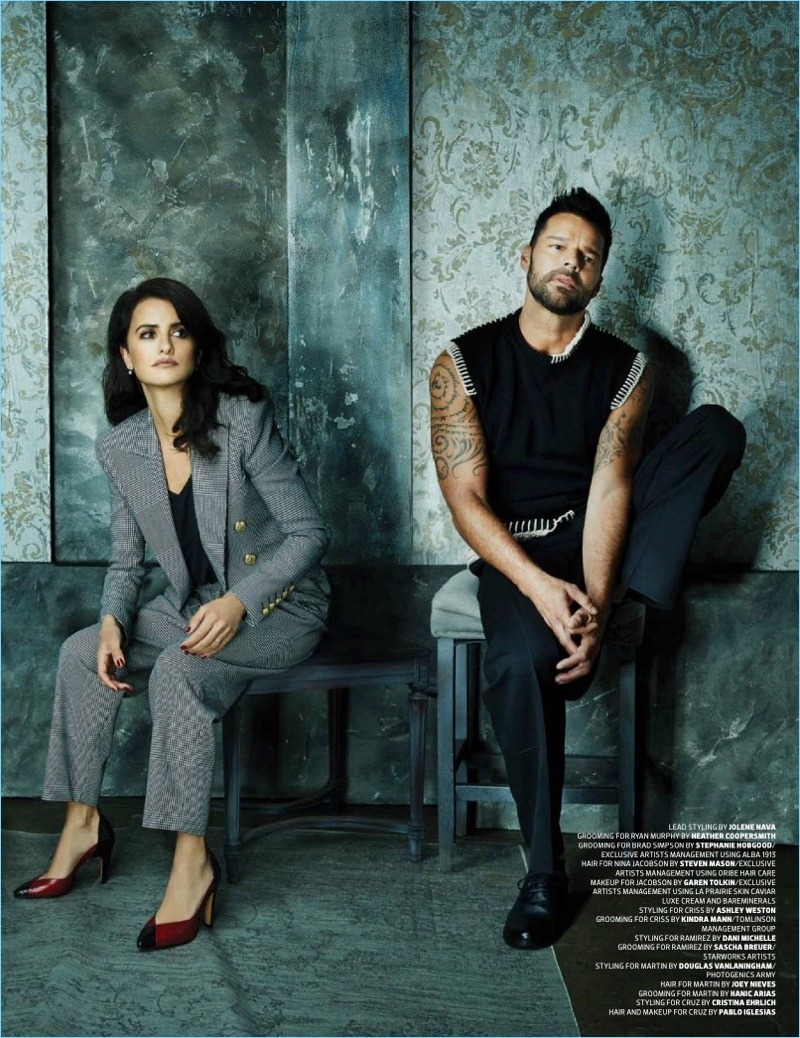
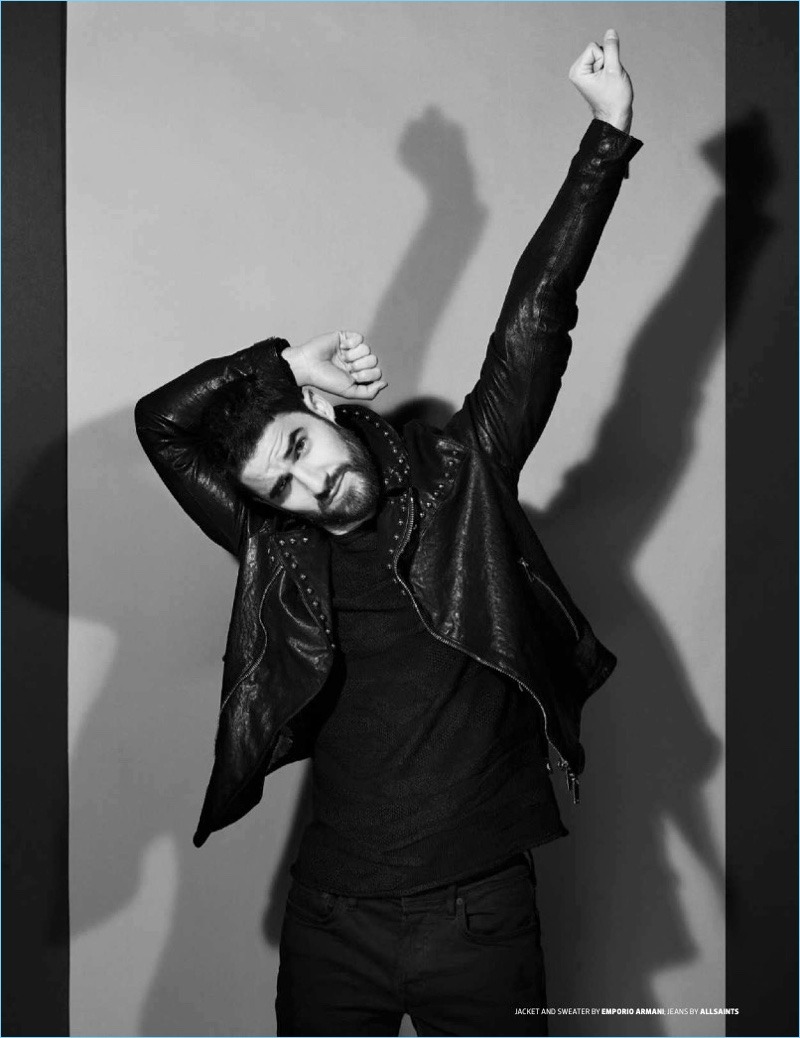
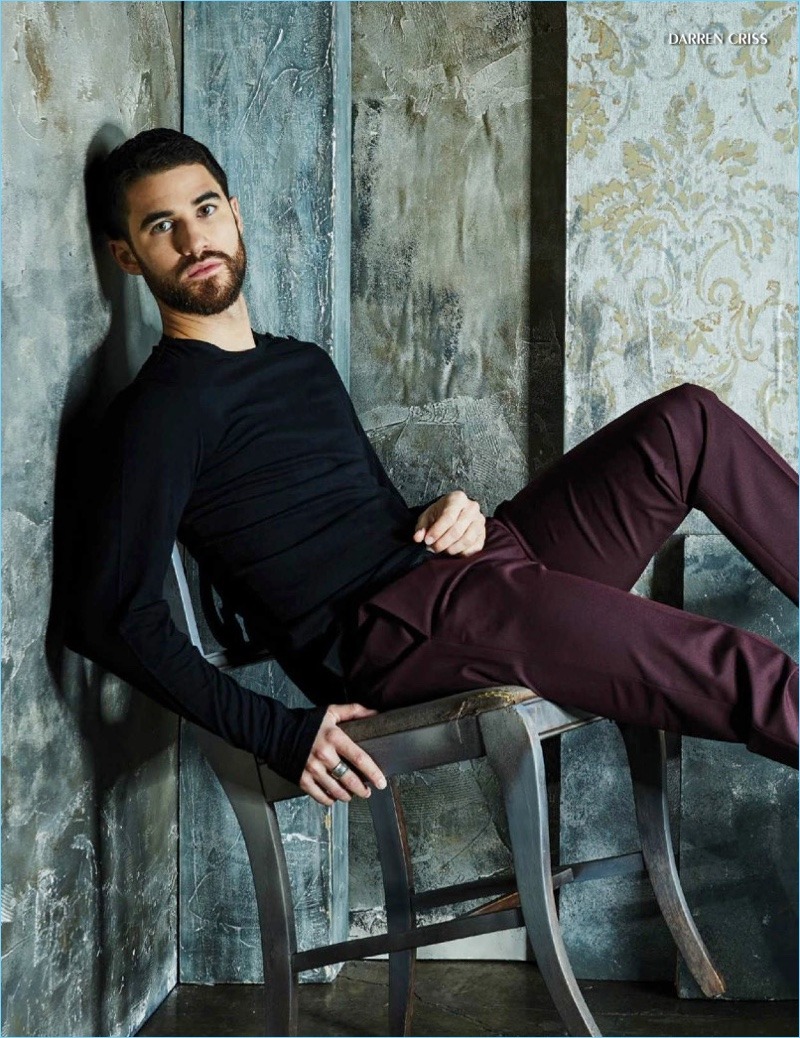
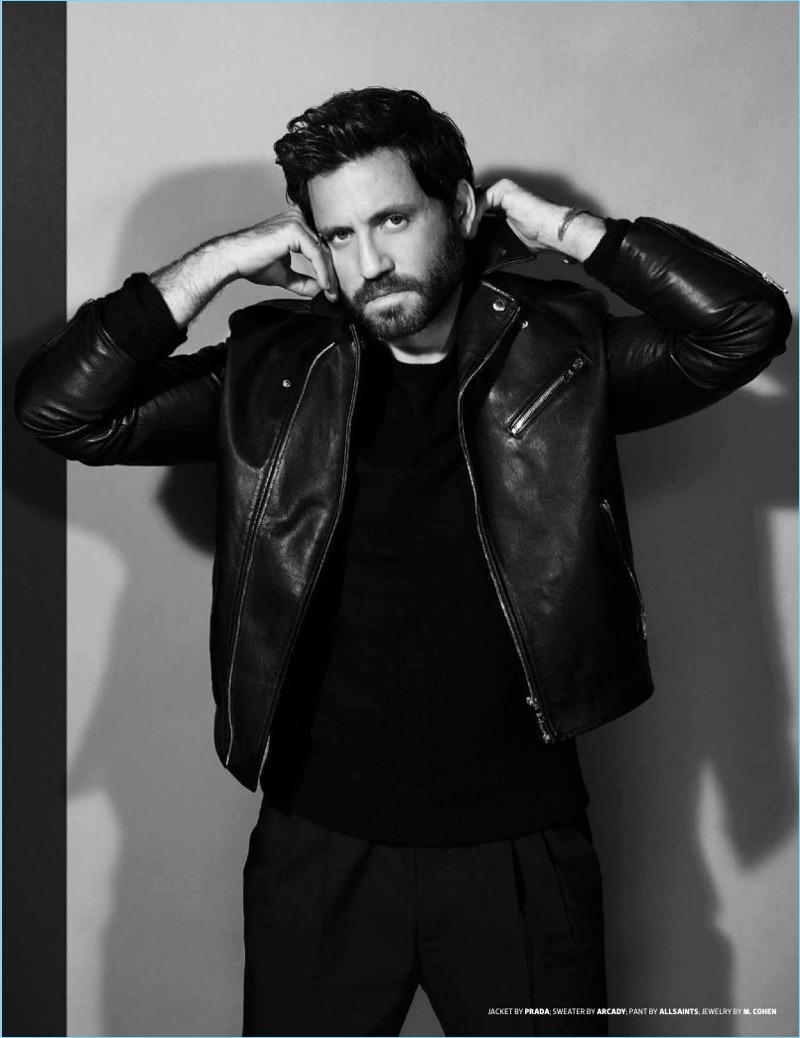
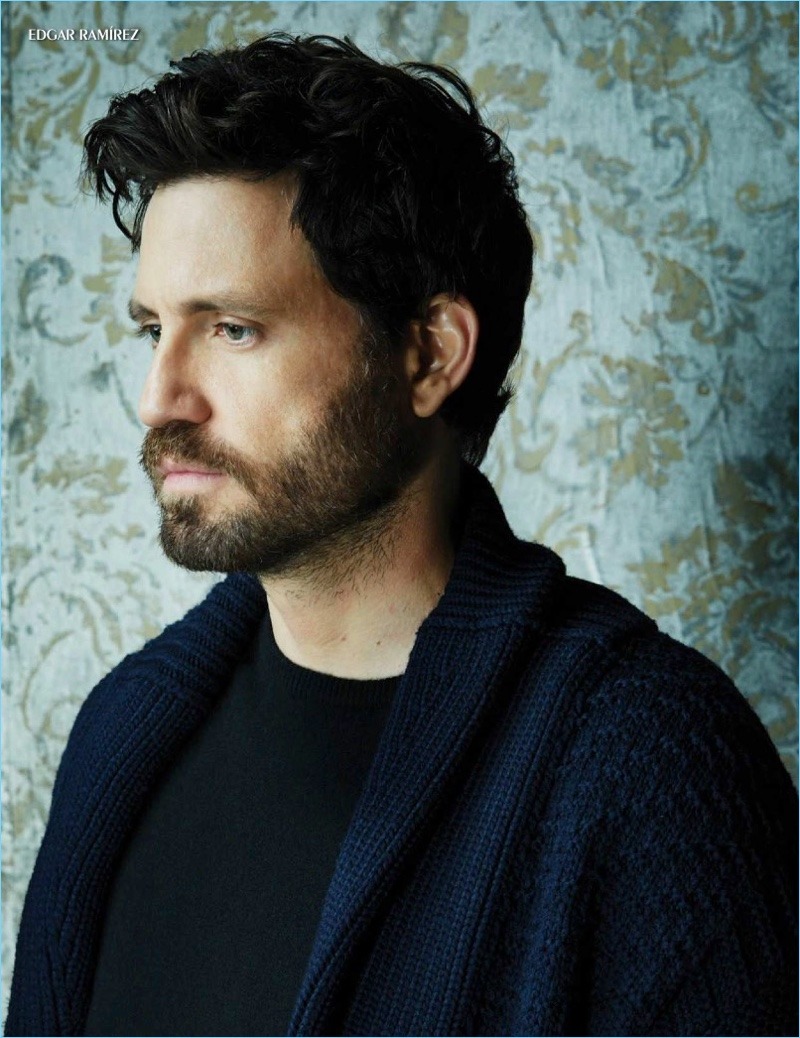
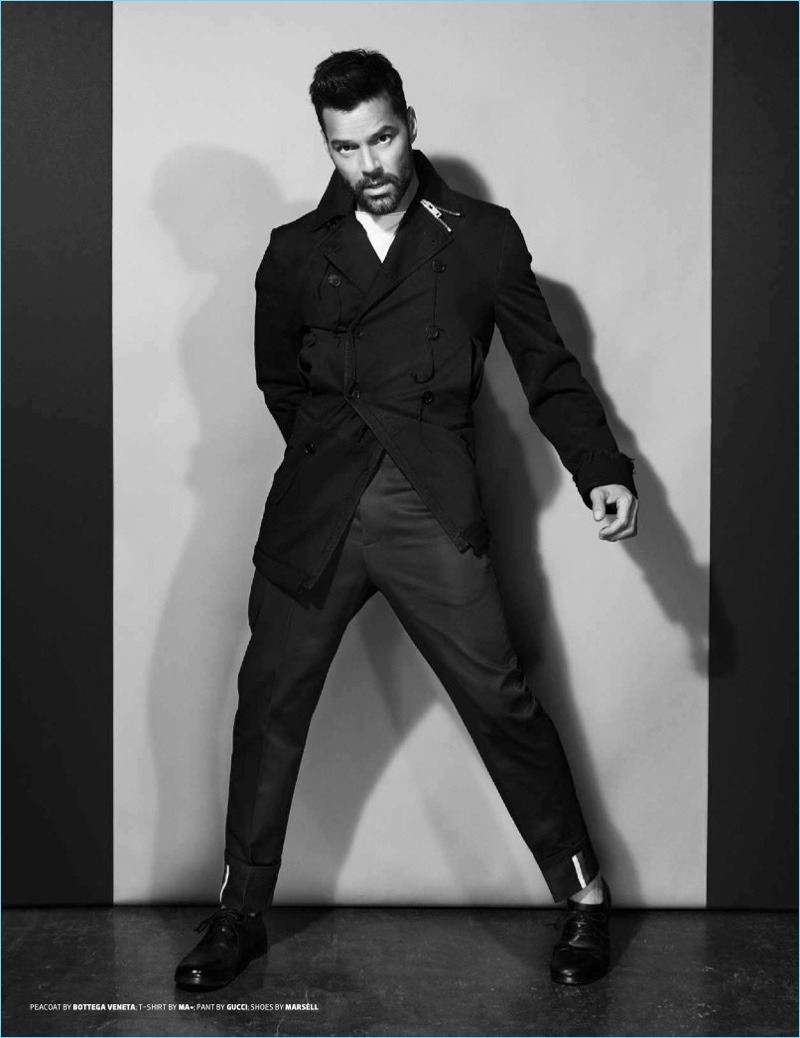
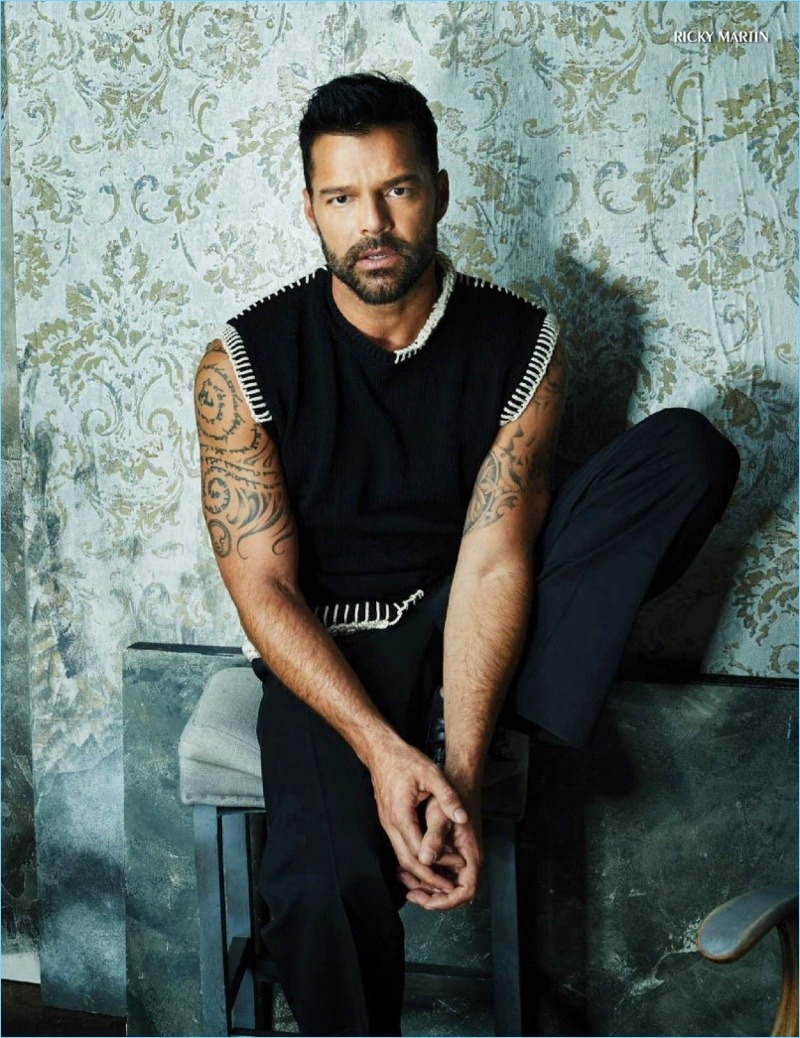
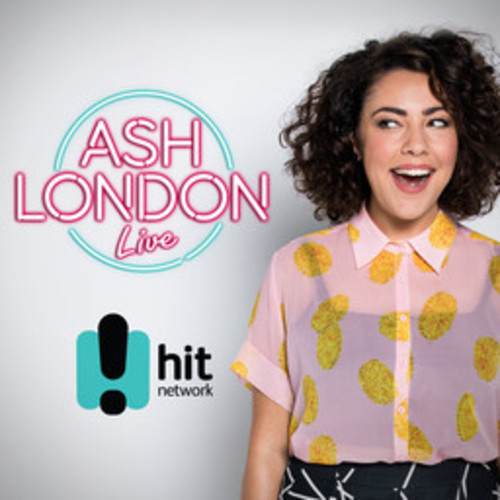
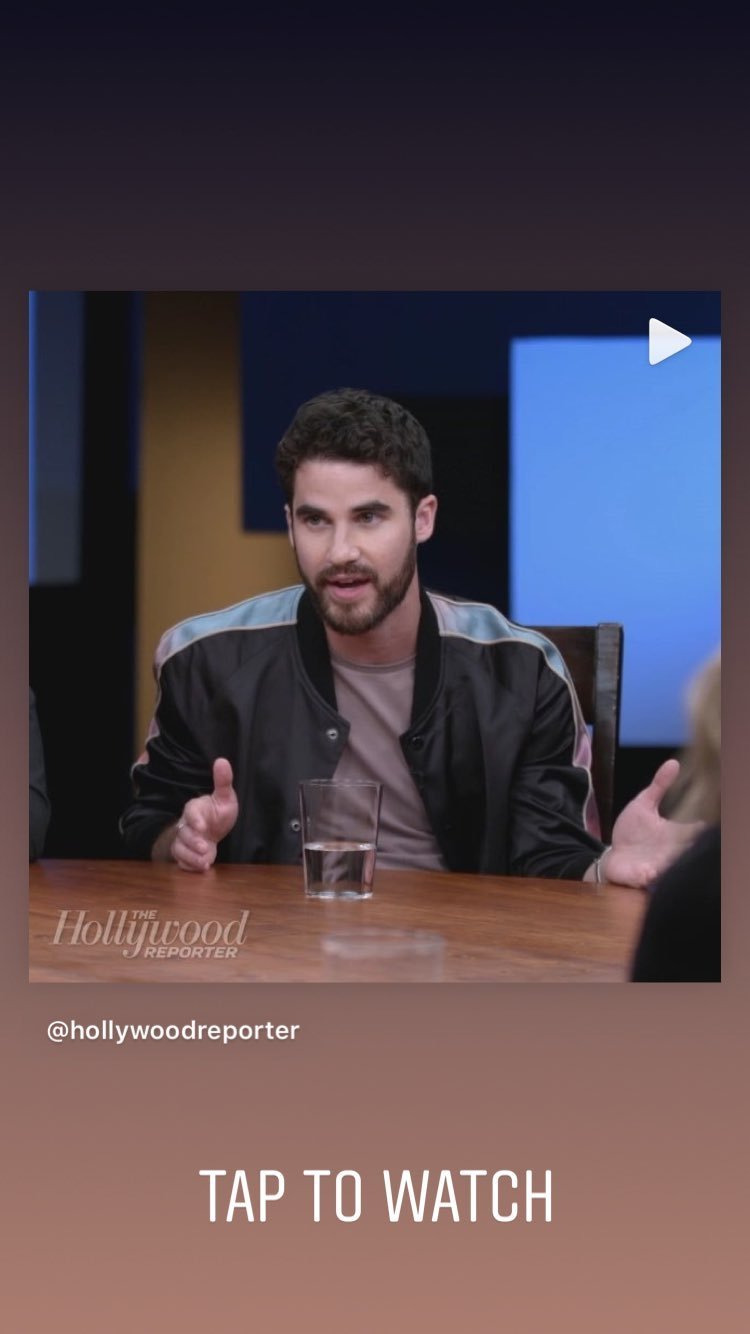
 I saw the other actors nodding their heads when Darren talked at the beginning of the video about how playing a real-life person who caused so much tragedy to real persons --sons, daughters, cousins, husbands and wives--affected Darren. It threw me when he said that weighed on him "a little bit," because it seemed what he just said would lead to us concluding this issue weighed on him more than a little bit. But I understand what he meant when he said this is the type of project that actors really value and strive to be a part of. I loved what he said about the "Me Too" movement and how other social issues affect the stories that Hollywood is telling. Well done, Darren! It must have been a bit intimidating to be taking part of a high profile discussion with respected actors, many of who are veteran actors--and Darren did a good job articulating his views. I also enjoyed THR video focusing on why Michael B. Jordan originally turned down "Fahrenheit 451" (his notebooks that he wrote for his characters also are really fascinating--how he really gets into the head of his characters).
I saw the other actors nodding their heads when Darren talked at the beginning of the video about how playing a real-life person who caused so much tragedy to real persons --sons, daughters, cousins, husbands and wives--affected Darren. It threw me when he said that weighed on him "a little bit," because it seemed what he just said would lead to us concluding this issue weighed on him more than a little bit. But I understand what he meant when he said this is the type of project that actors really value and strive to be a part of. I loved what he said about the "Me Too" movement and how other social issues affect the stories that Hollywood is telling. Well done, Darren! It must have been a bit intimidating to be taking part of a high profile discussion with respected actors, many of who are veteran actors--and Darren did a good job articulating his views. I also enjoyed THR video focusing on why Michael B. Jordan originally turned down "Fahrenheit 451" (his notebooks that he wrote for his characters also are really fascinating--how he really gets into the head of his characters).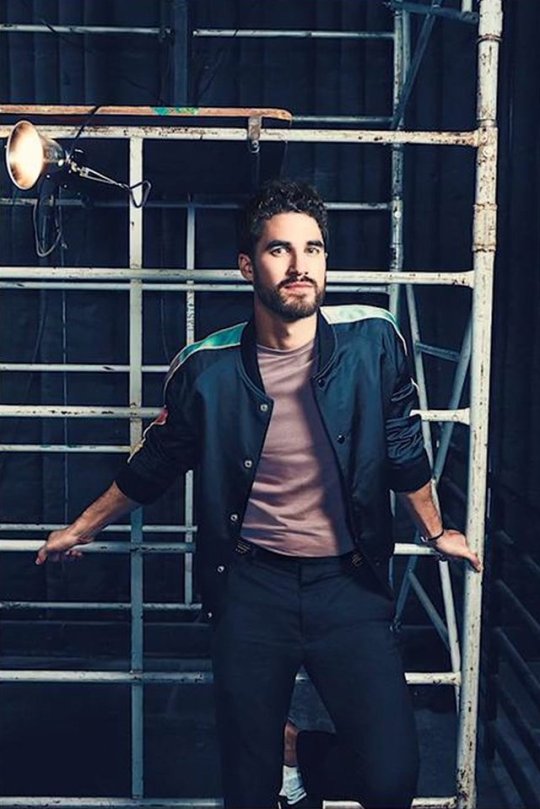
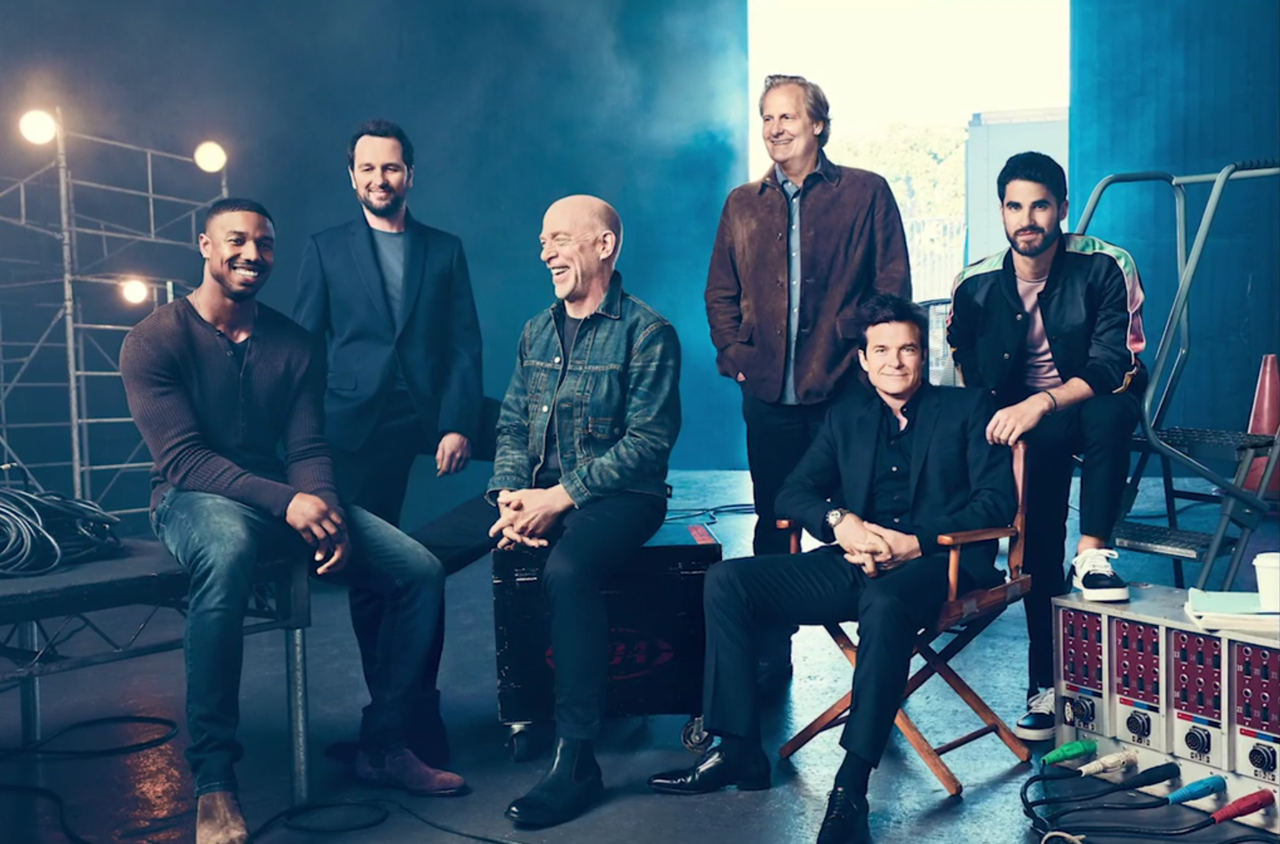
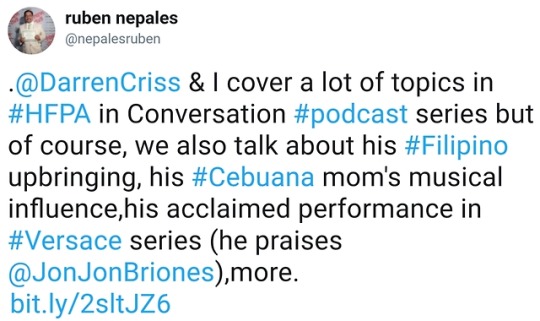
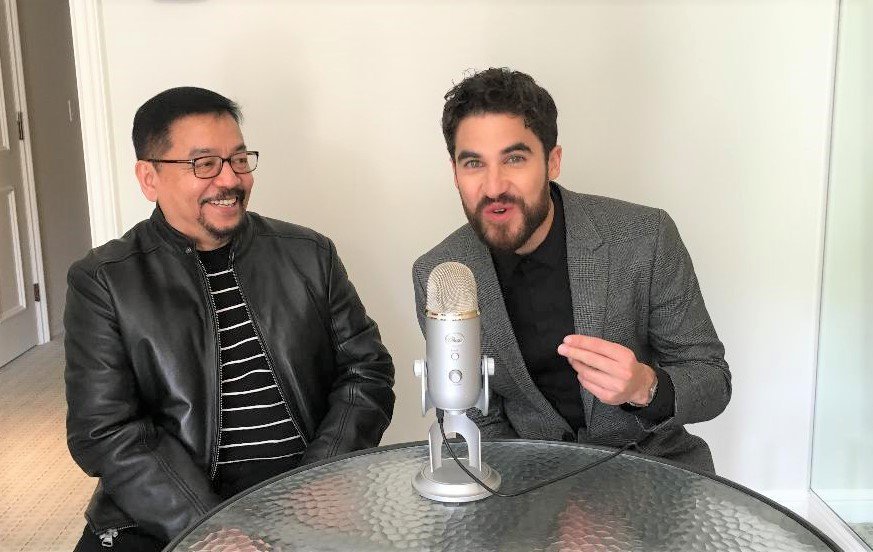


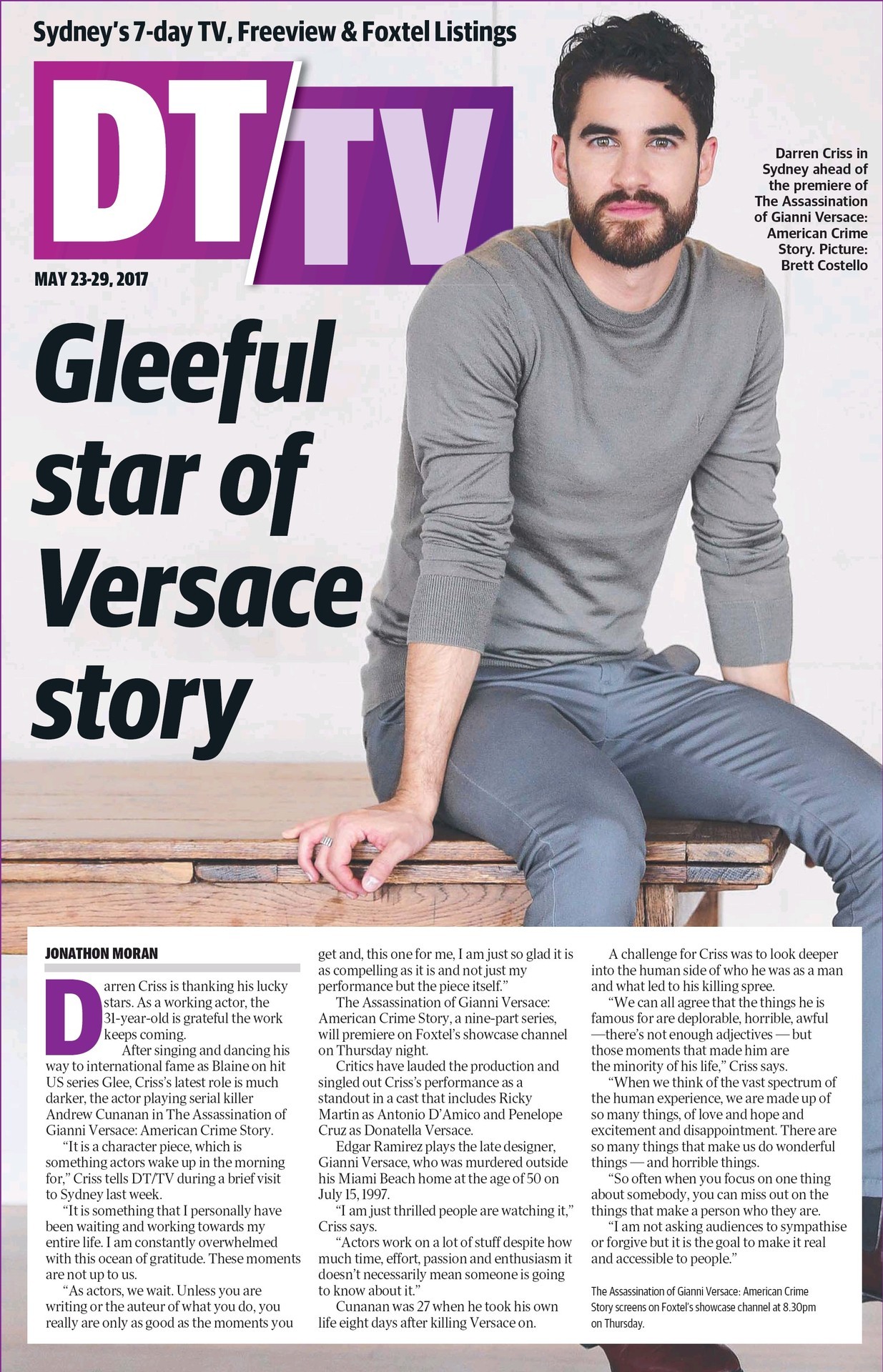
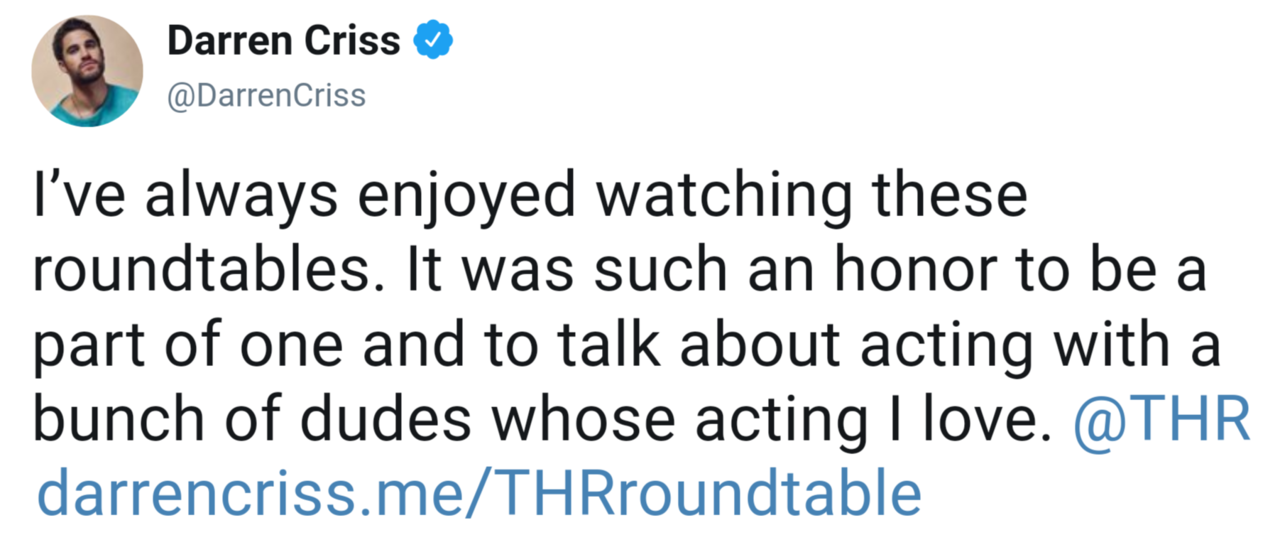
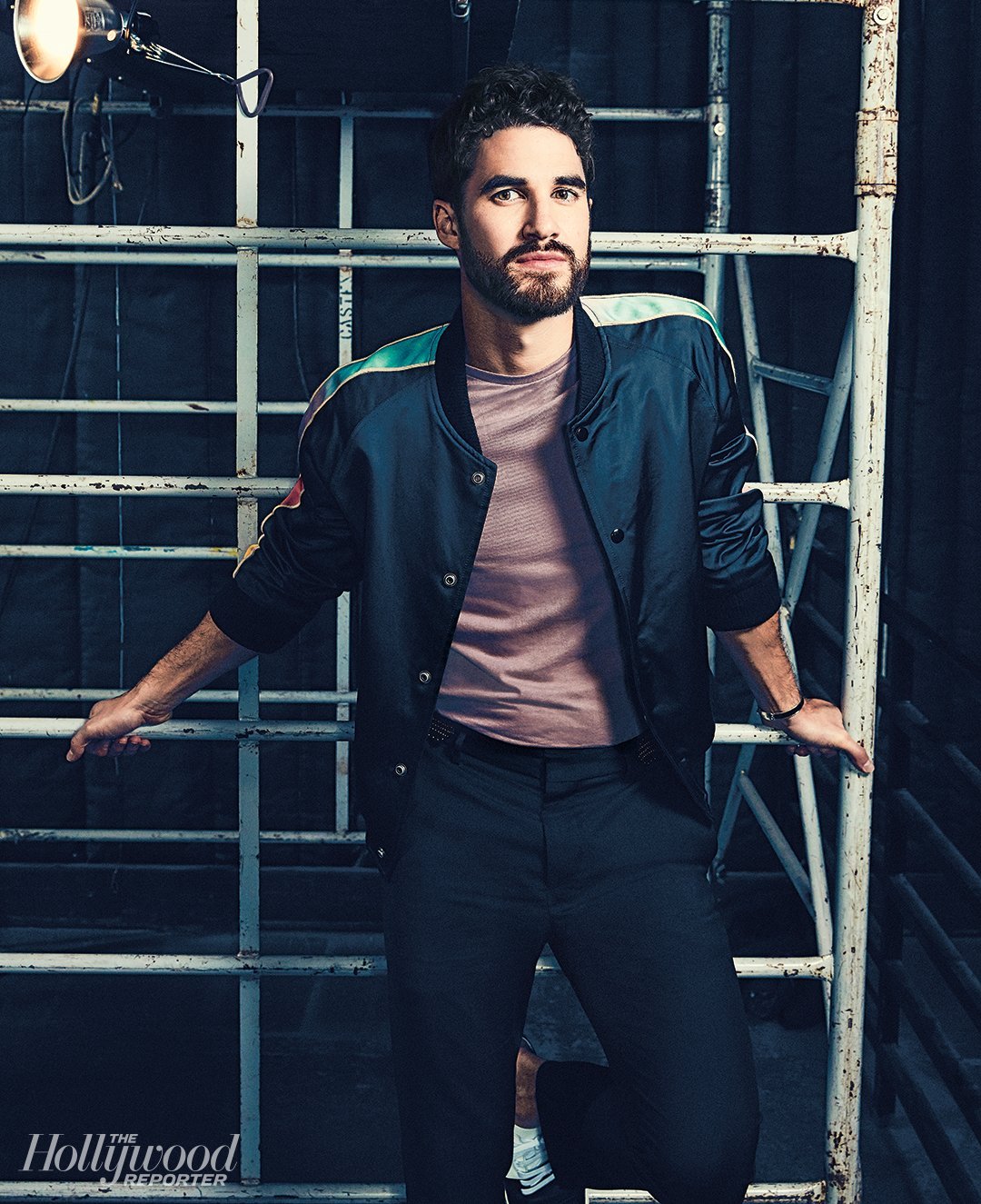
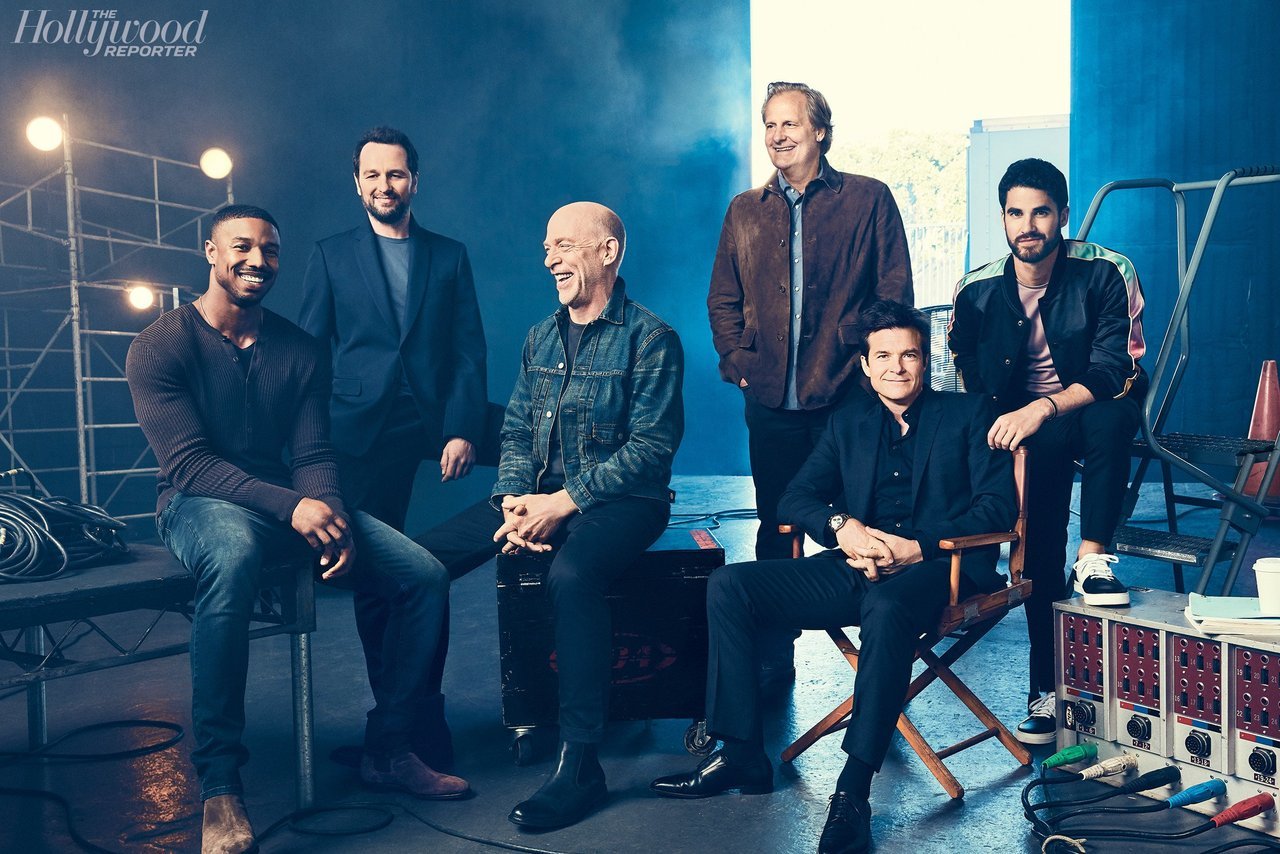
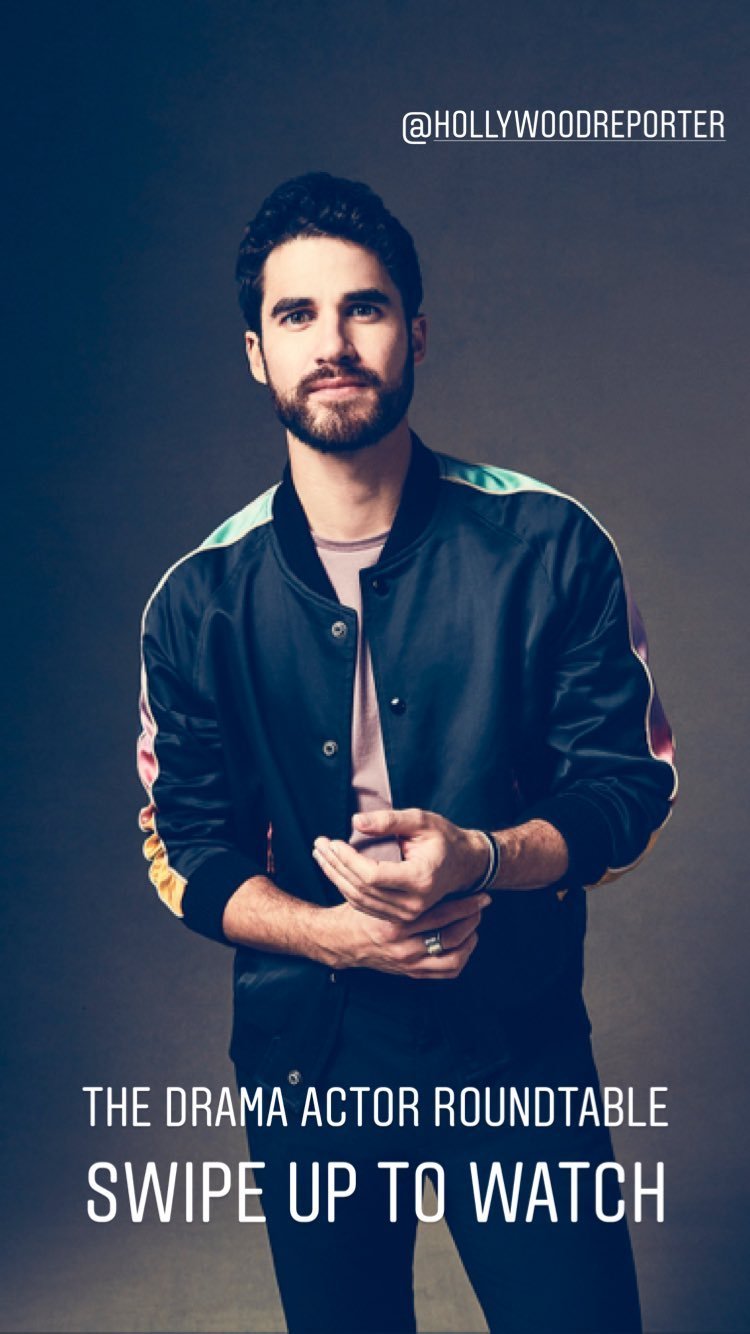
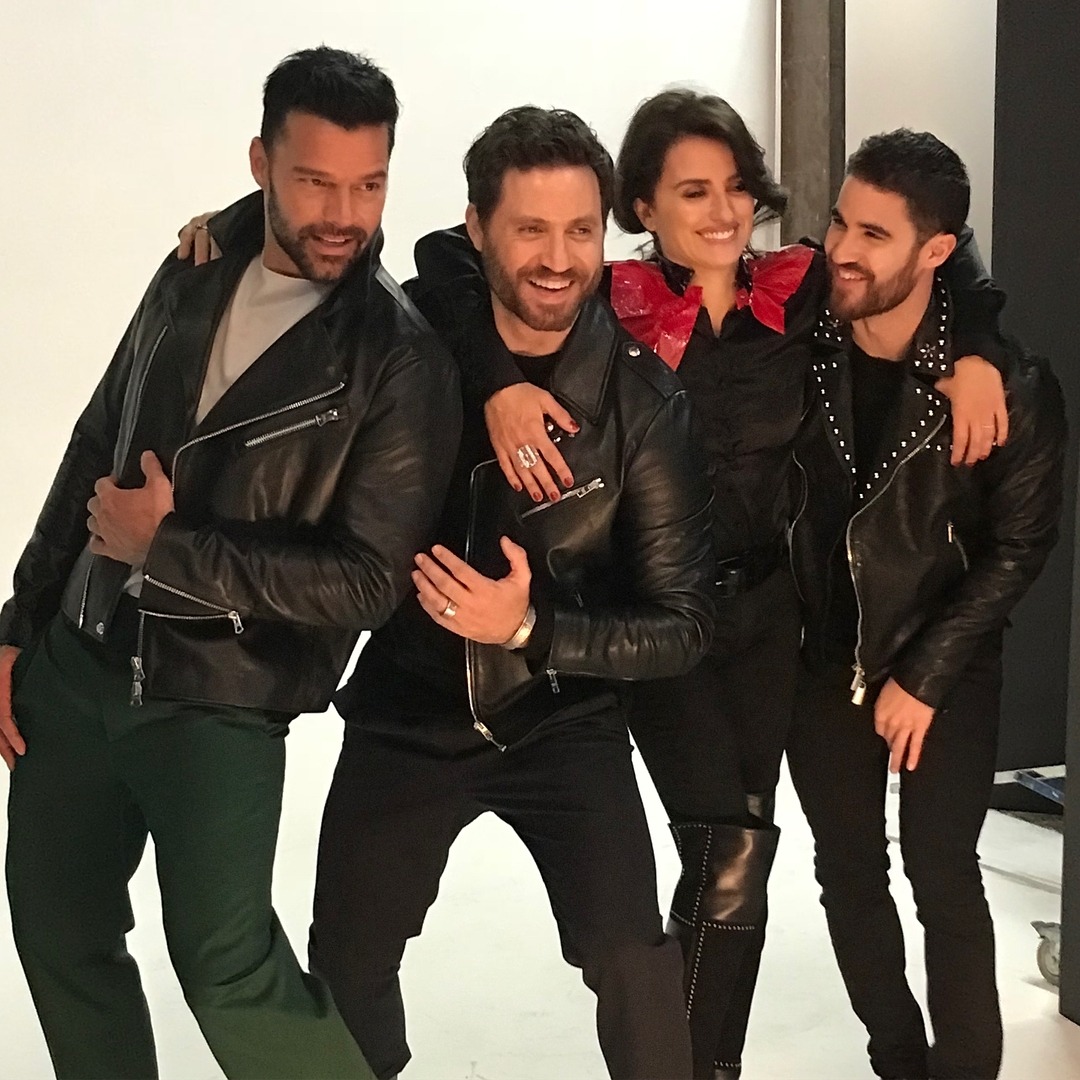
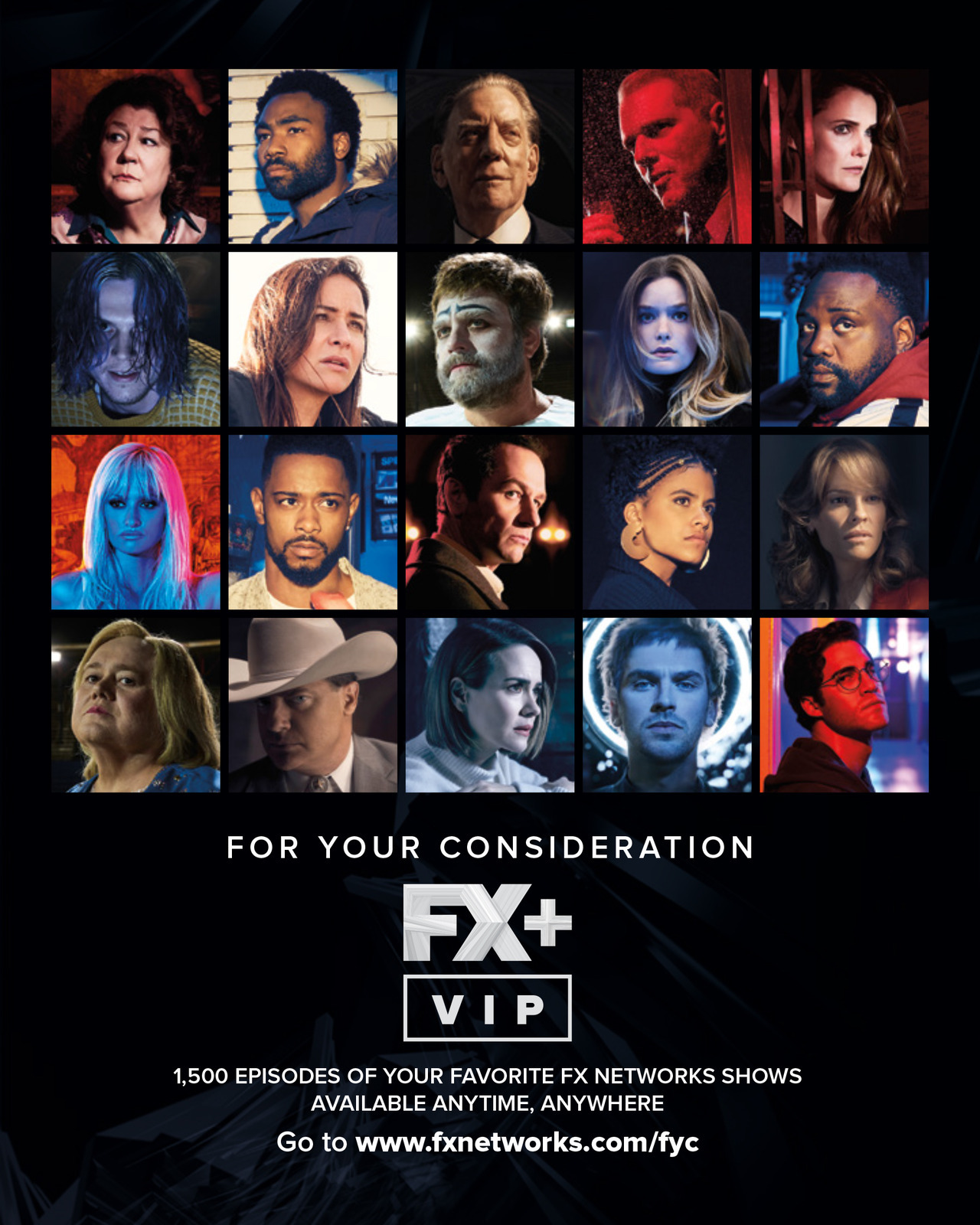
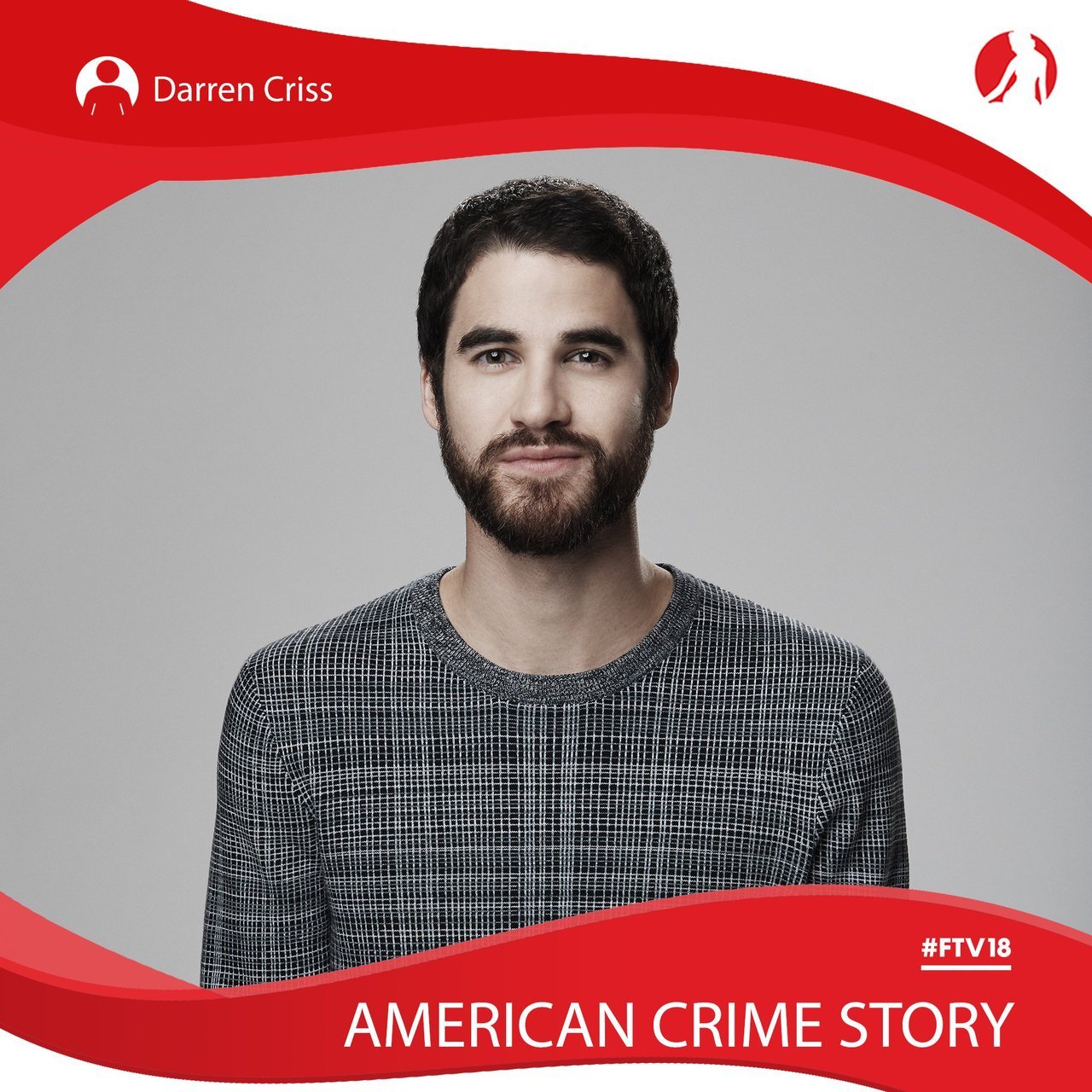

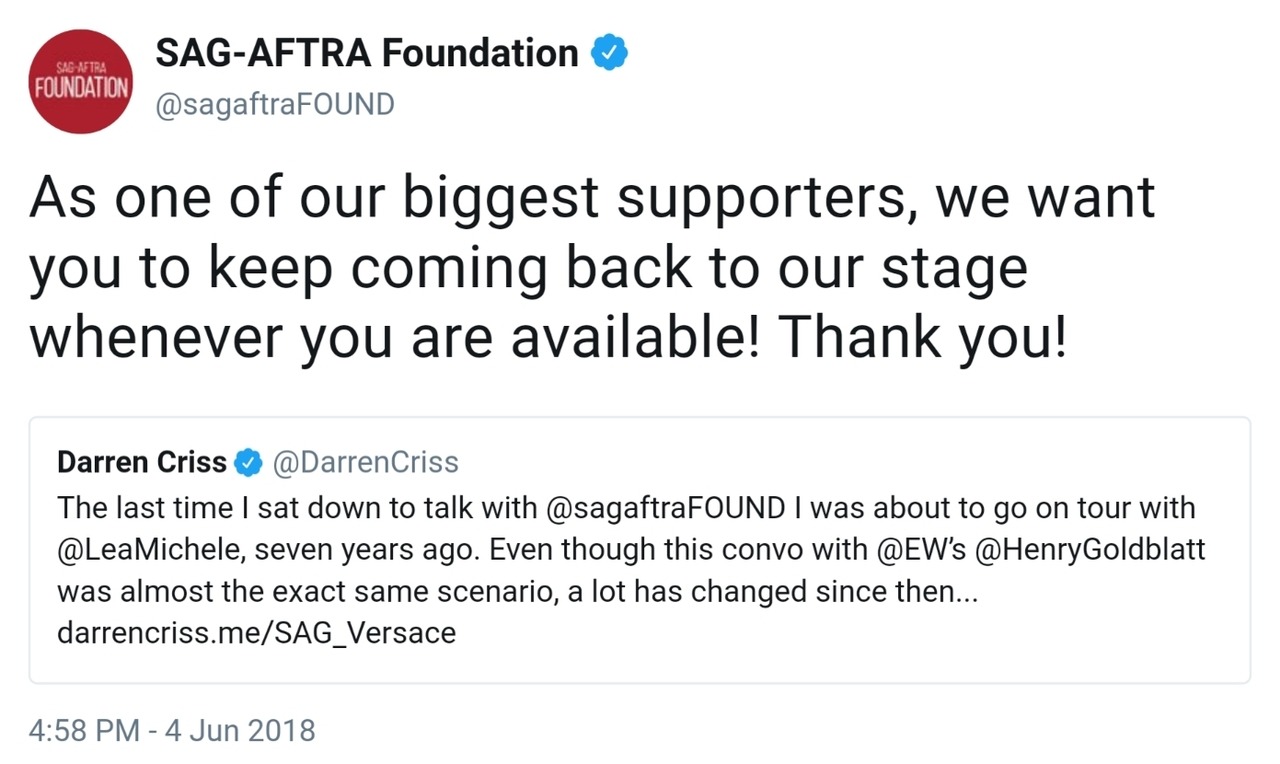
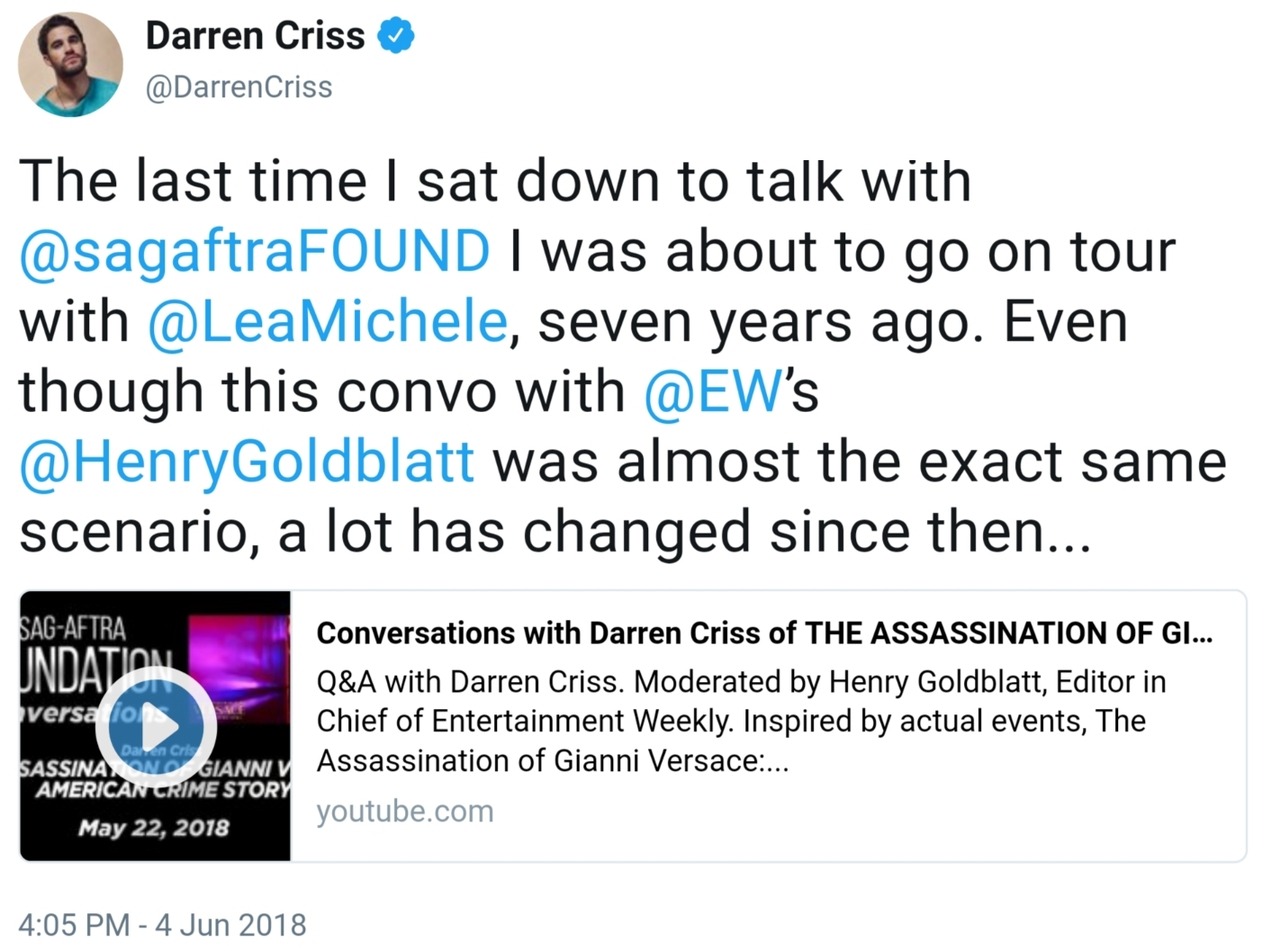

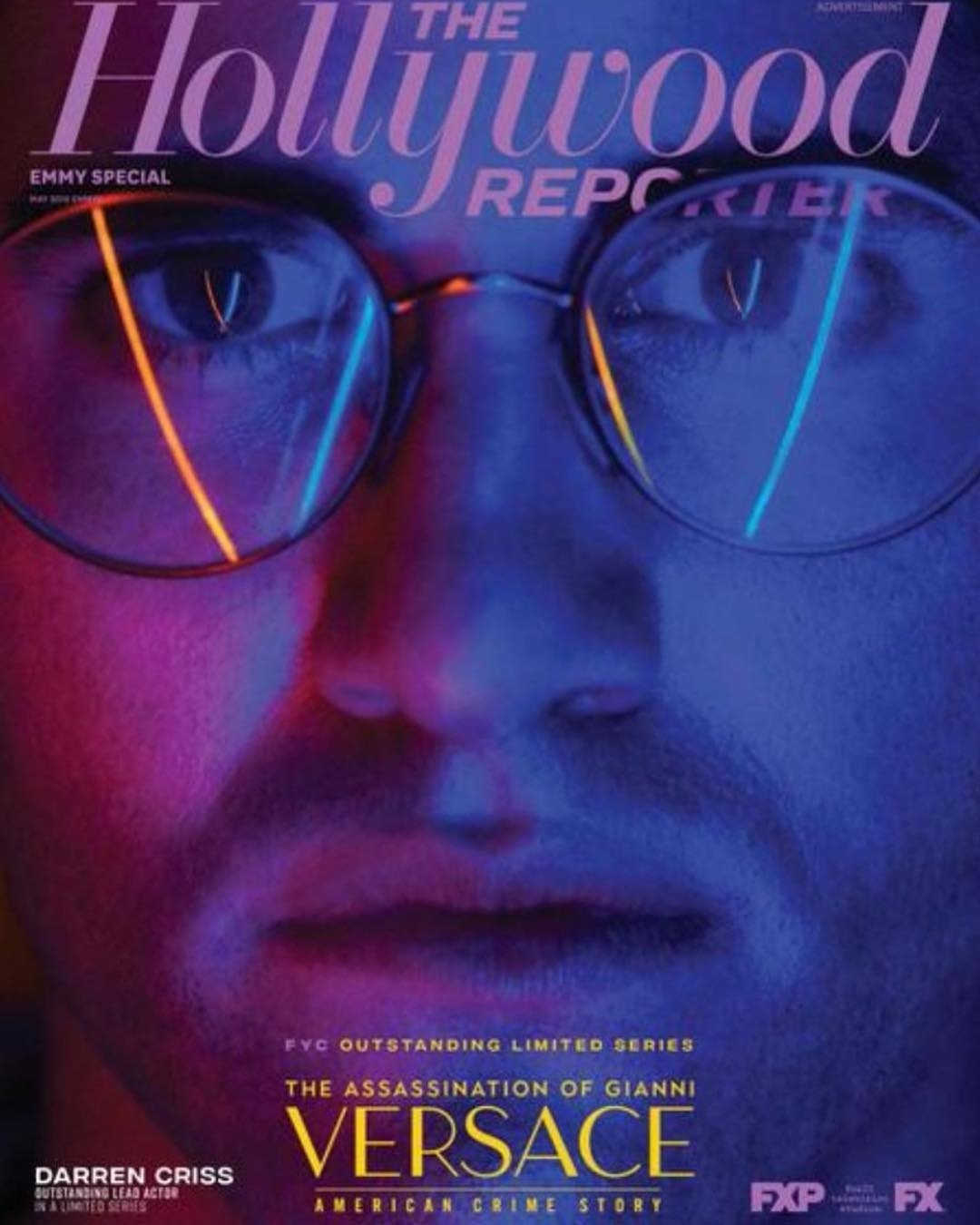
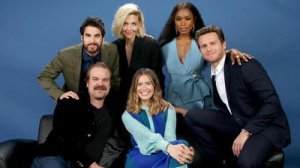
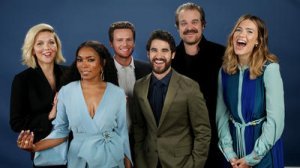
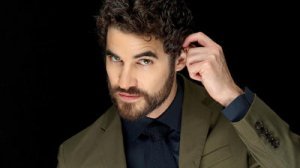
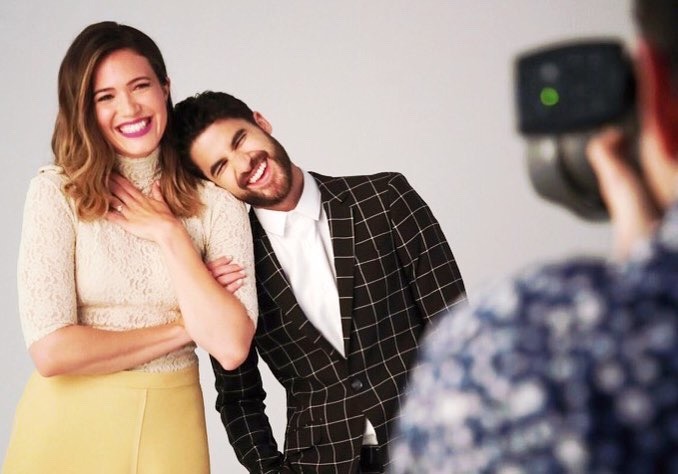
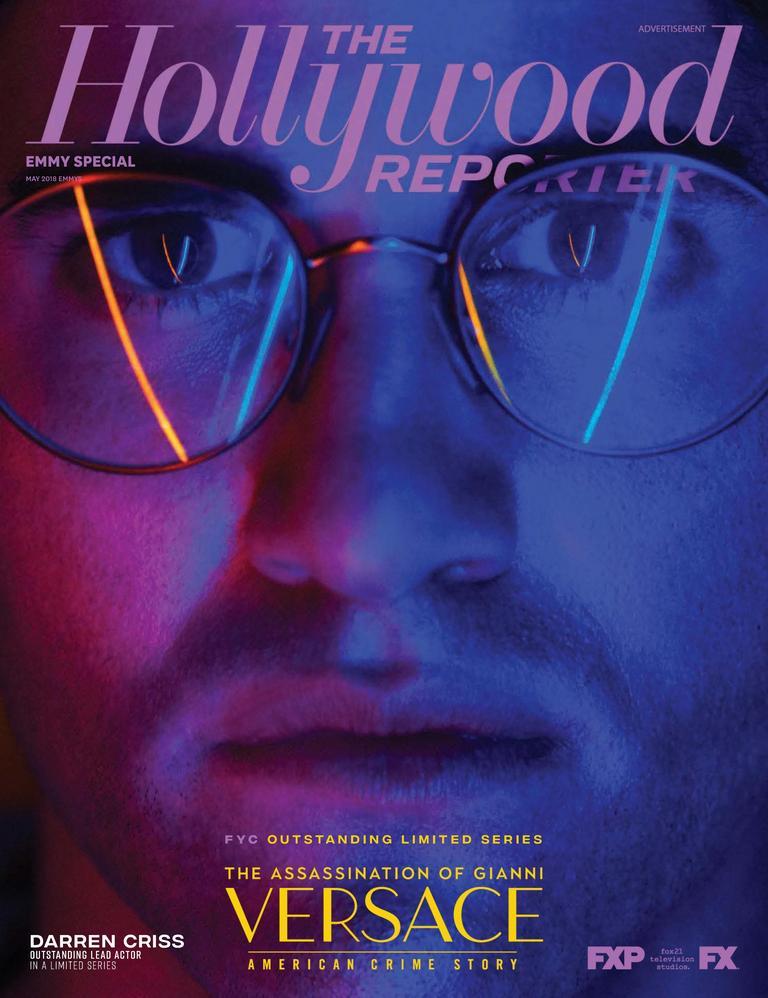
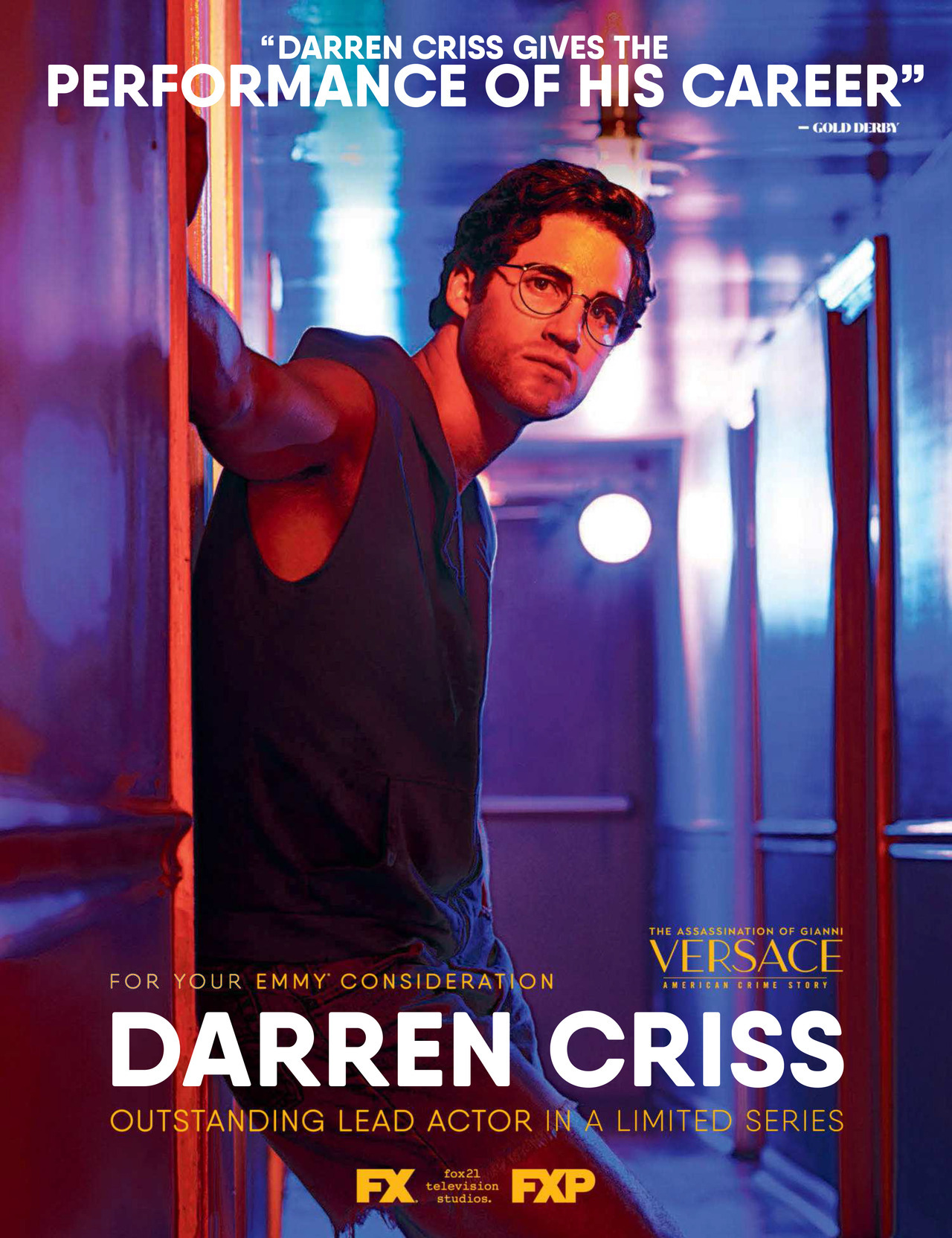
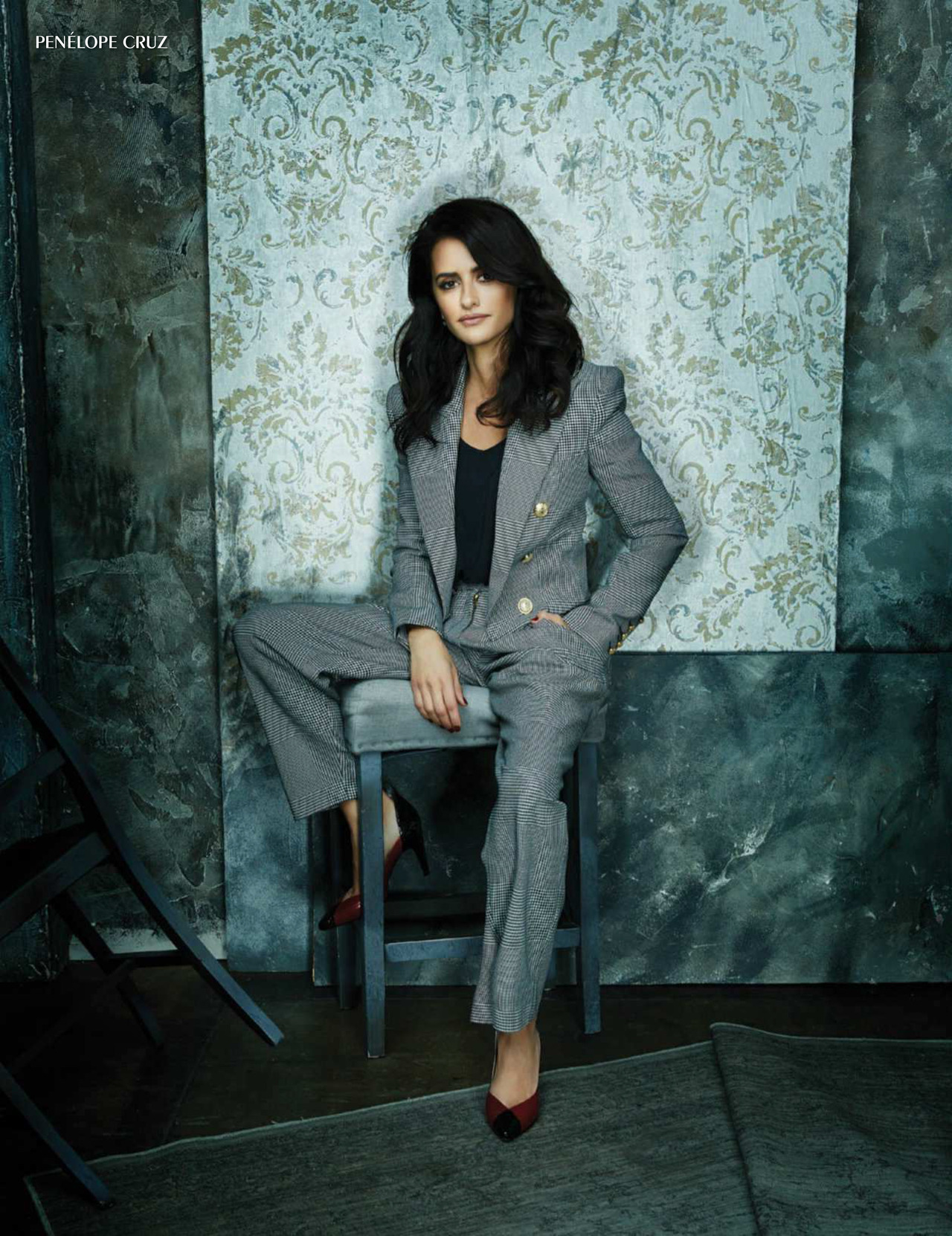
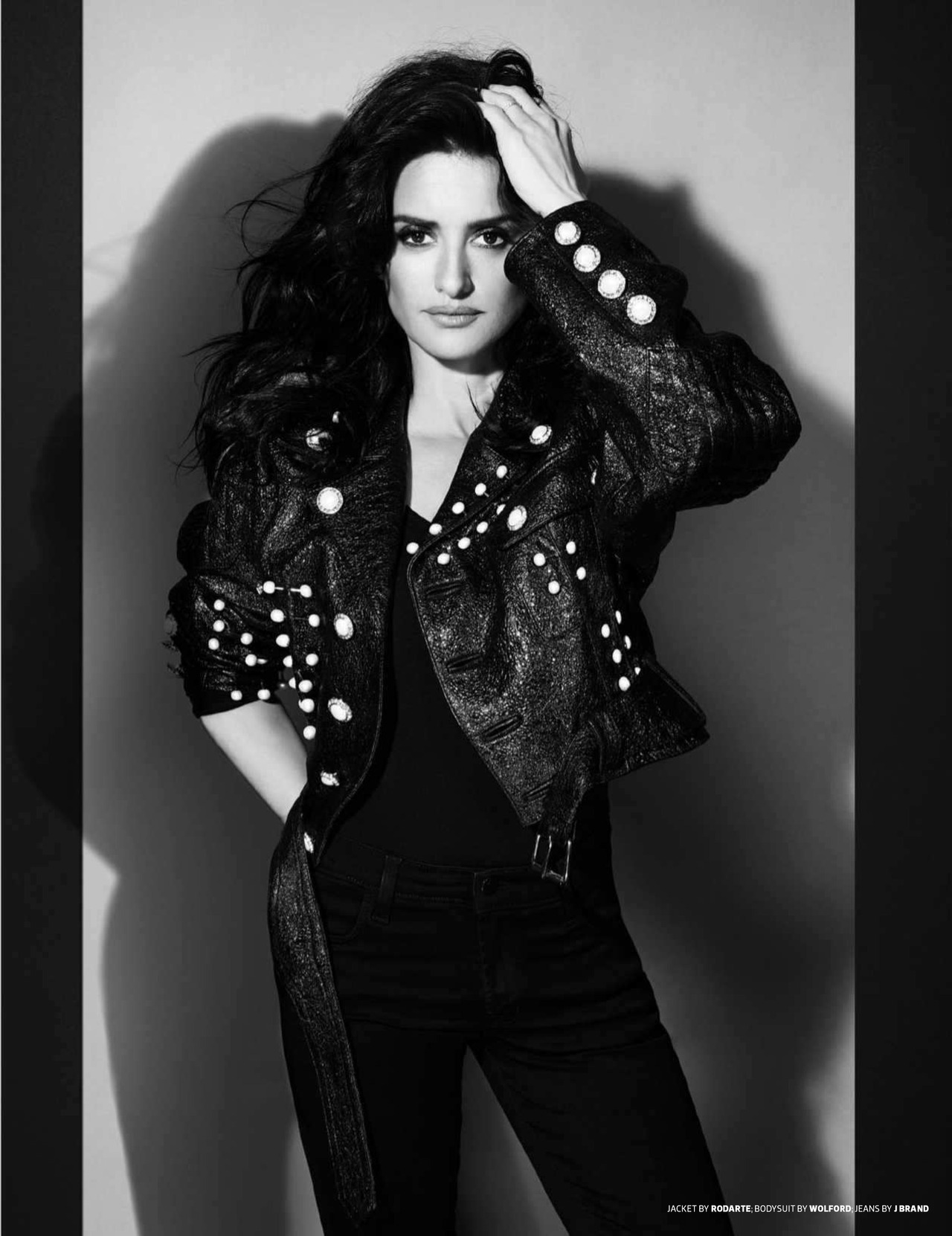
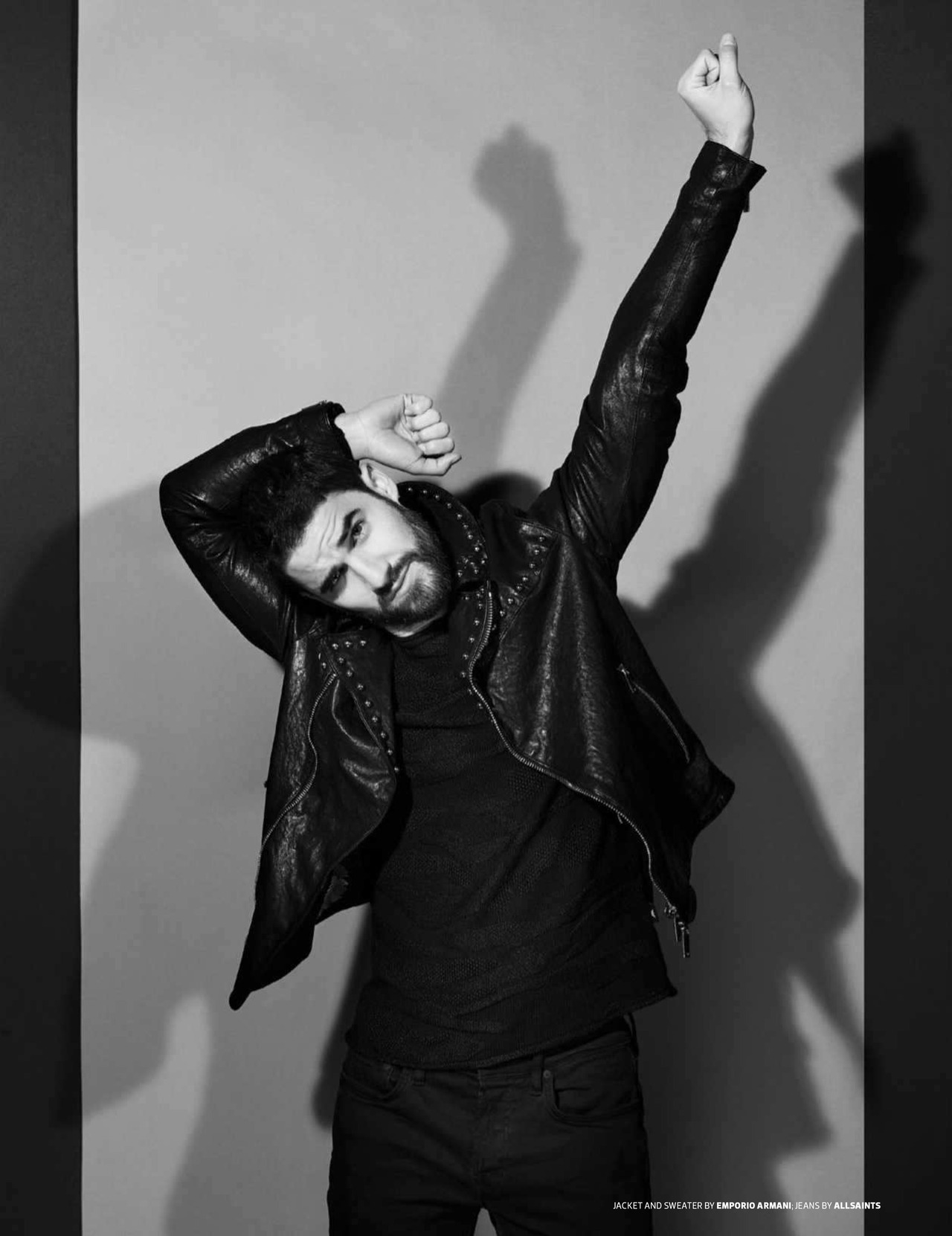
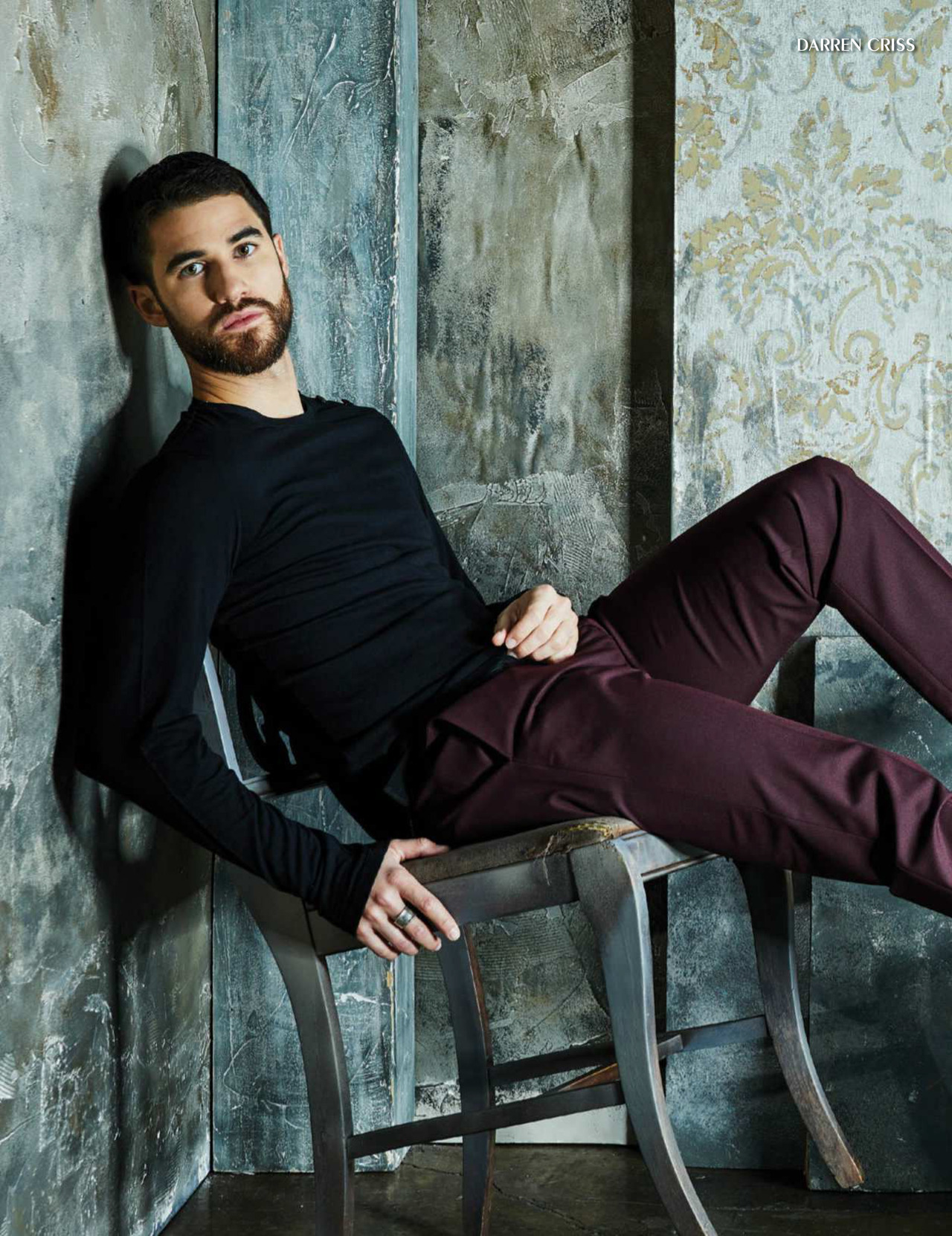
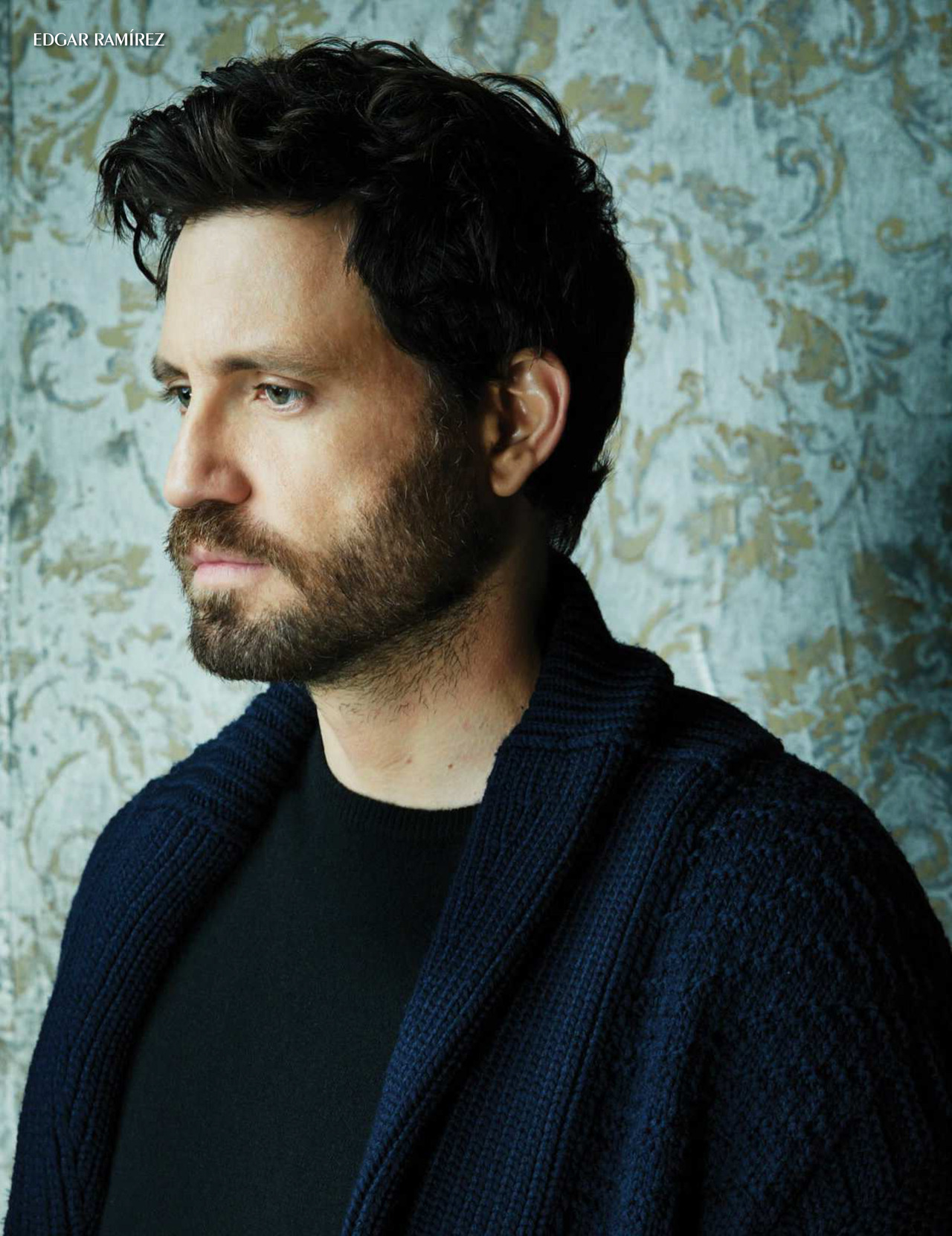
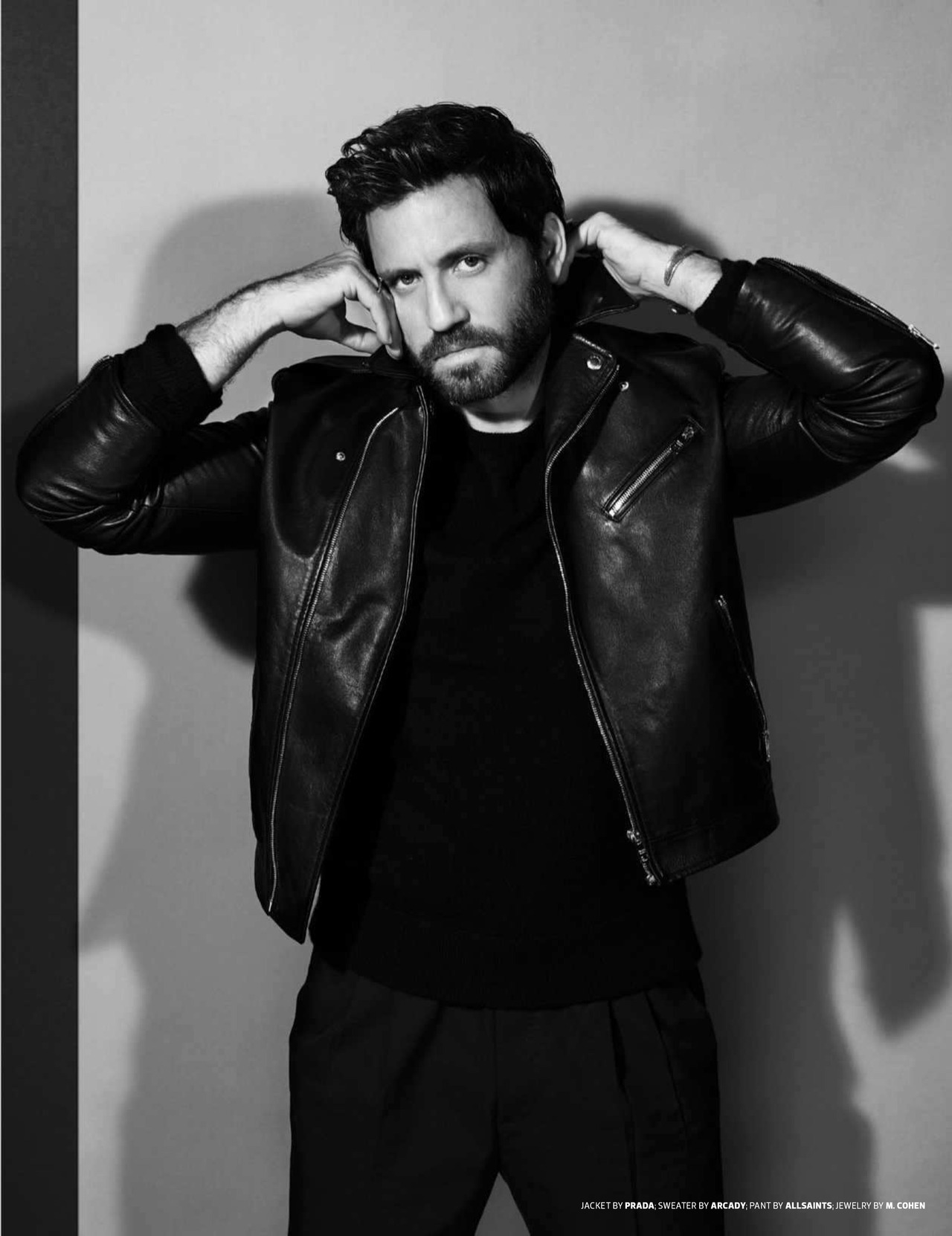
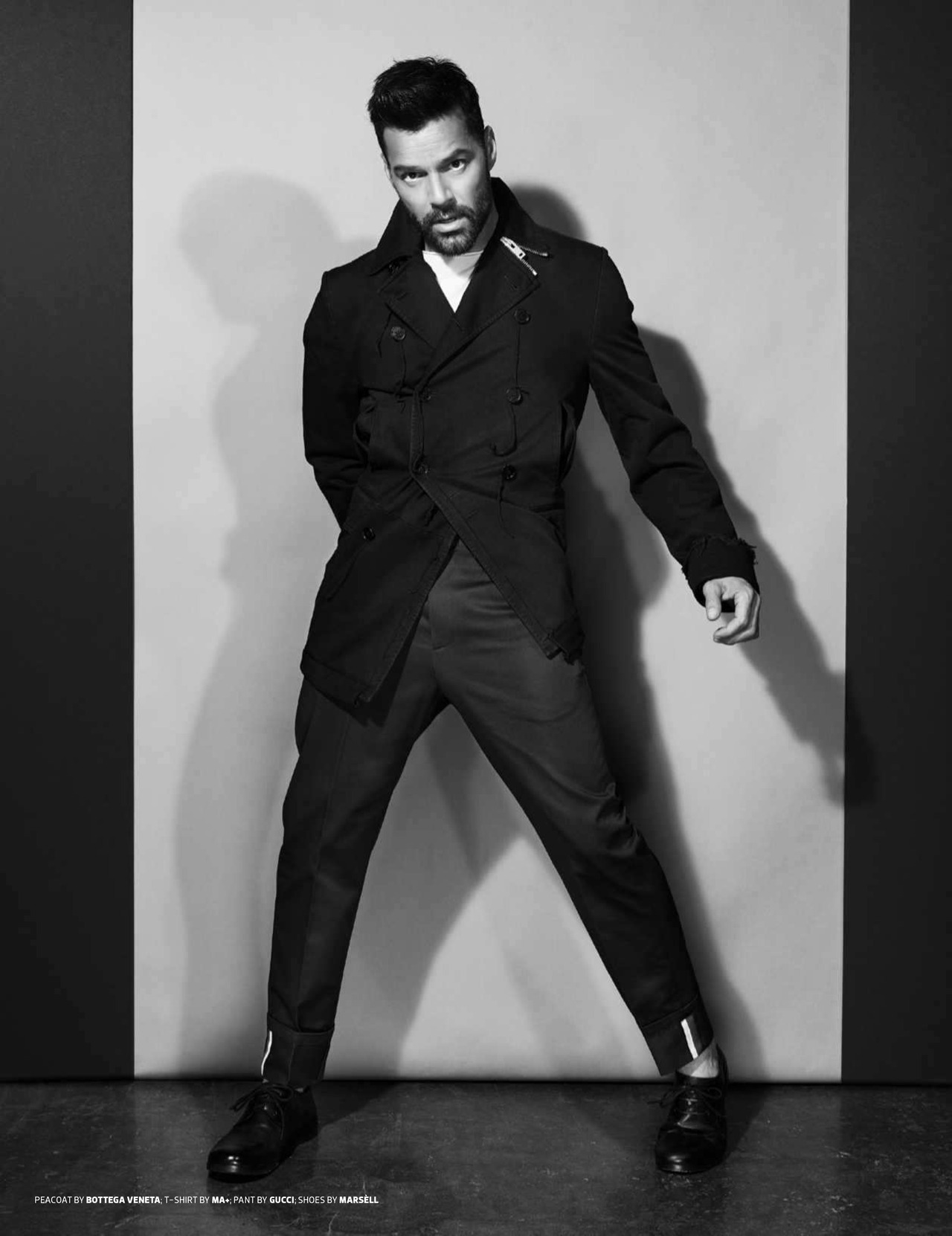
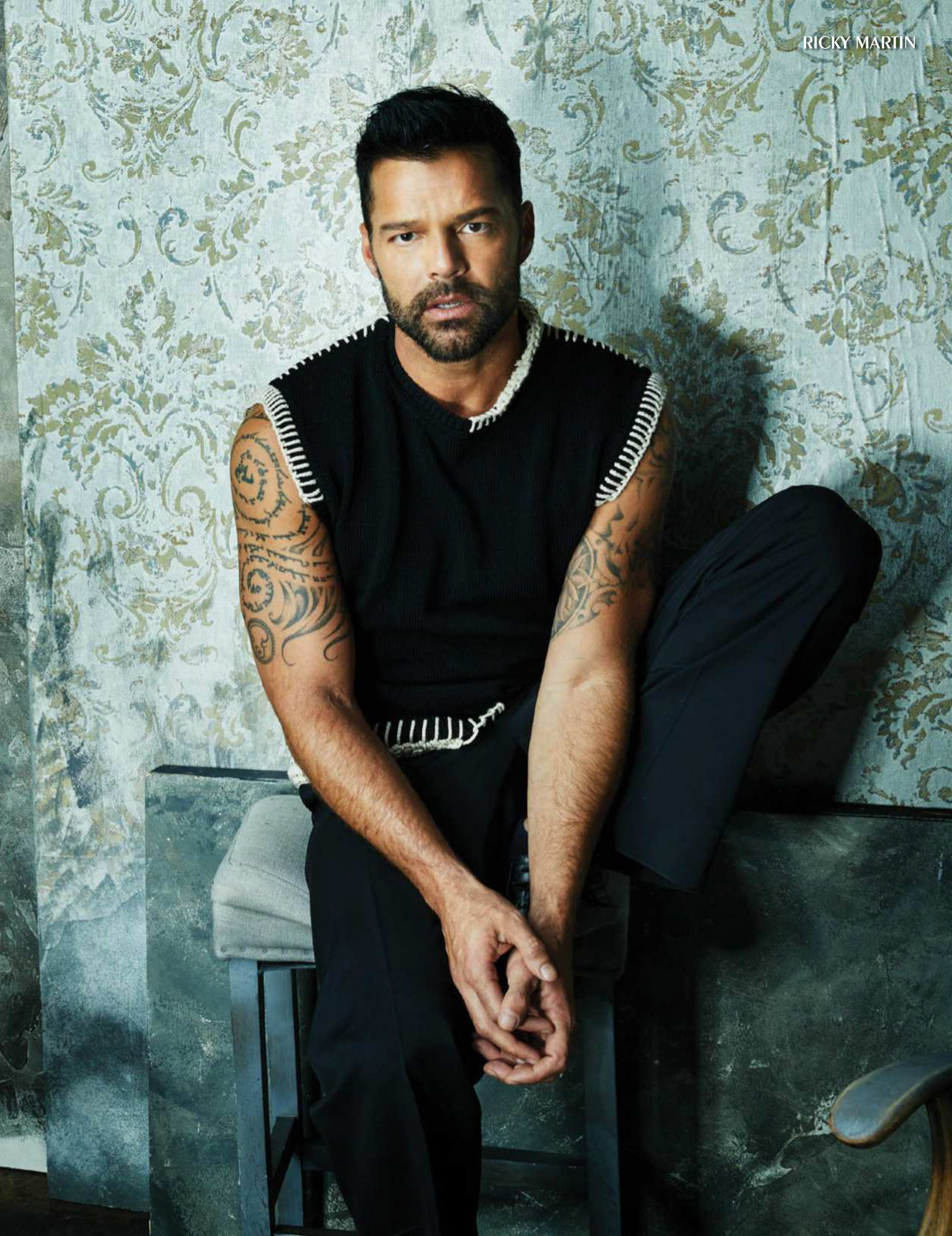
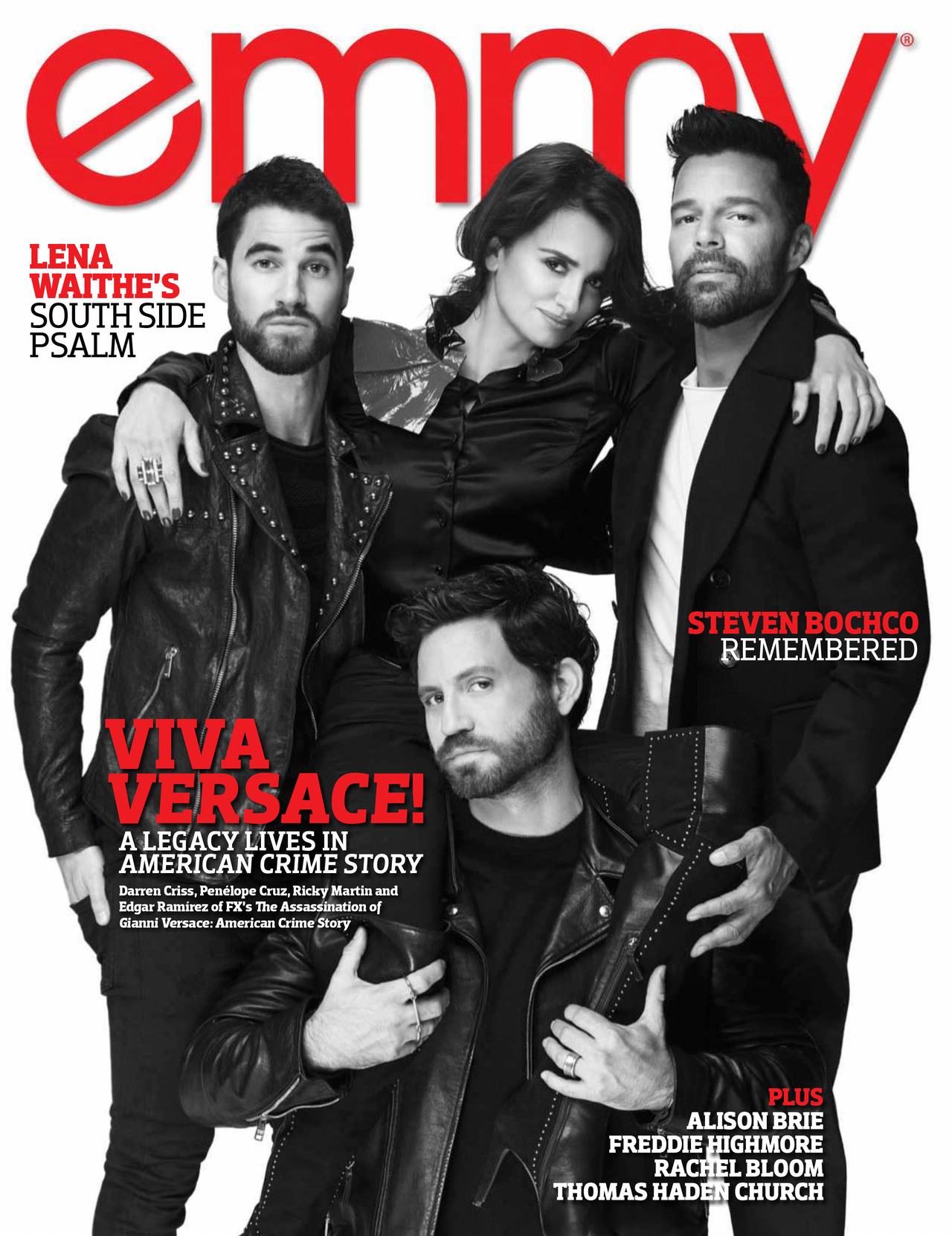
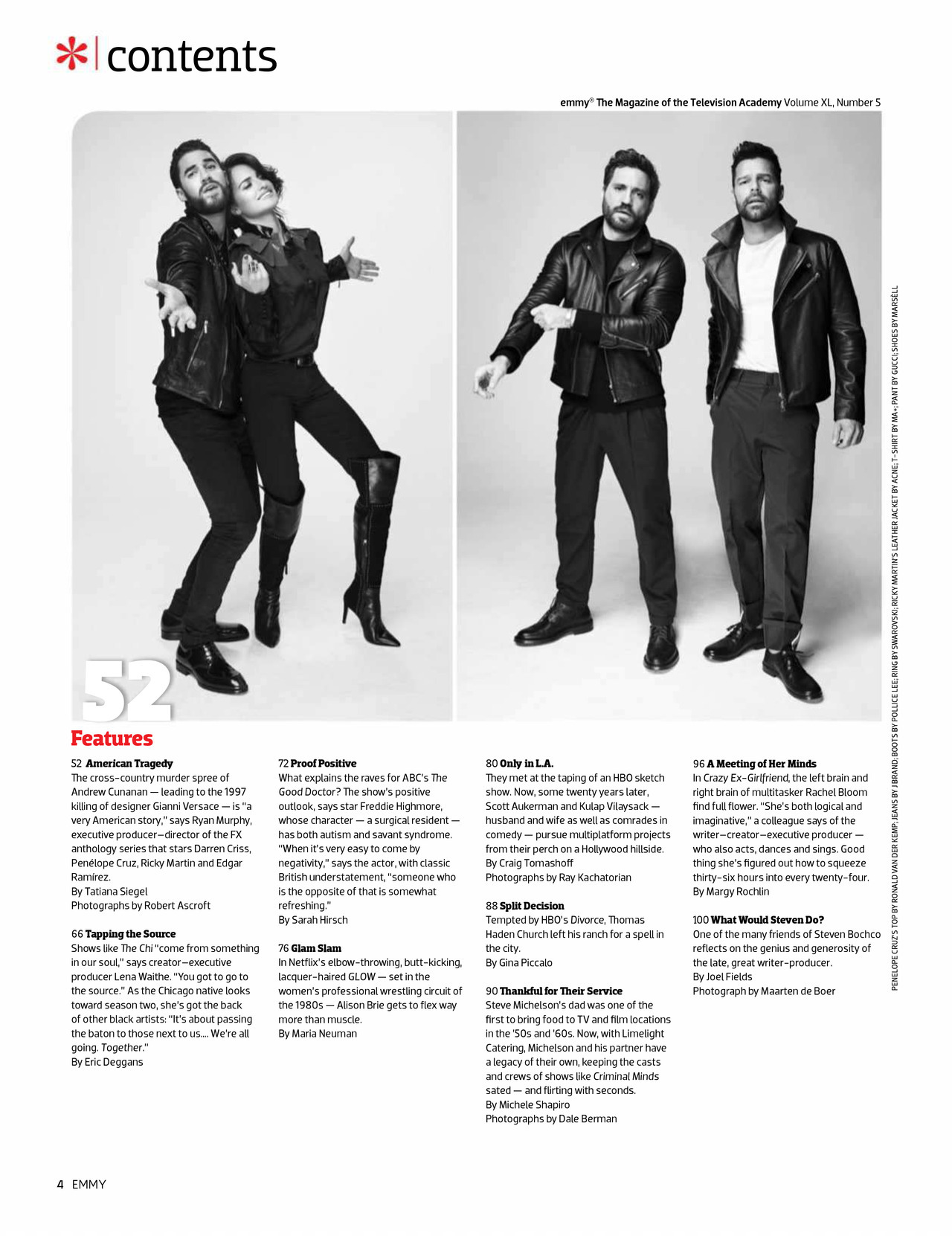
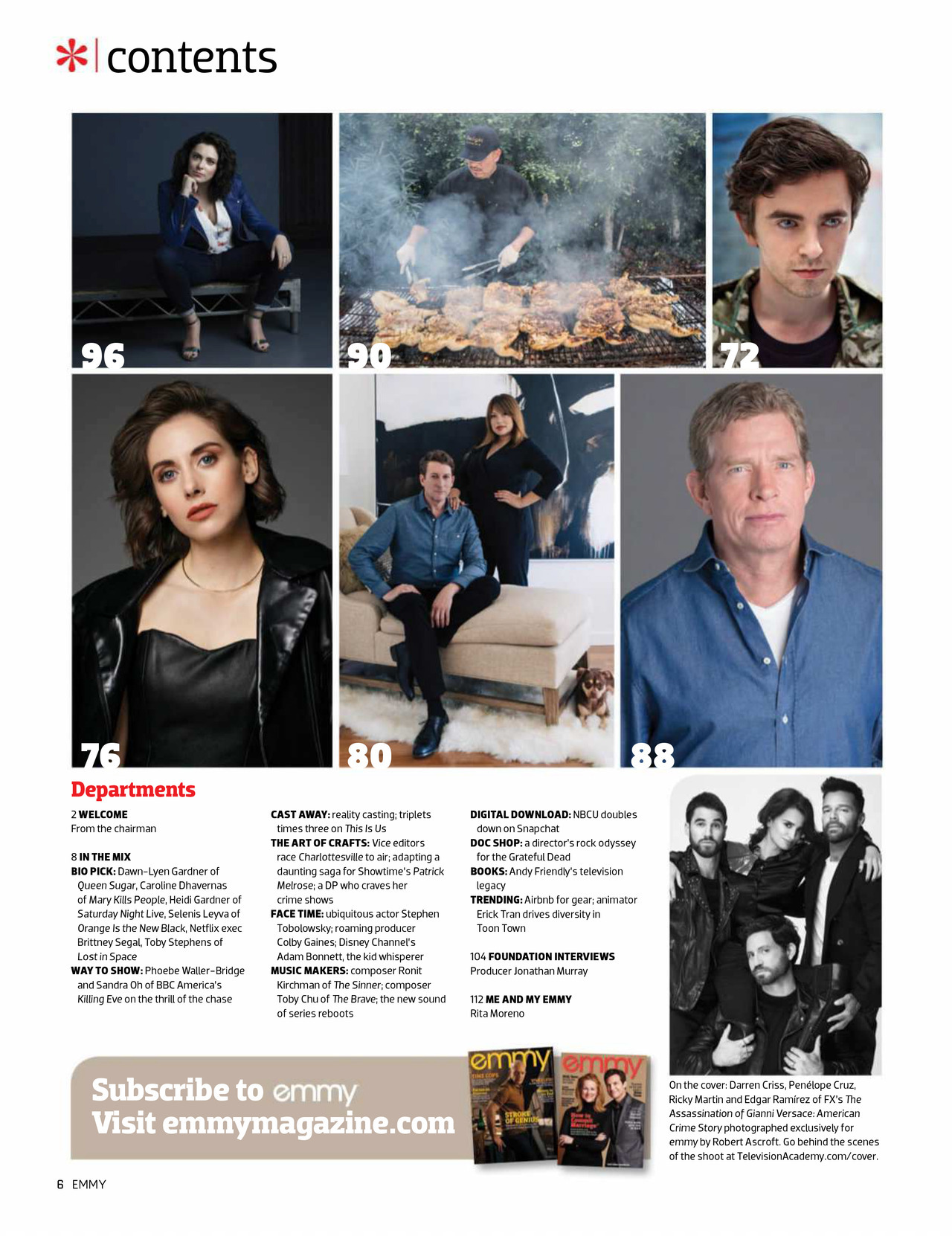
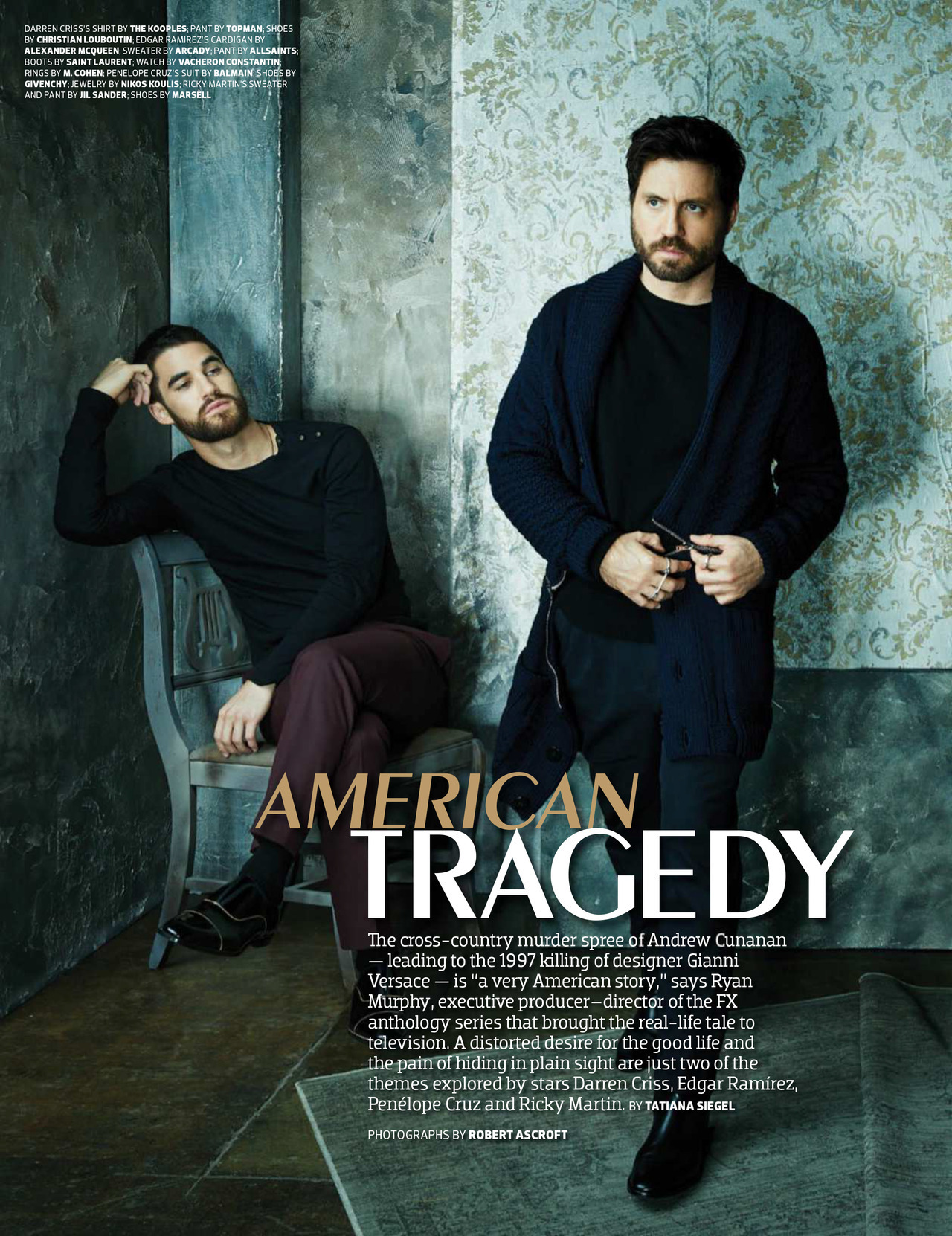
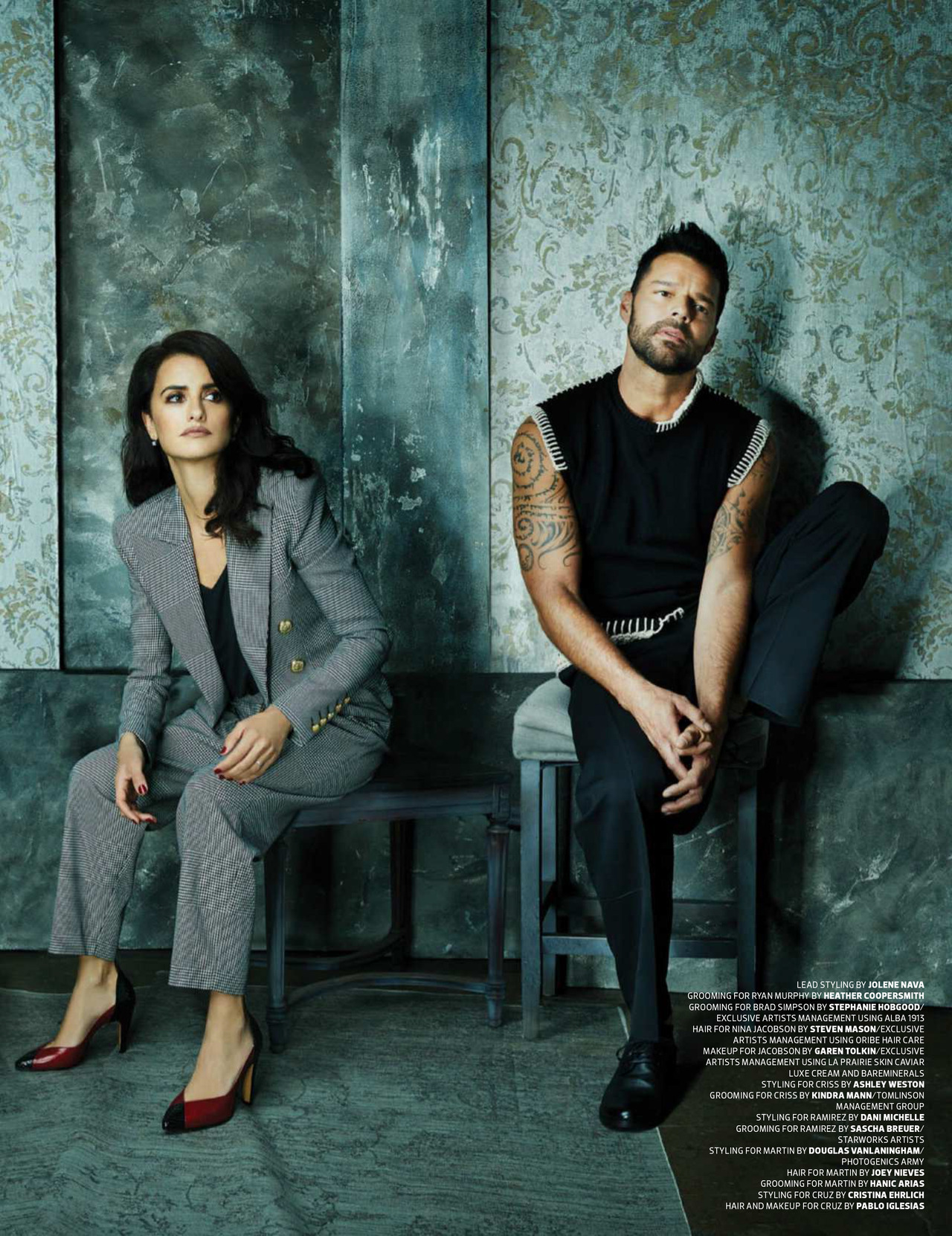
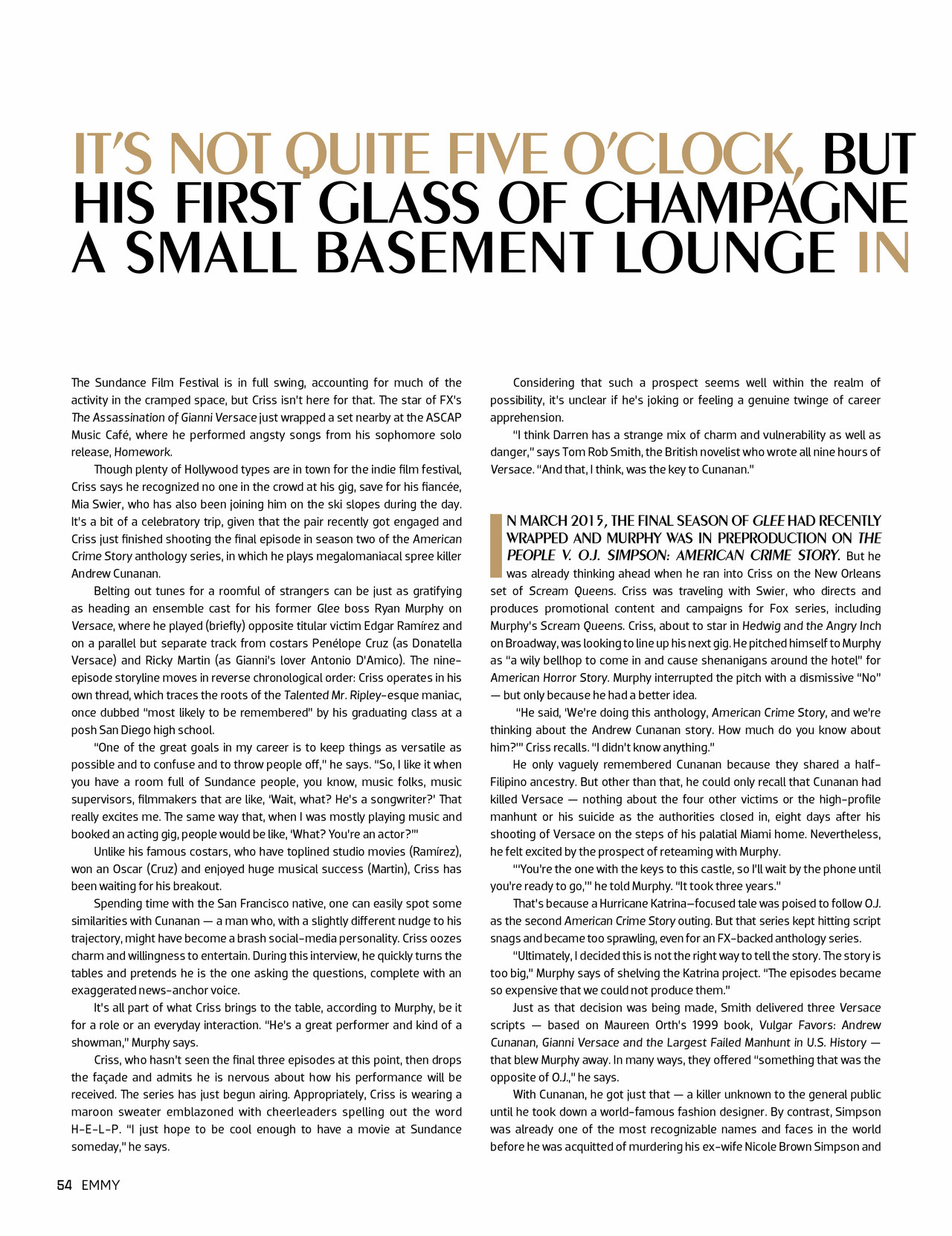
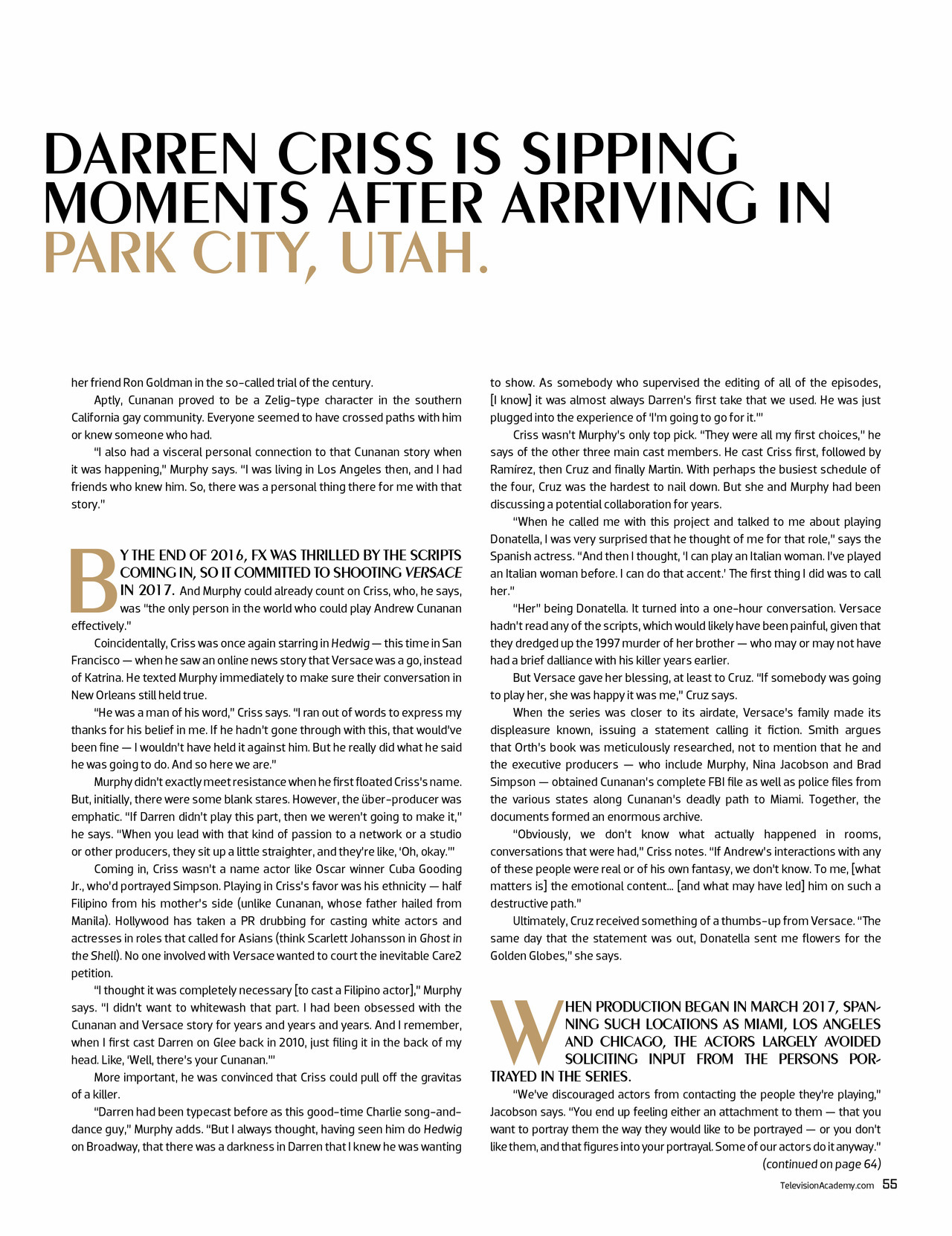
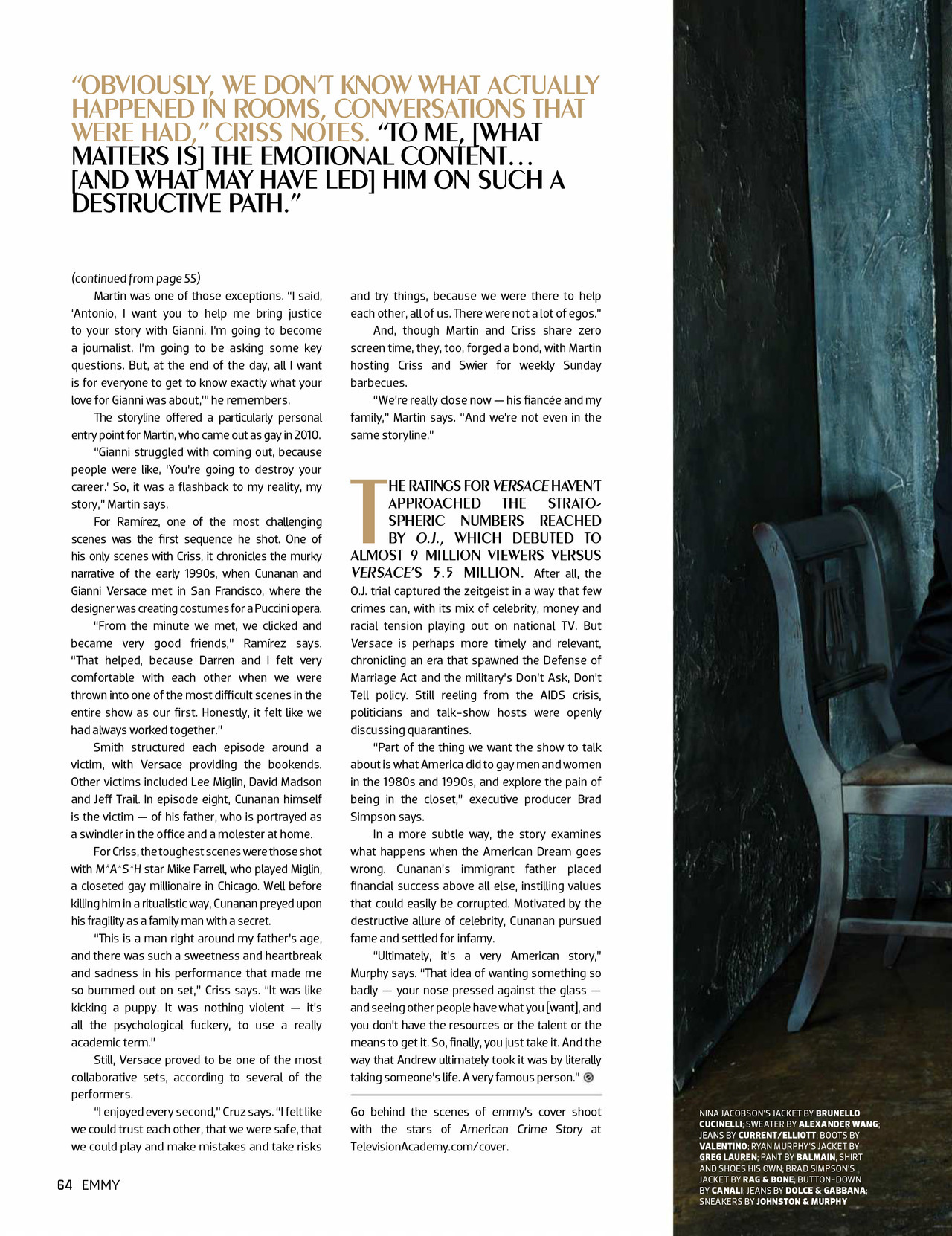
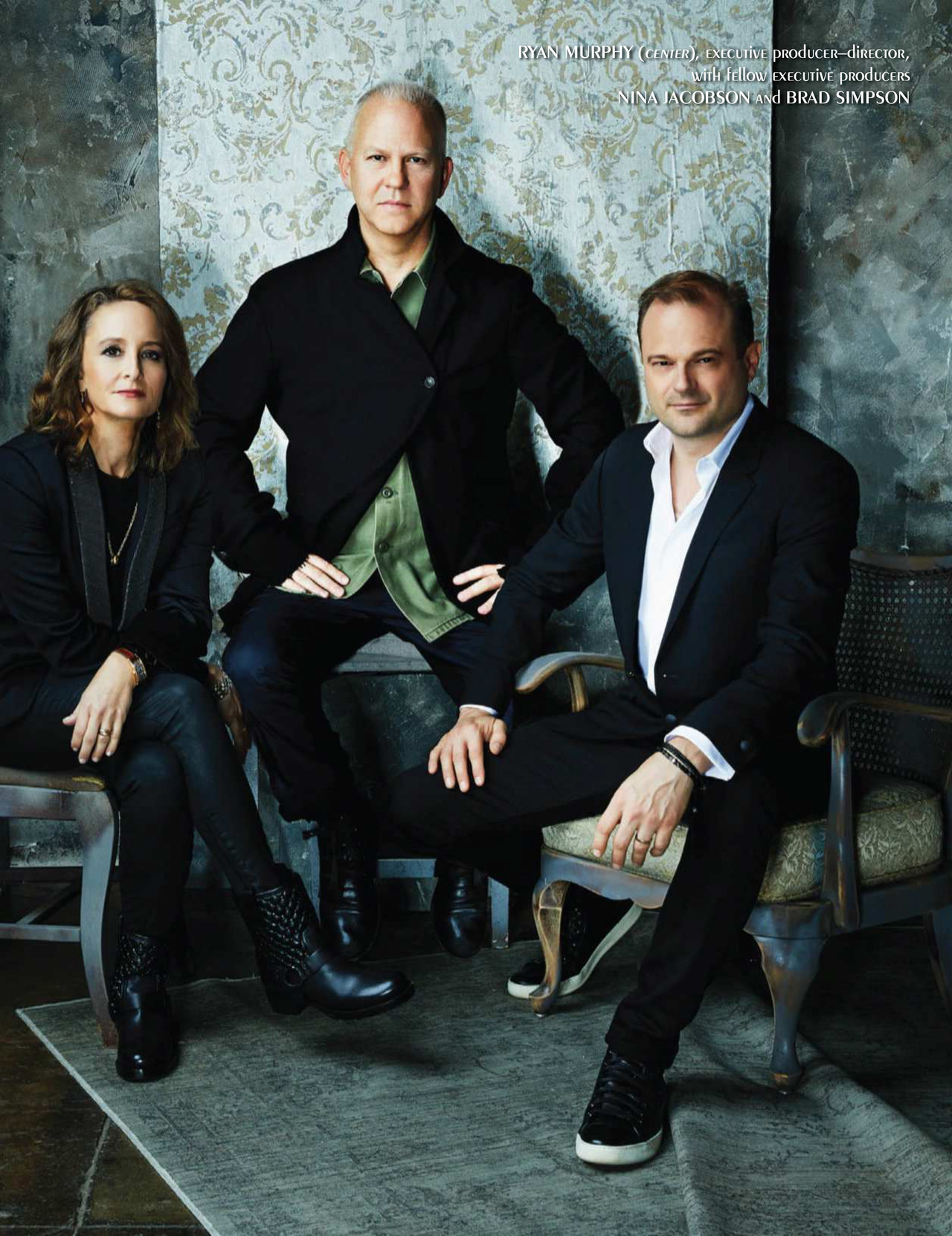
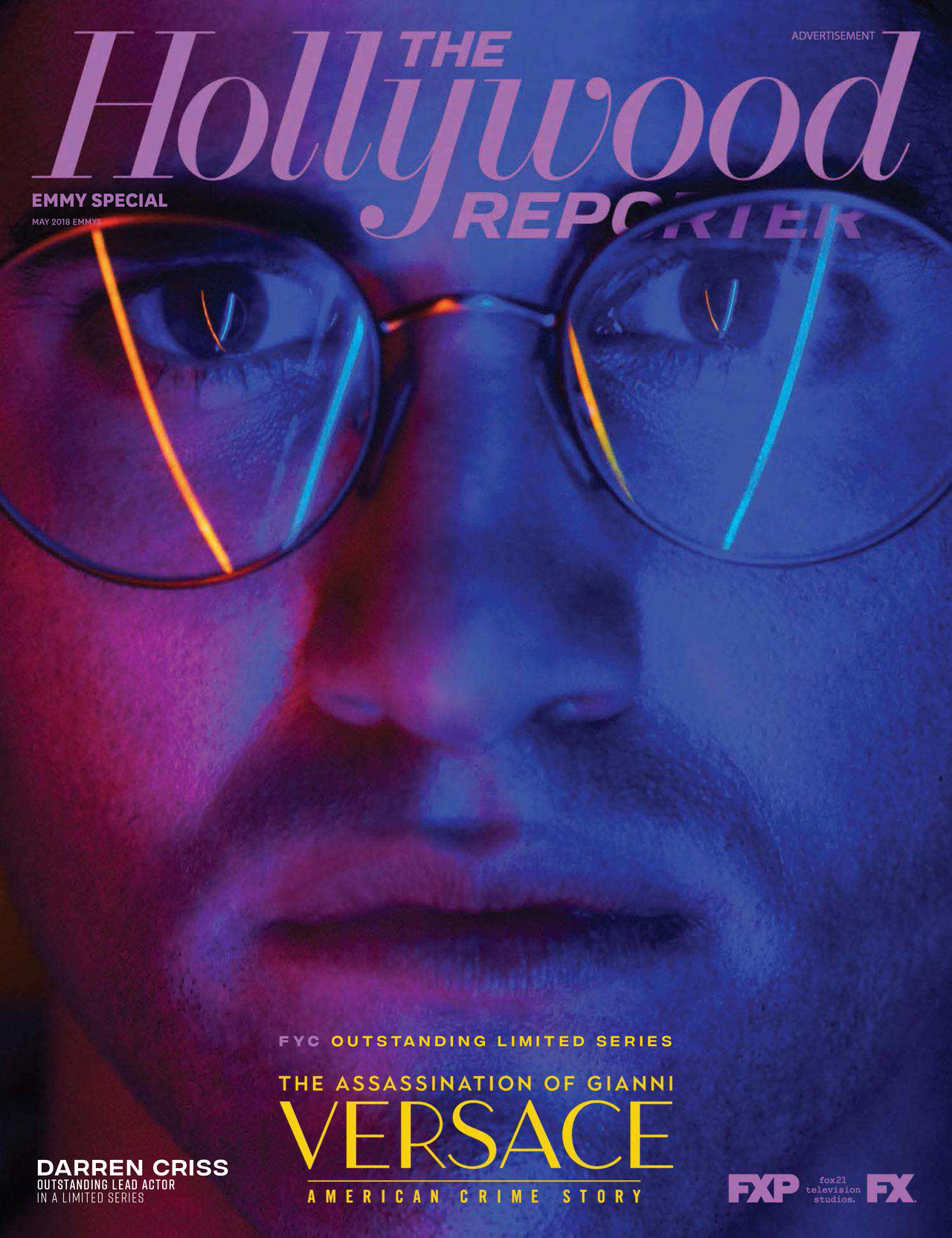
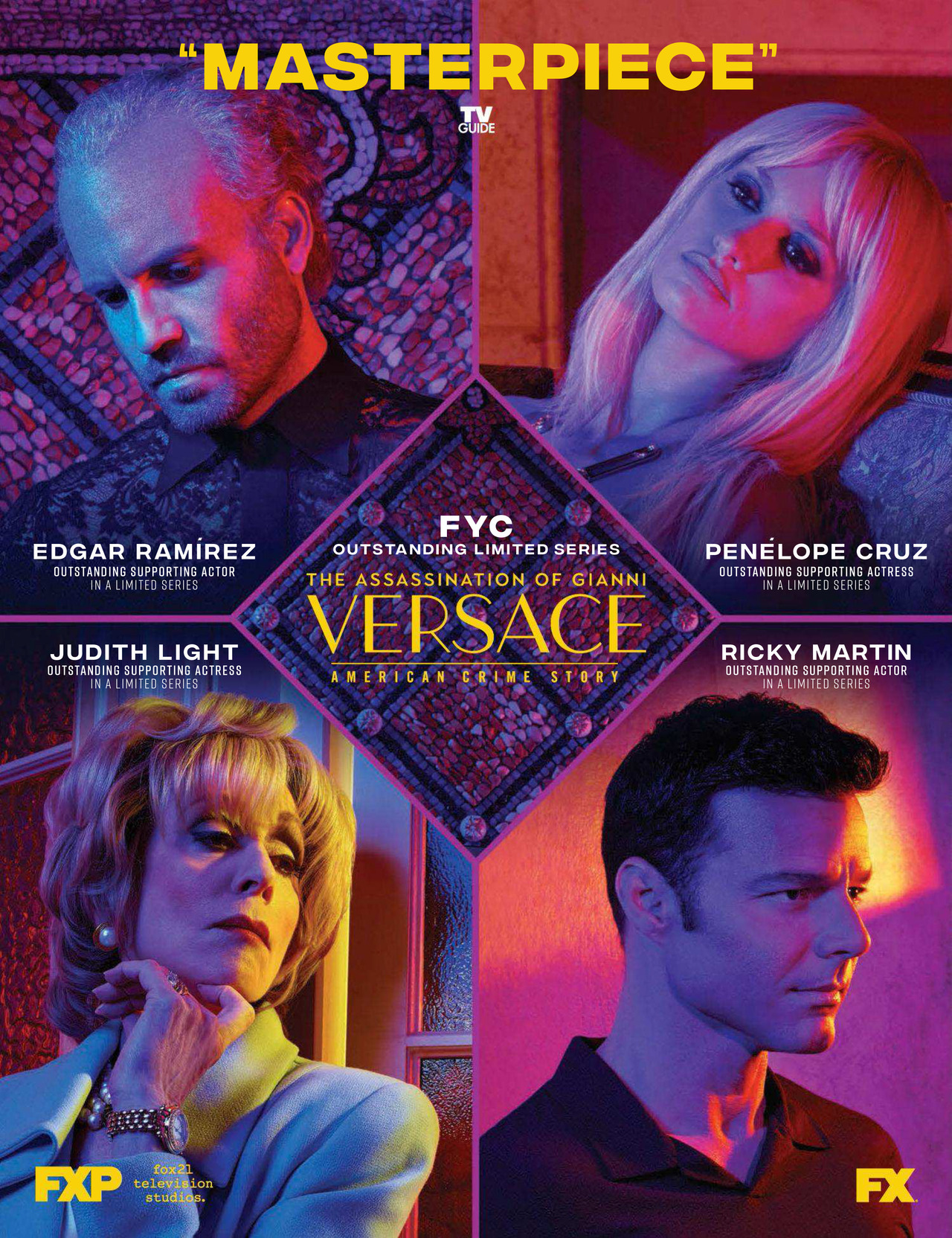
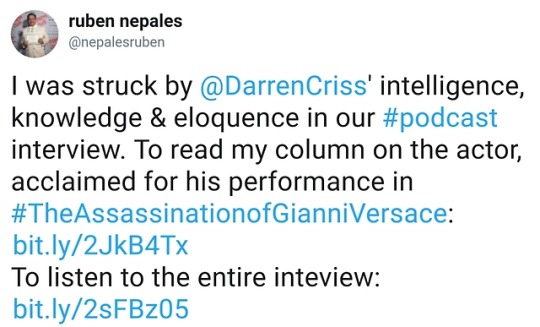
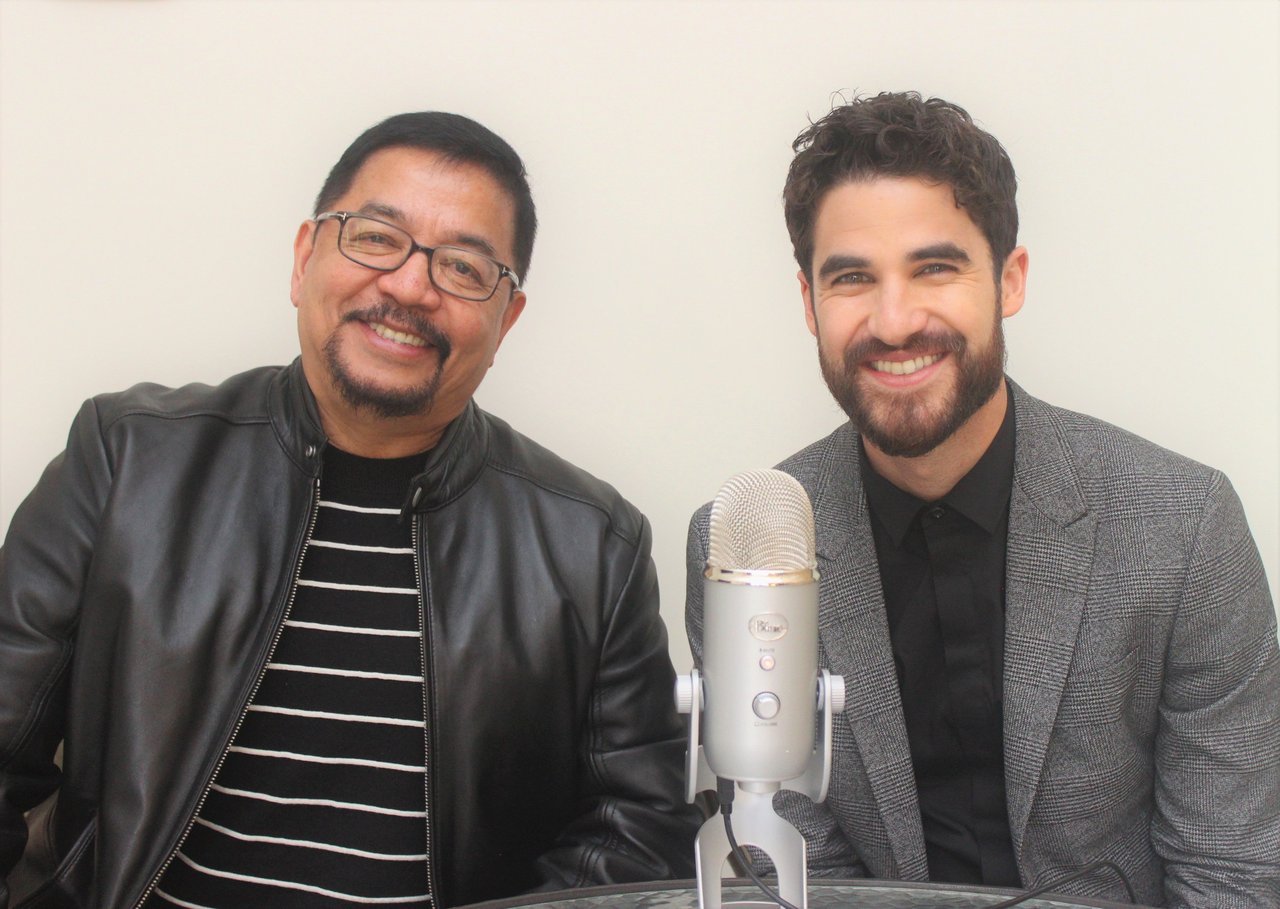
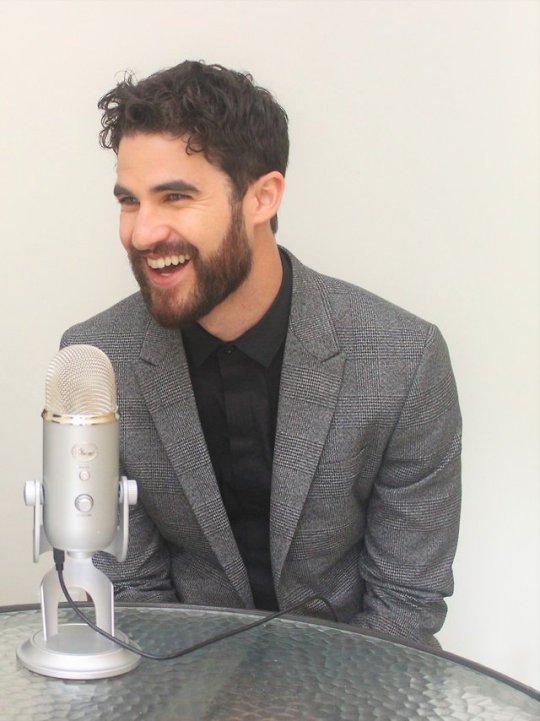
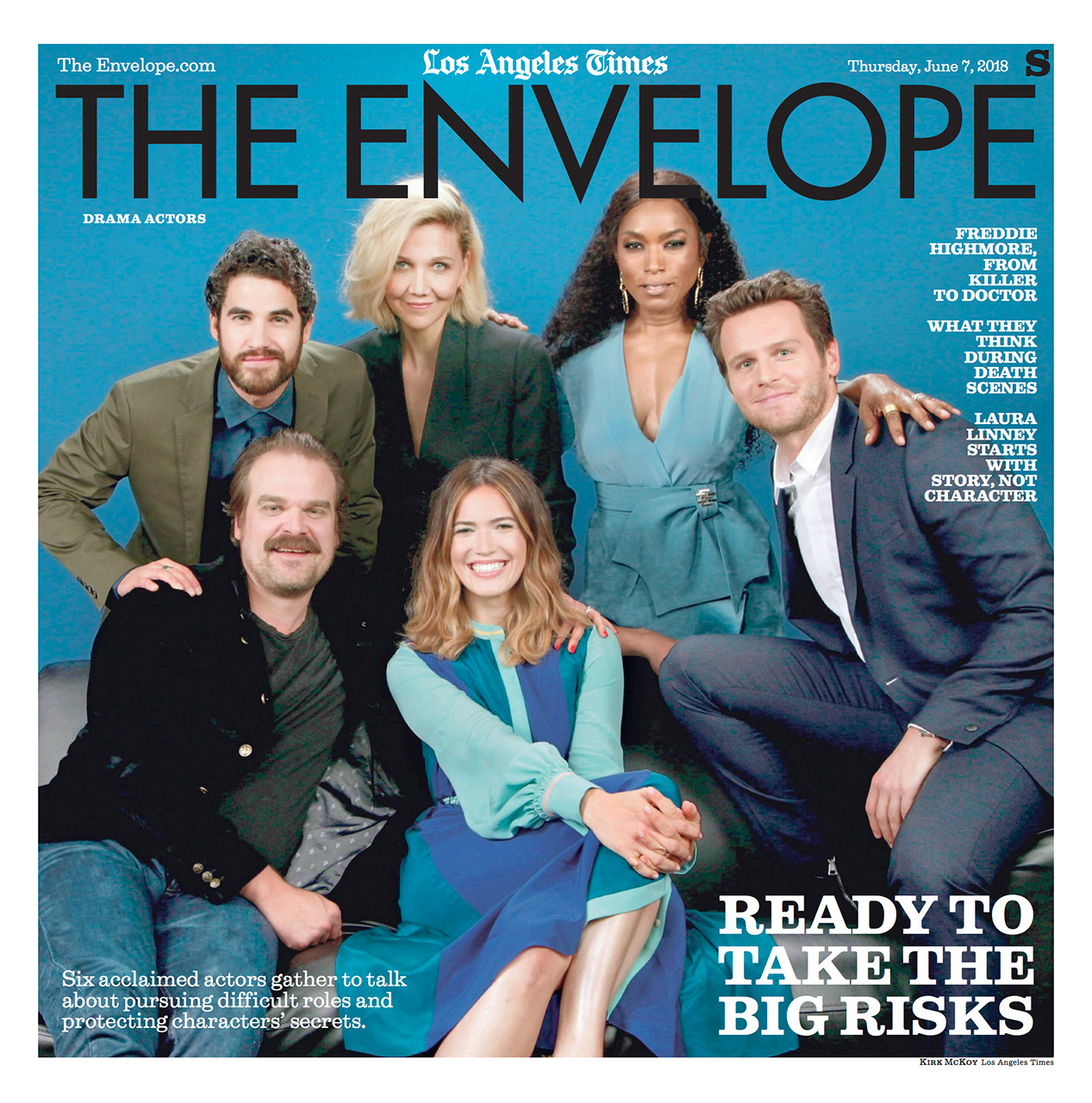
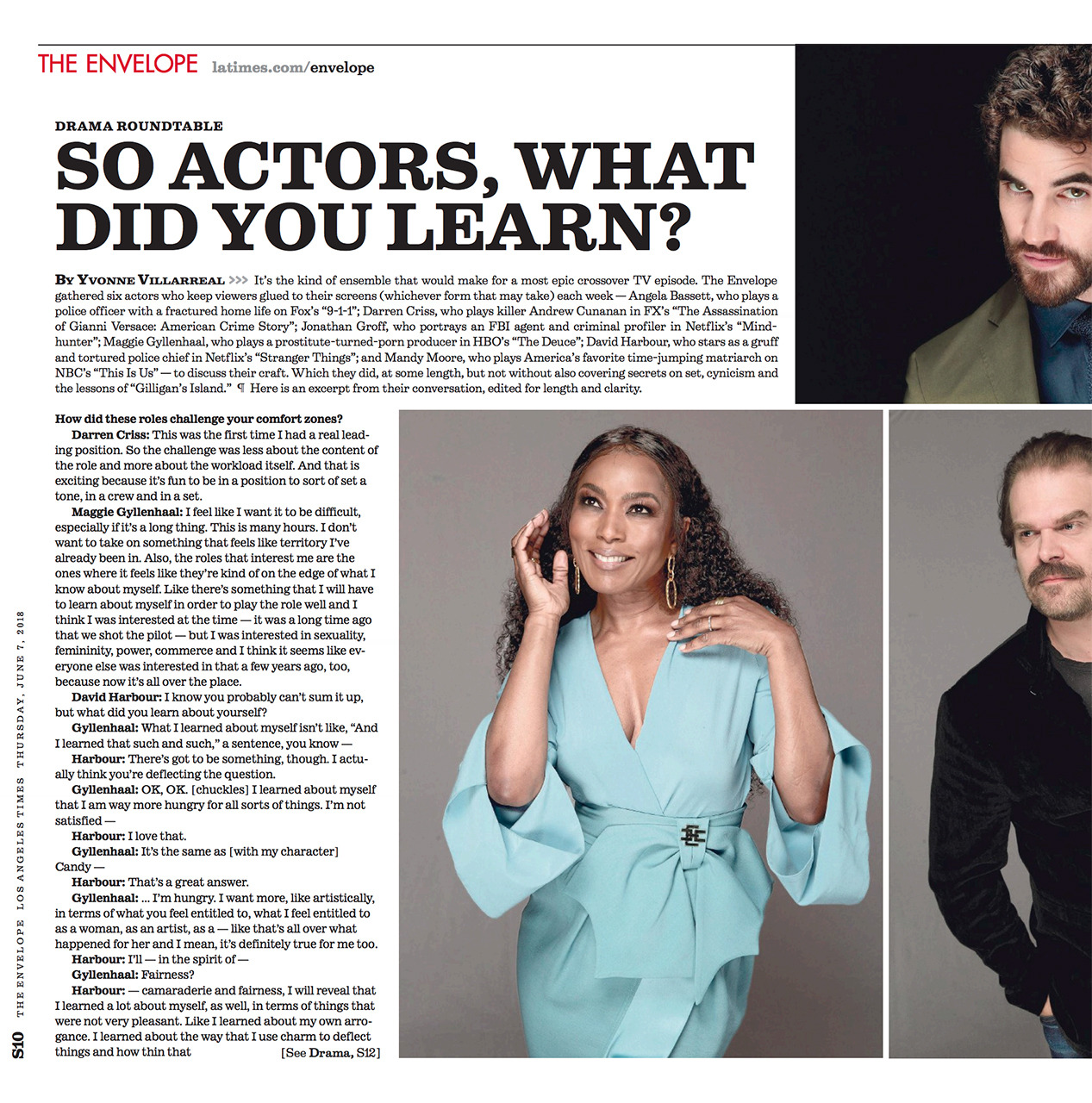
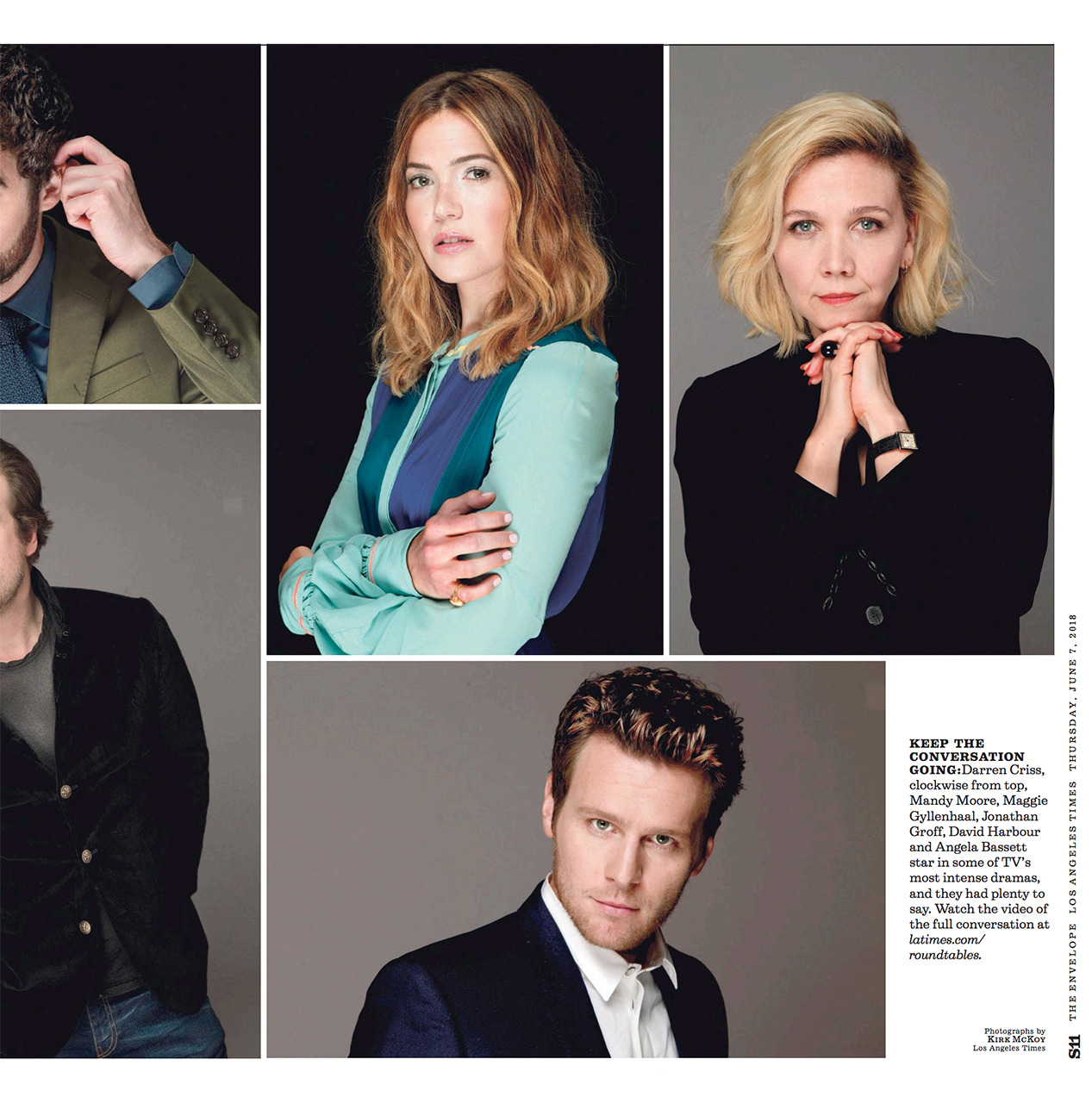
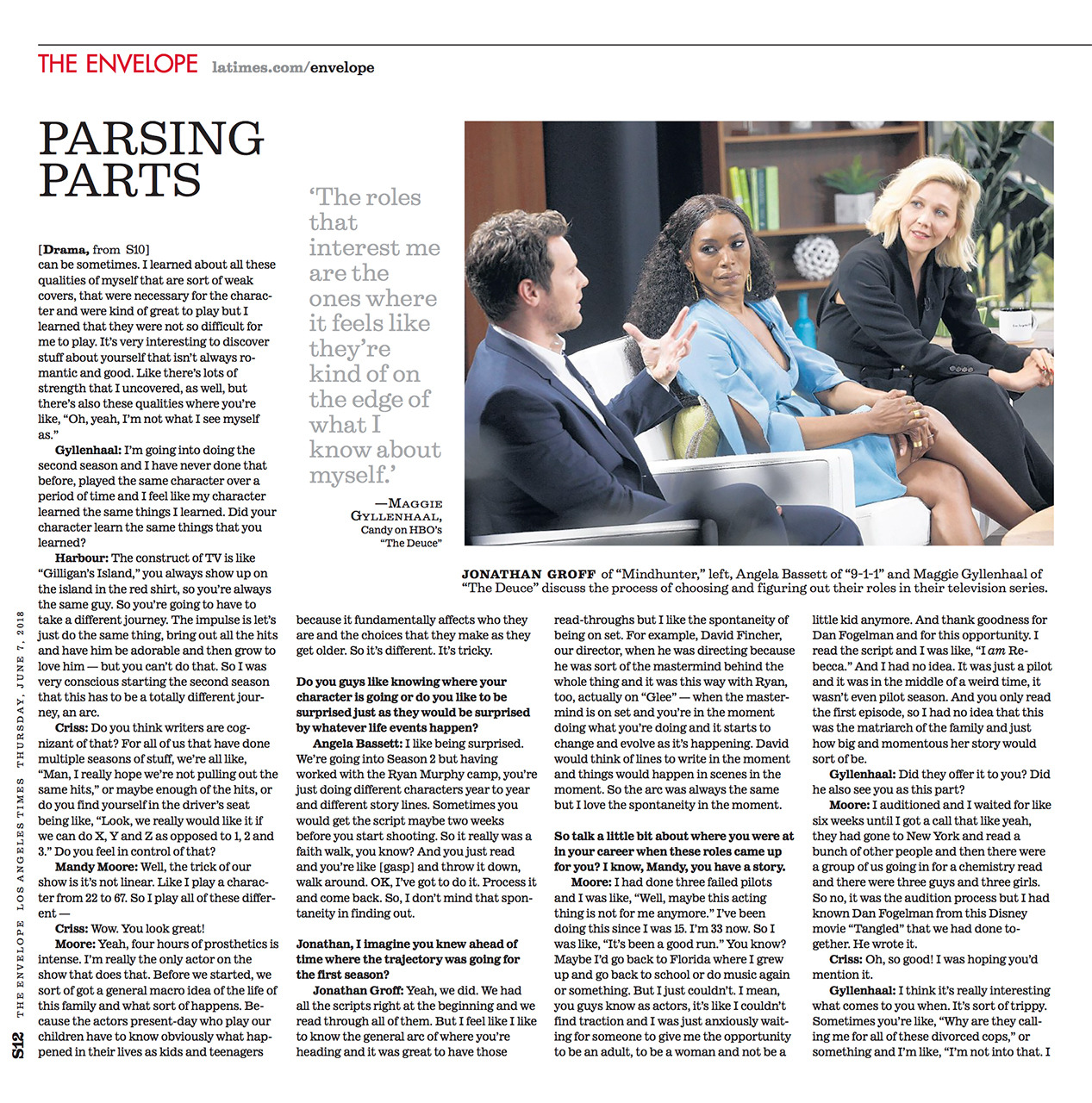
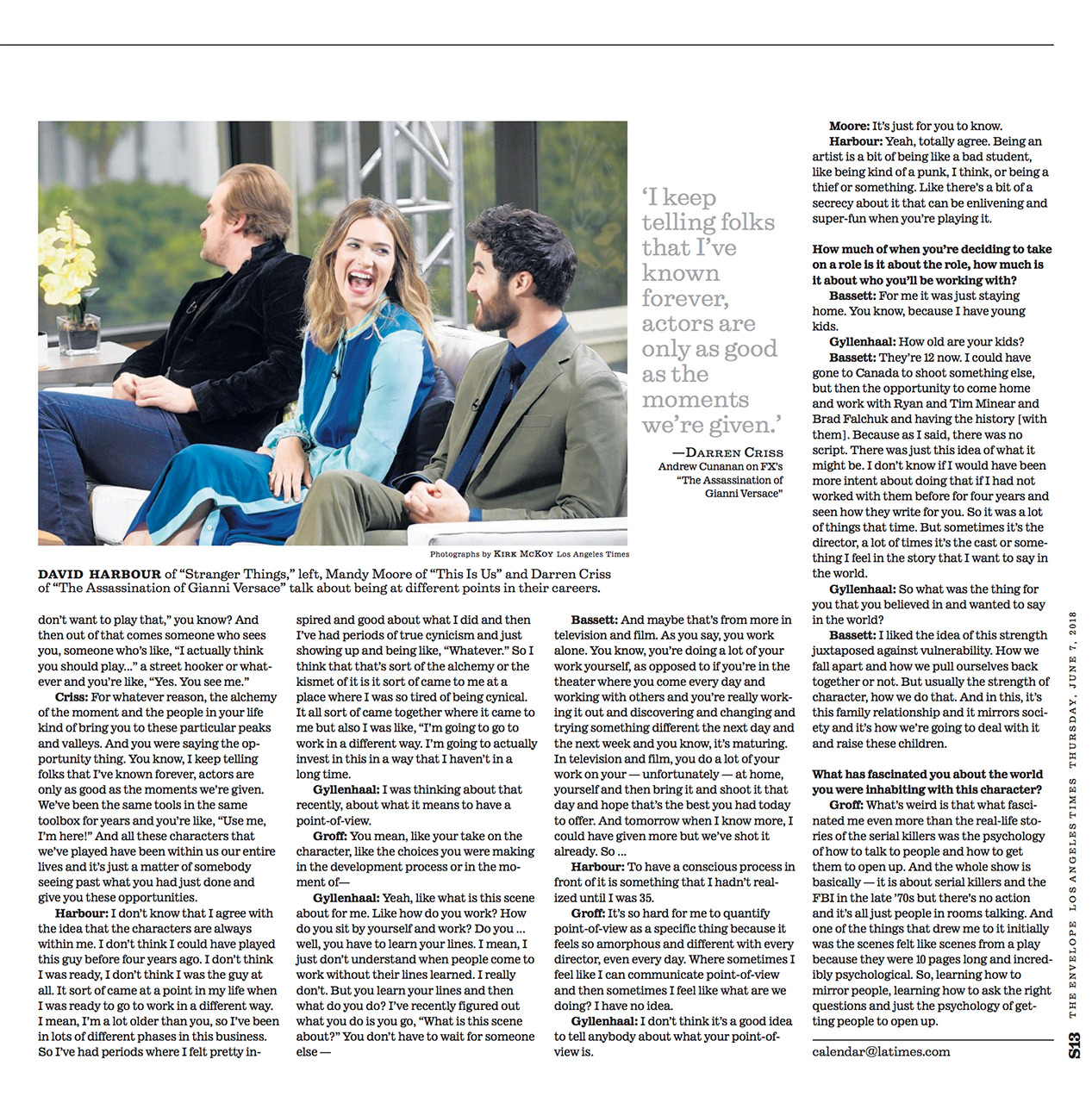
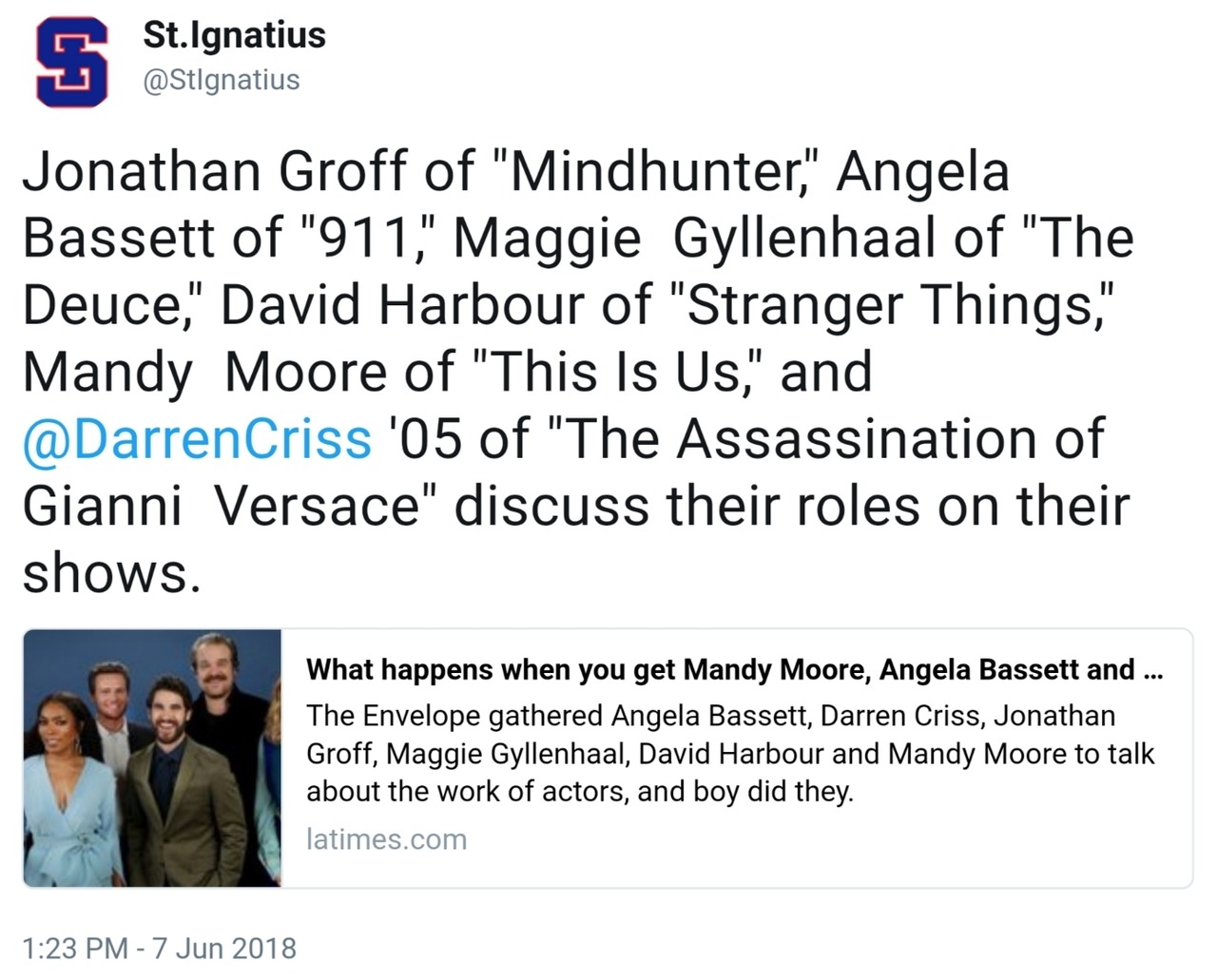
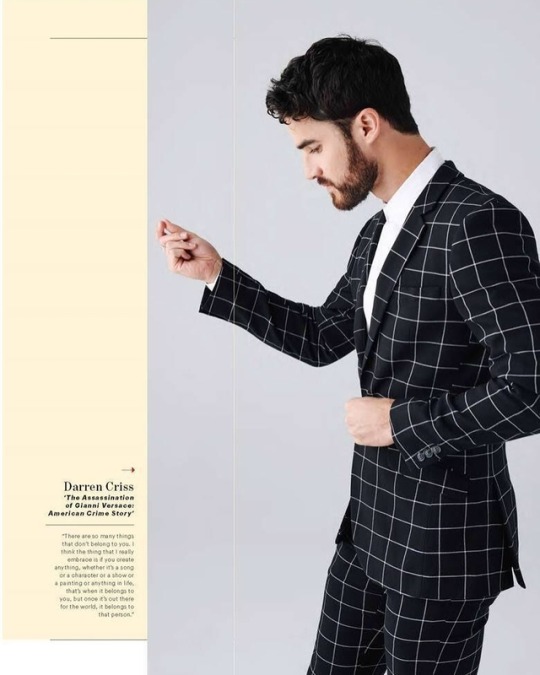
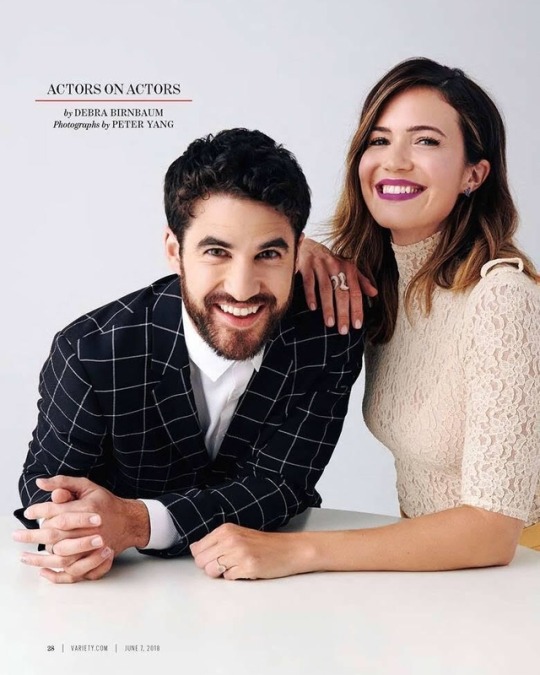
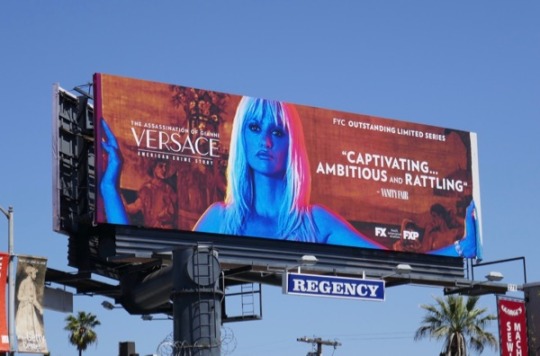
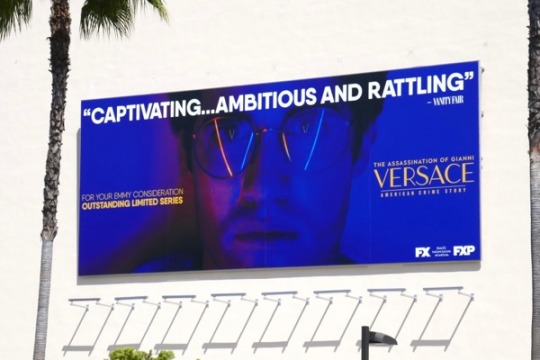



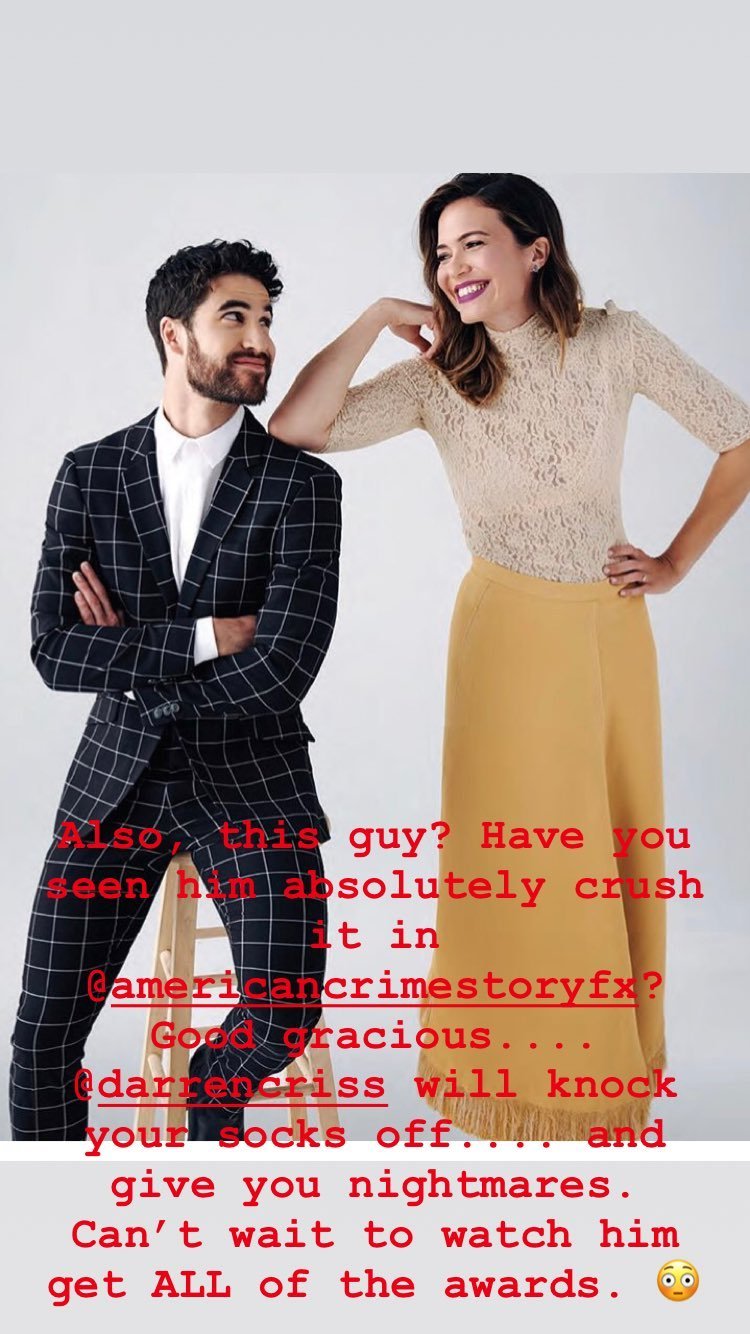

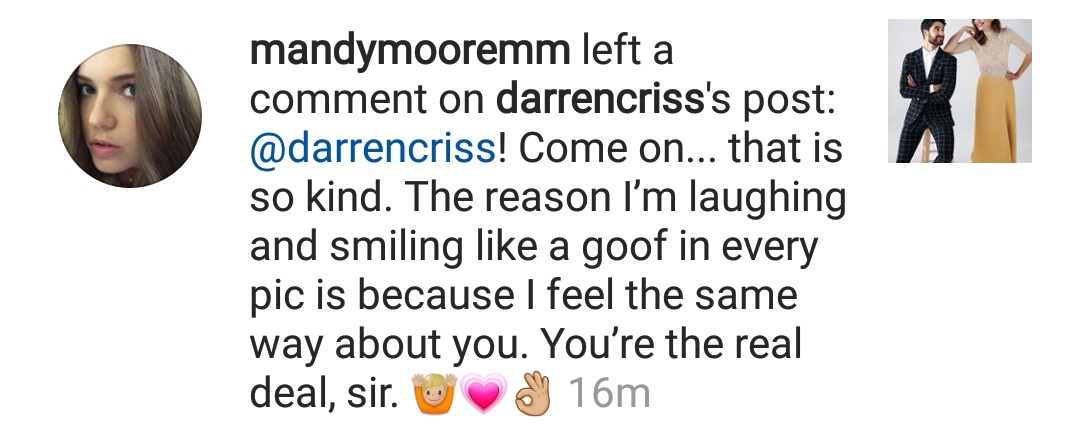
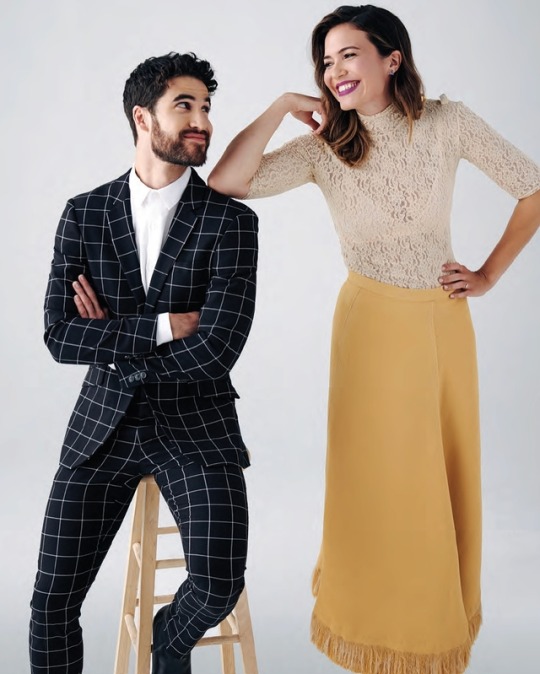
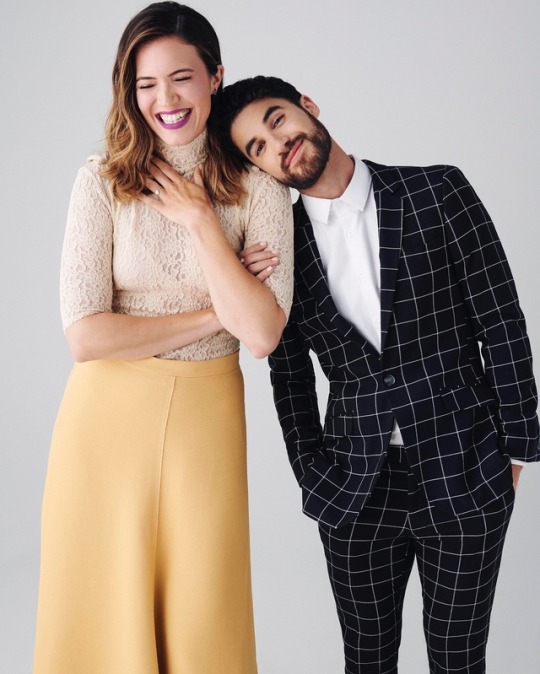
 AND
AND 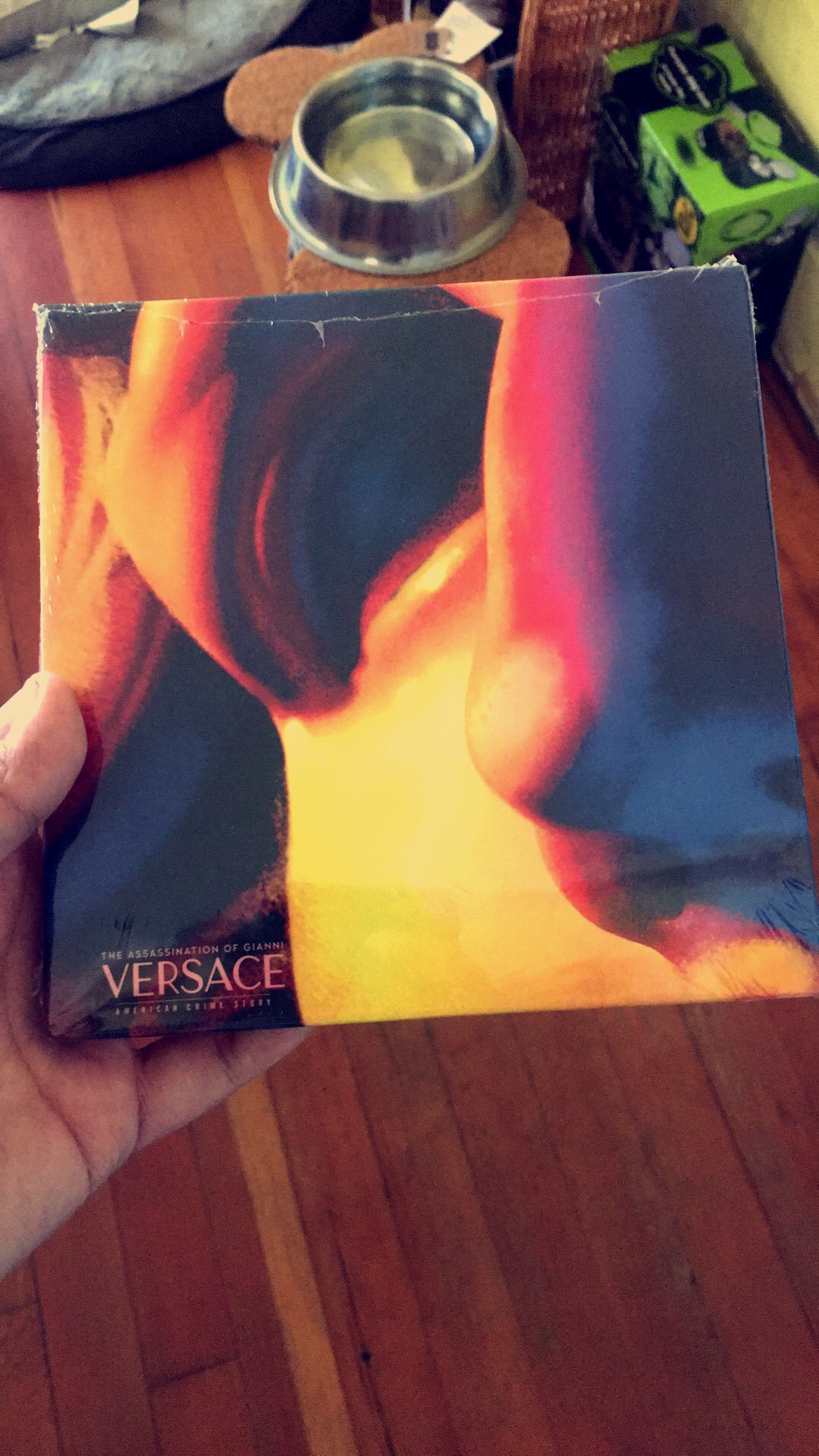
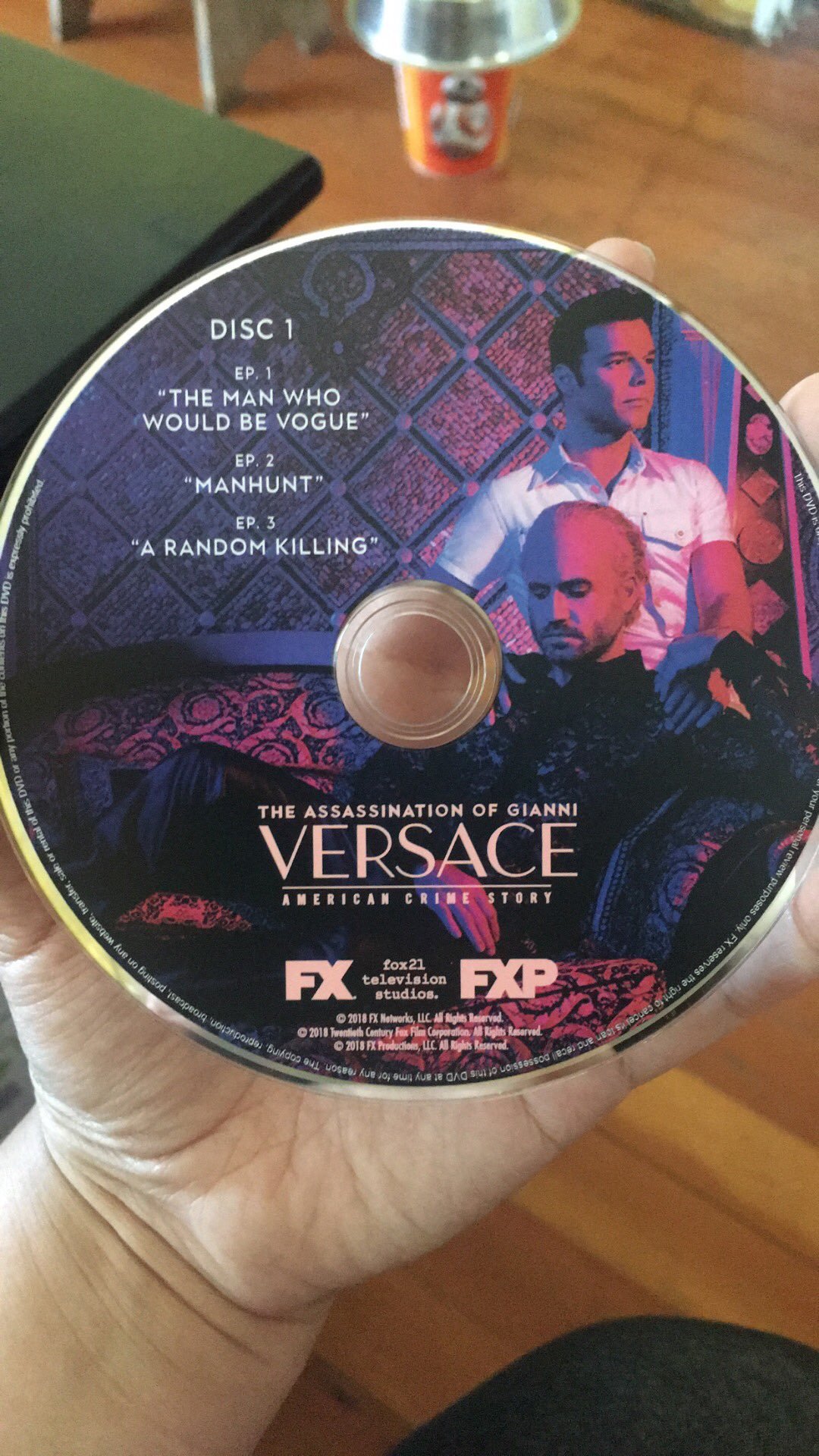
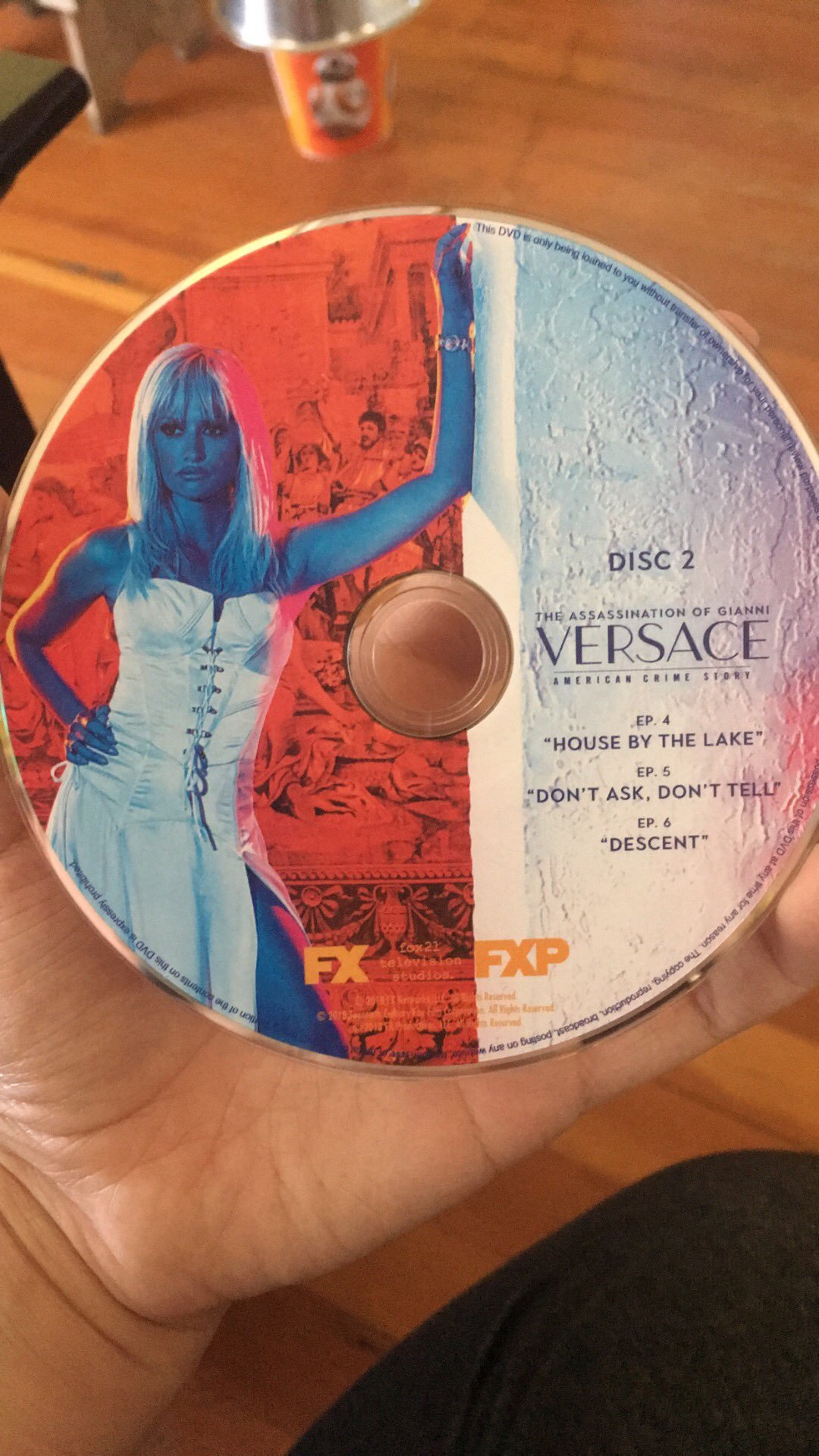
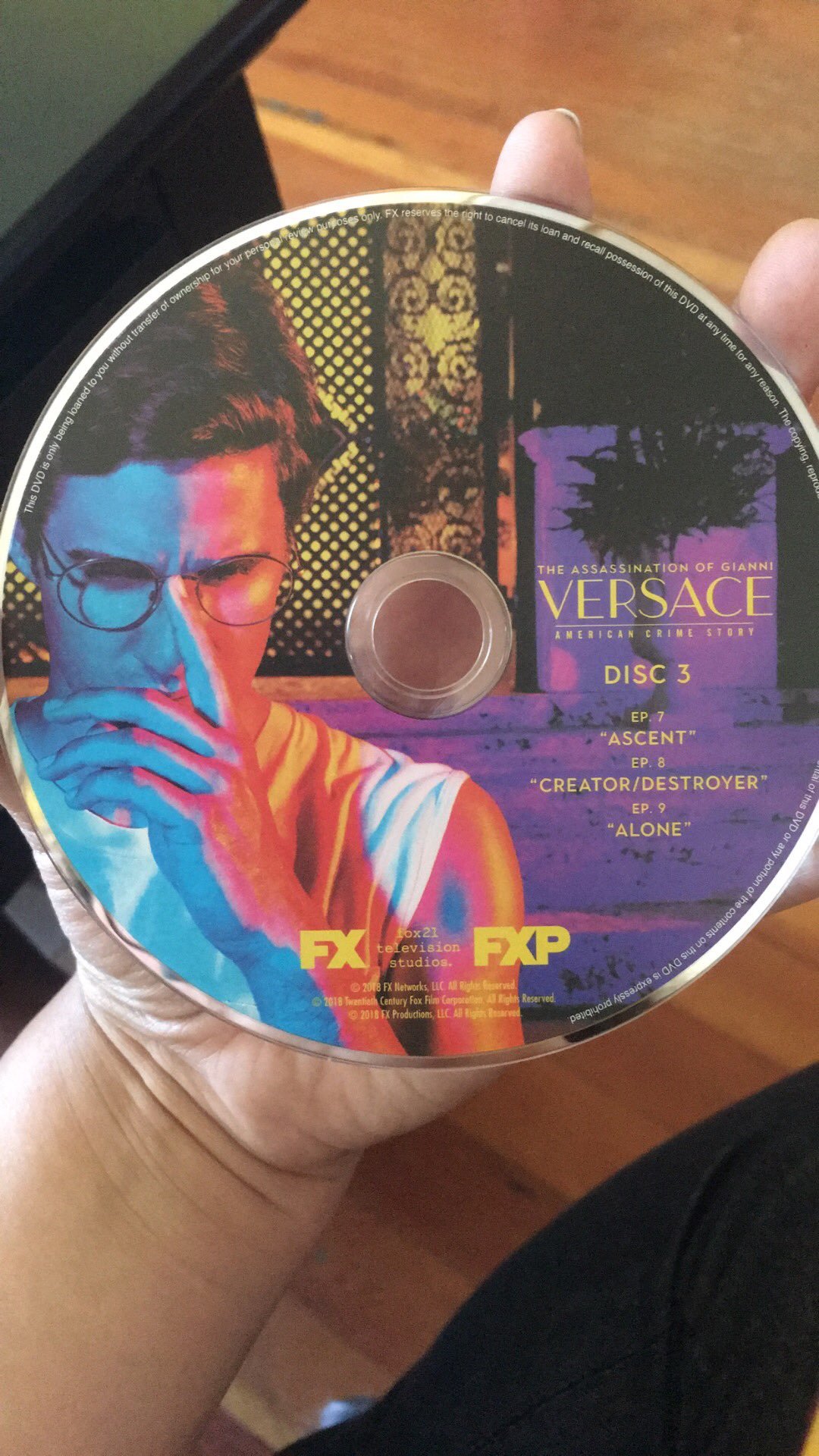
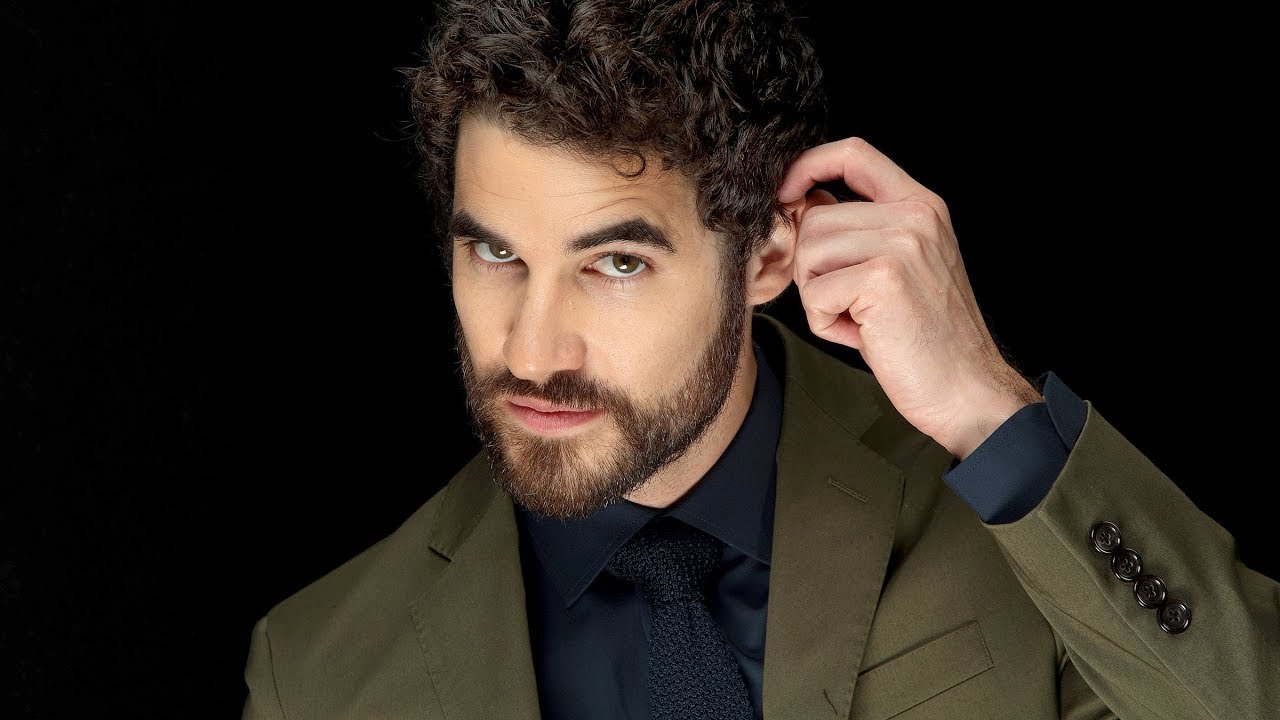
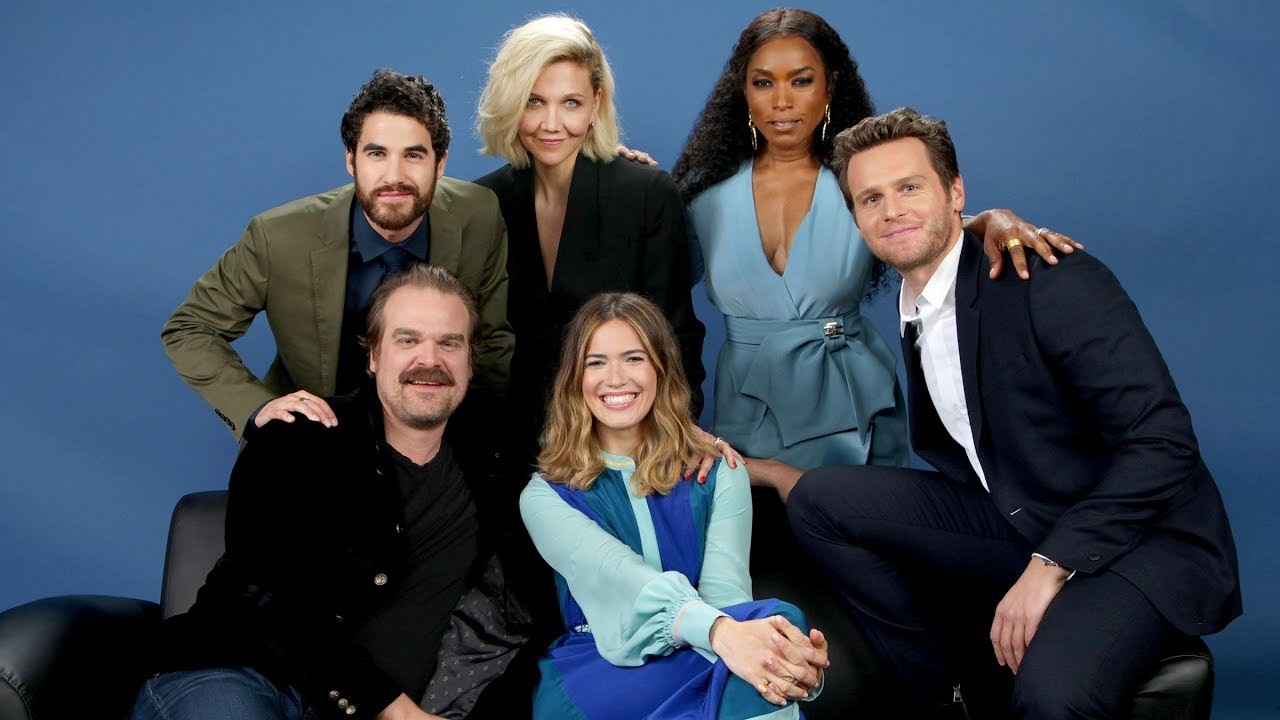
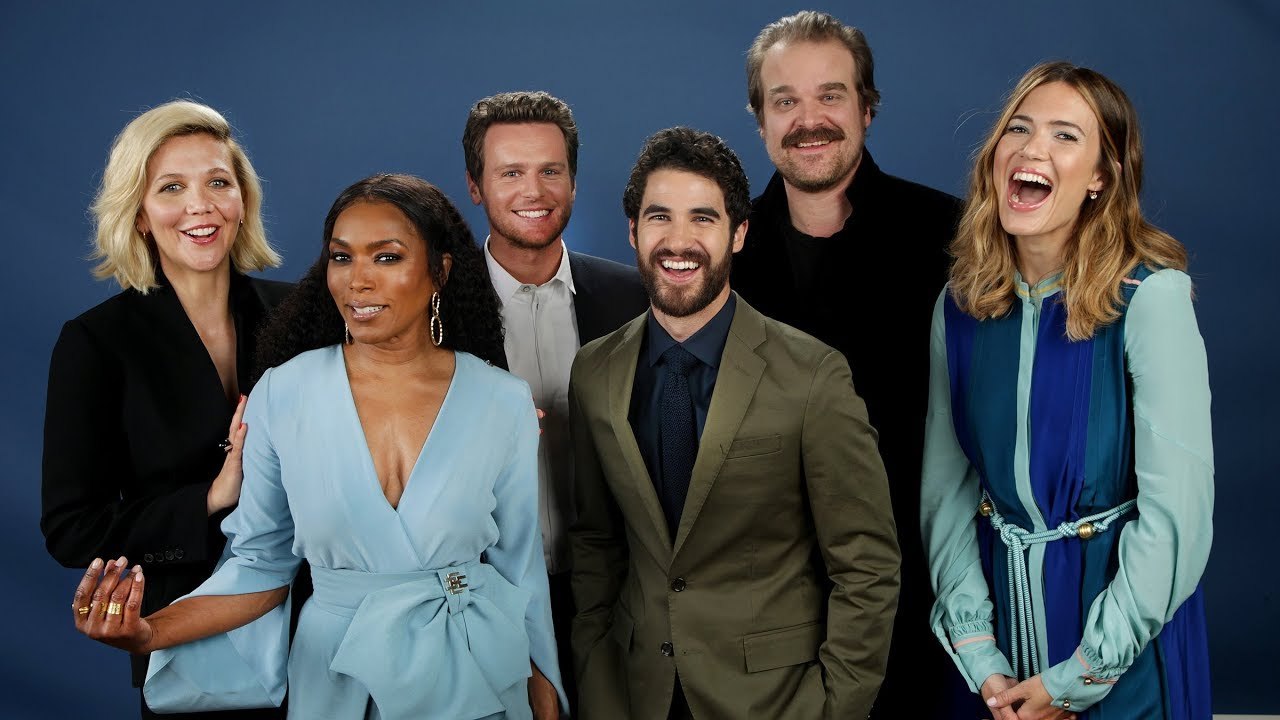
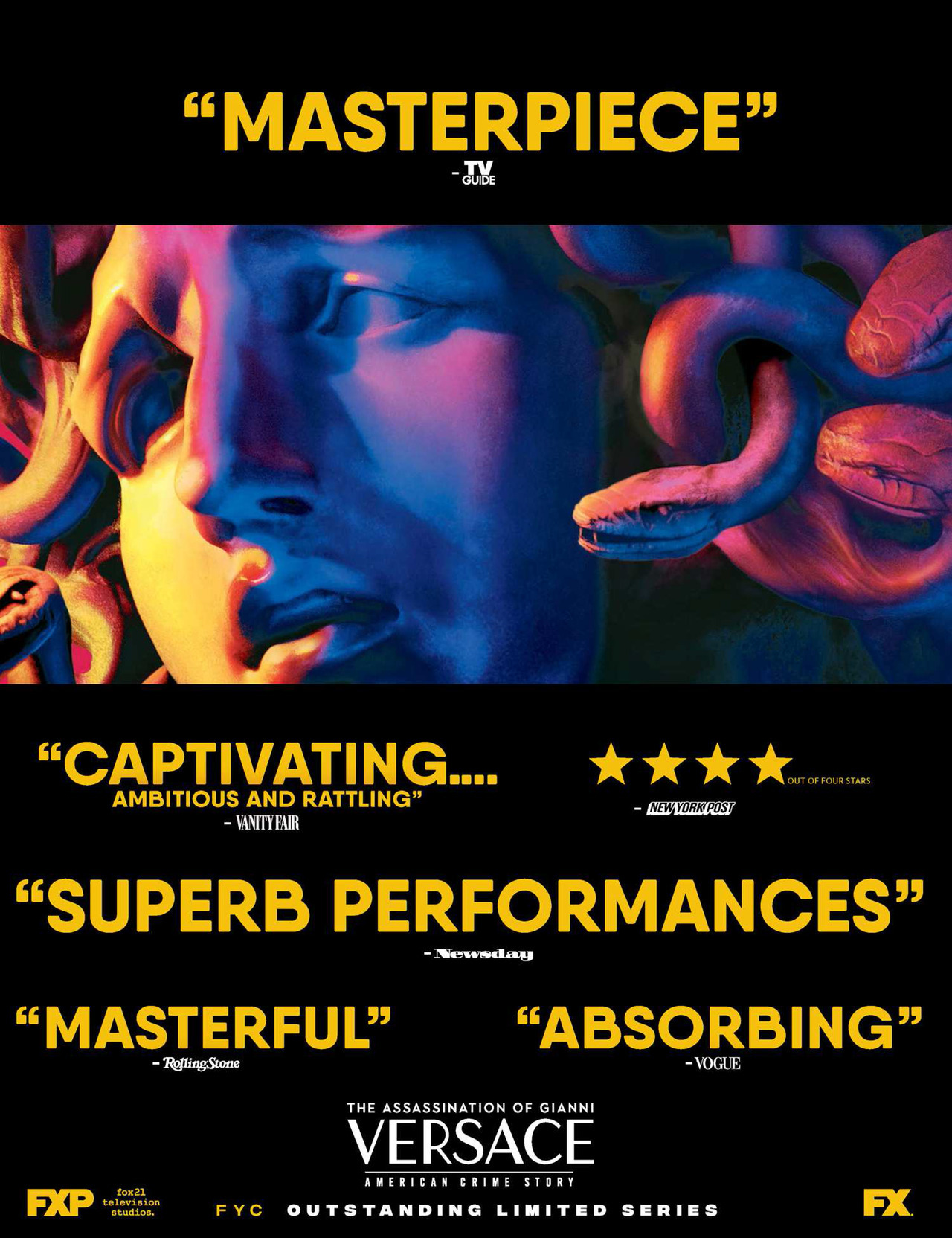
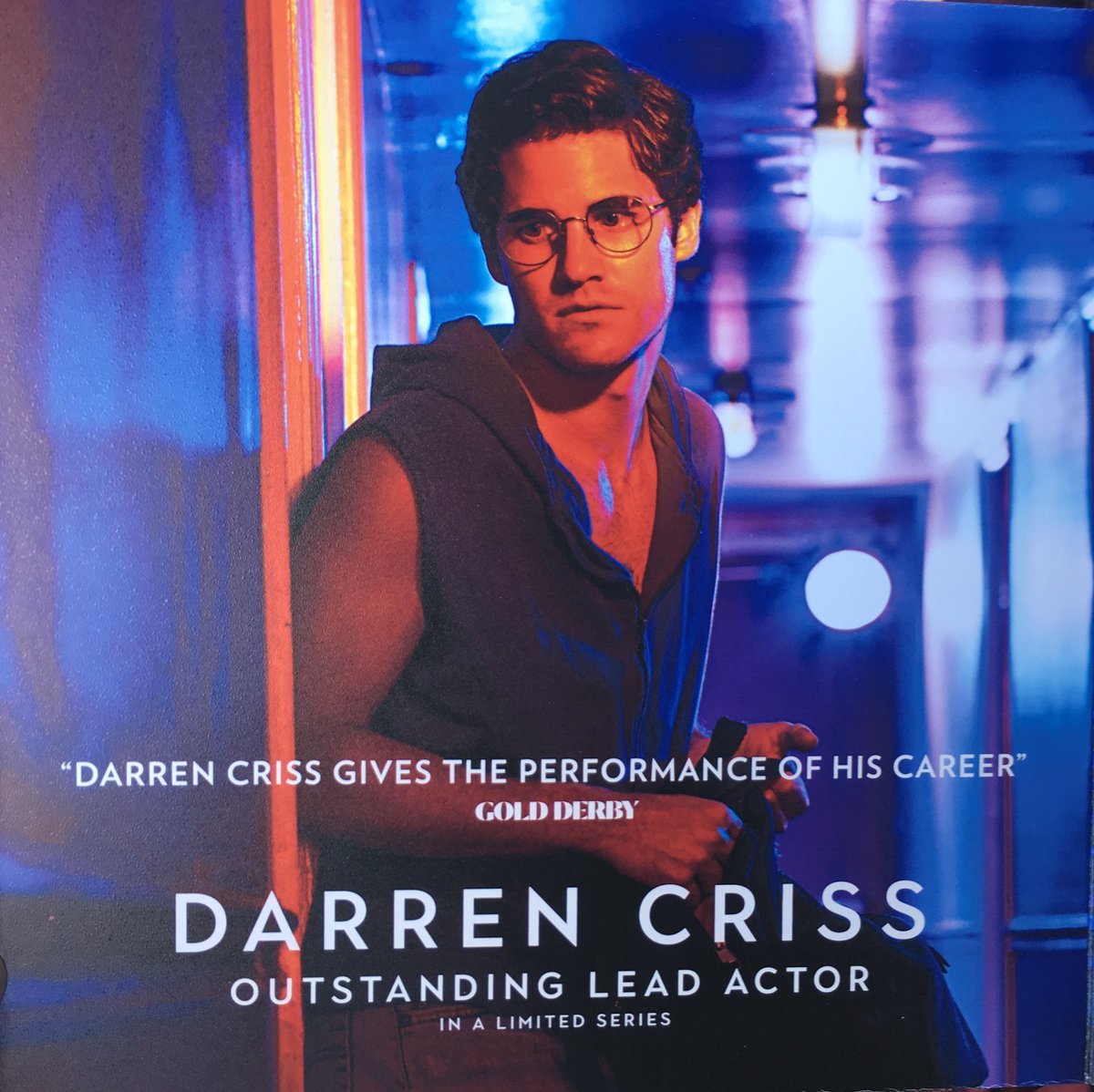
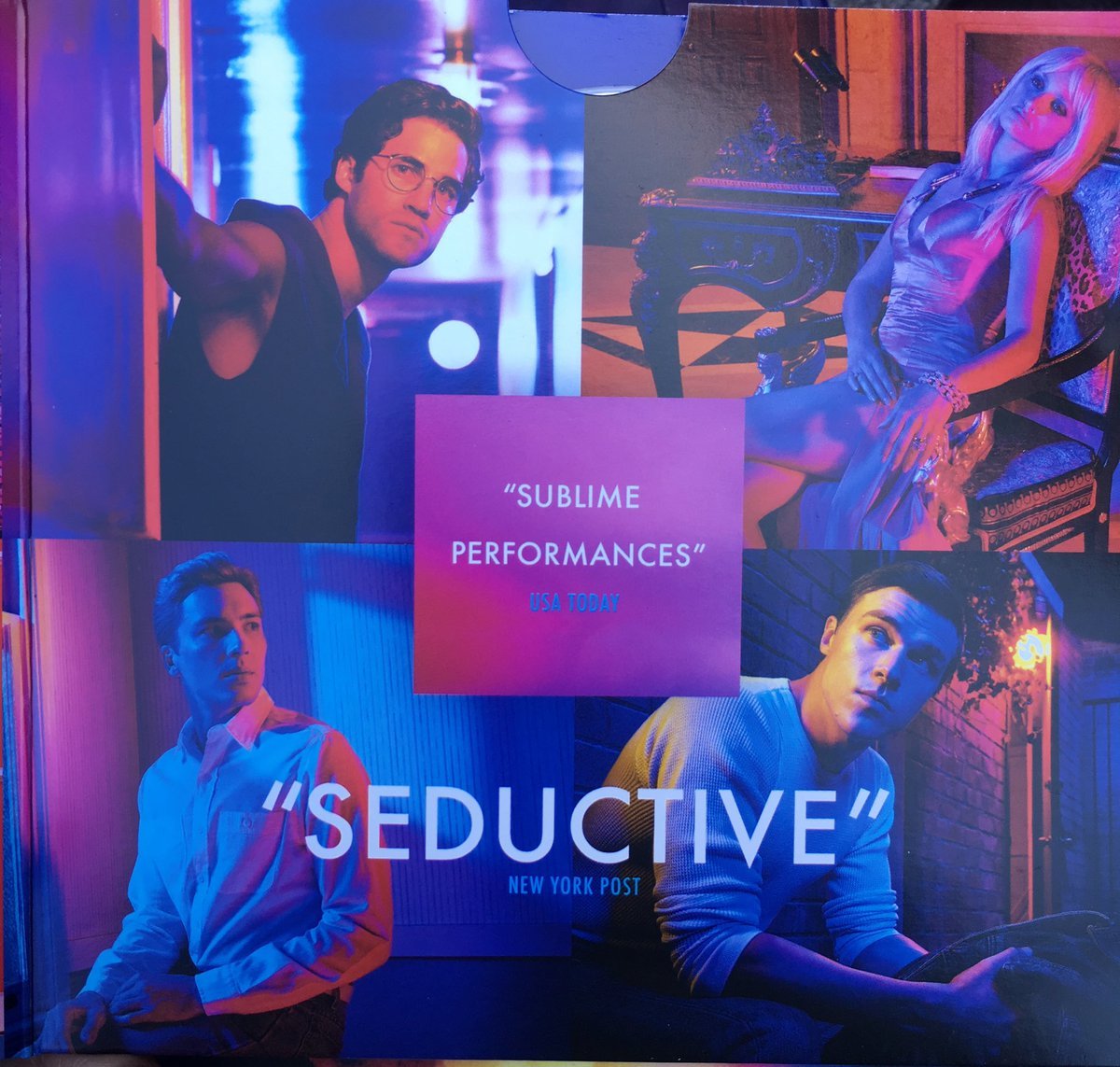
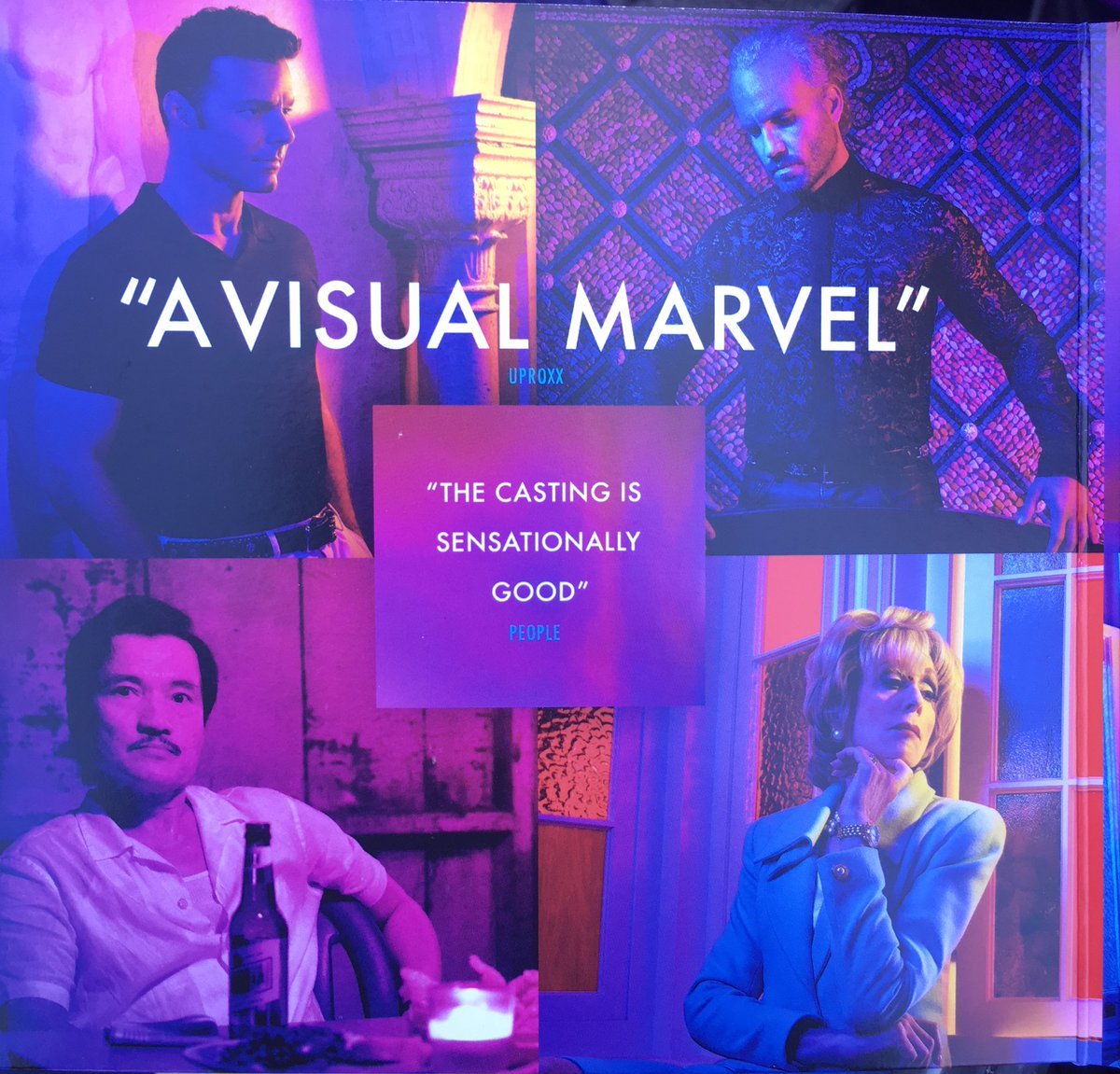
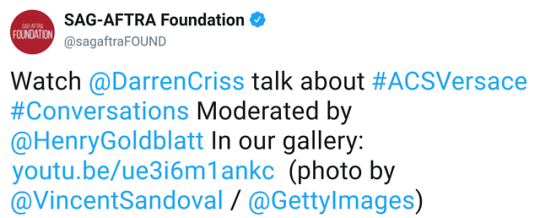
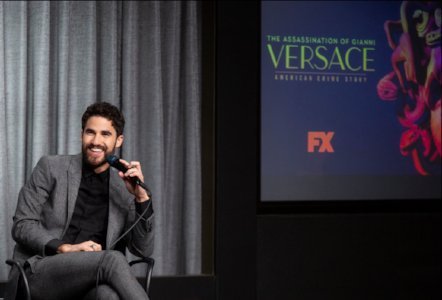
 (Is this phrase gonna be a long-term joke like "let's vote together"?
(Is this phrase gonna be a long-term joke like "let's vote together"?  )
)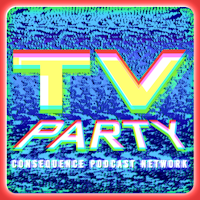
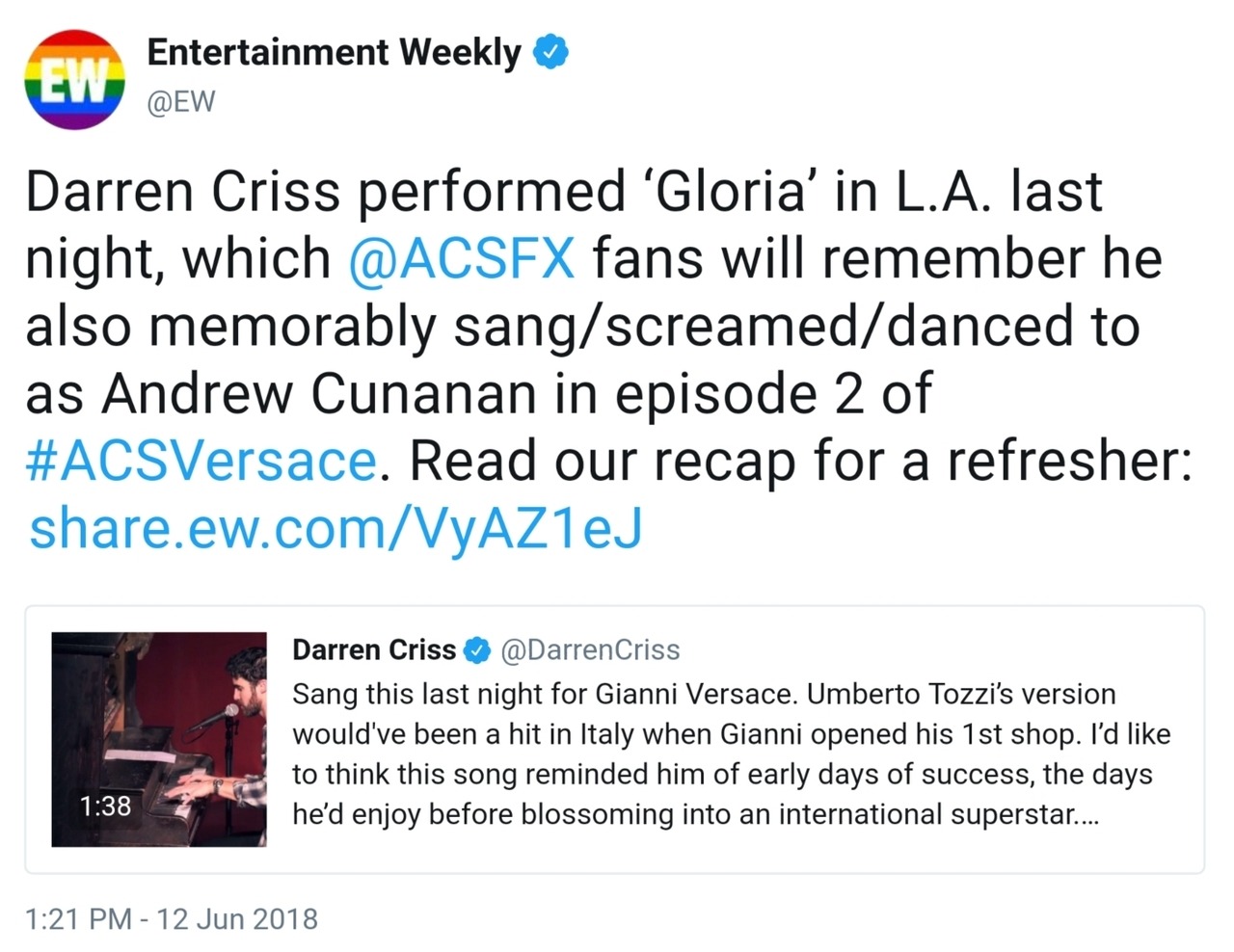
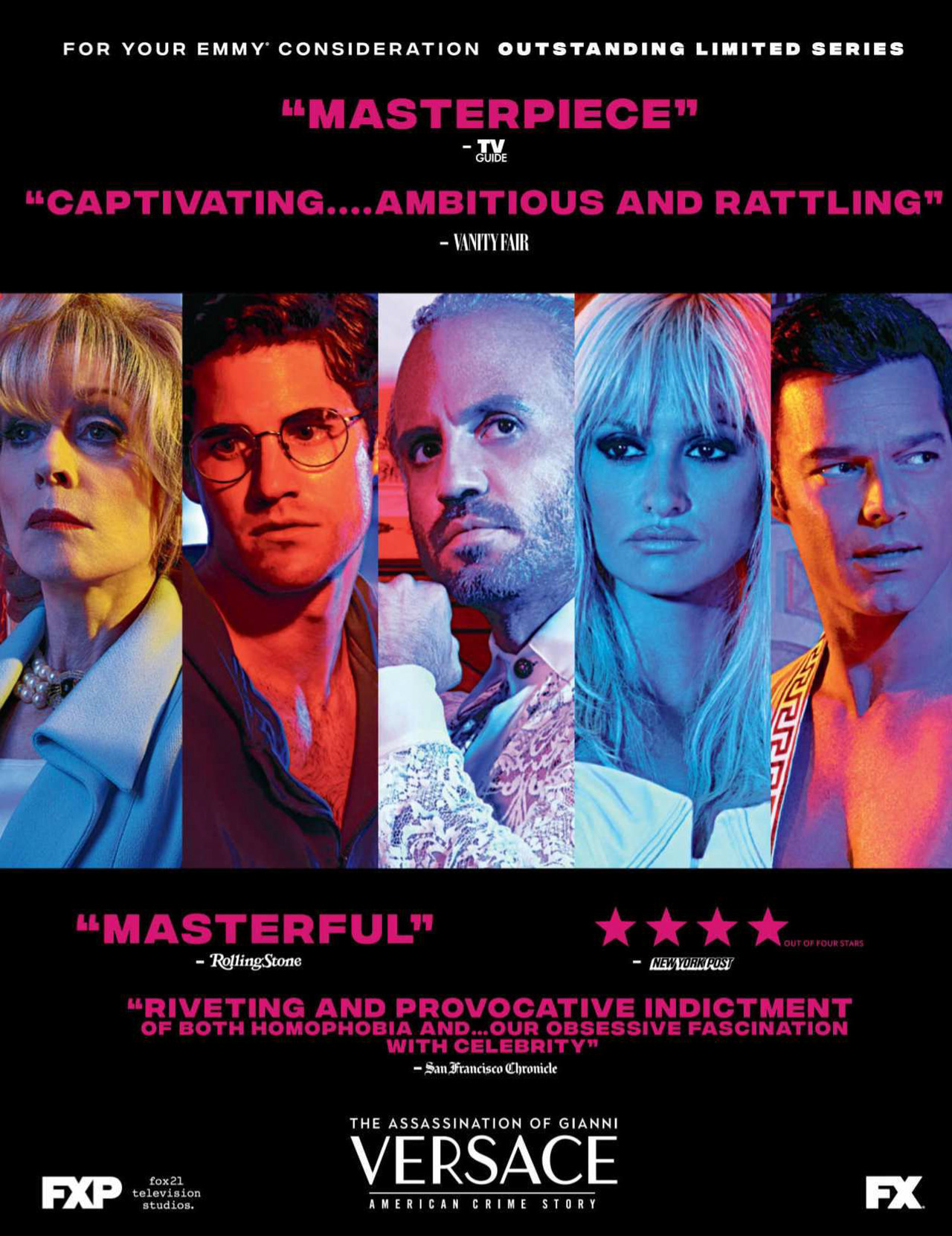
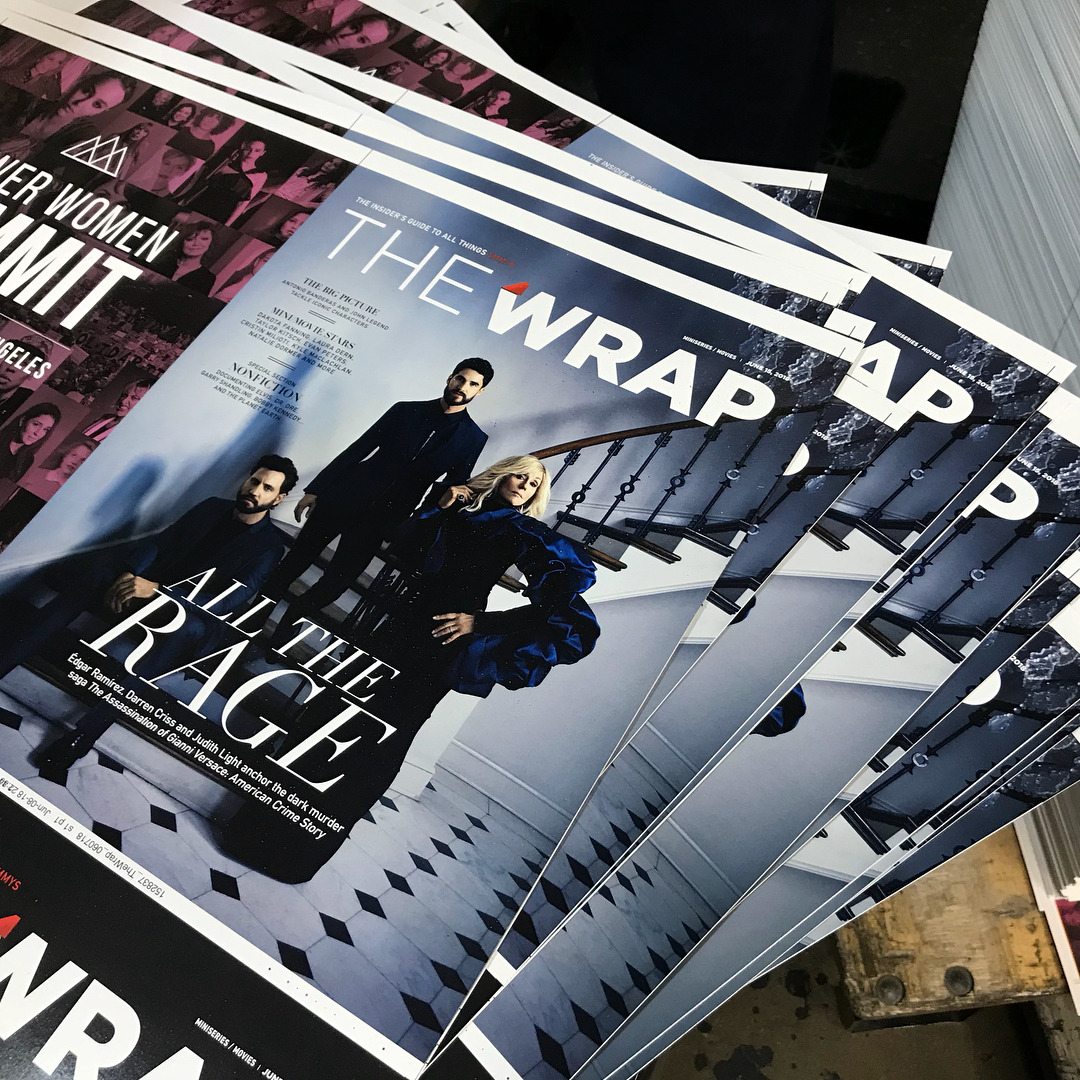
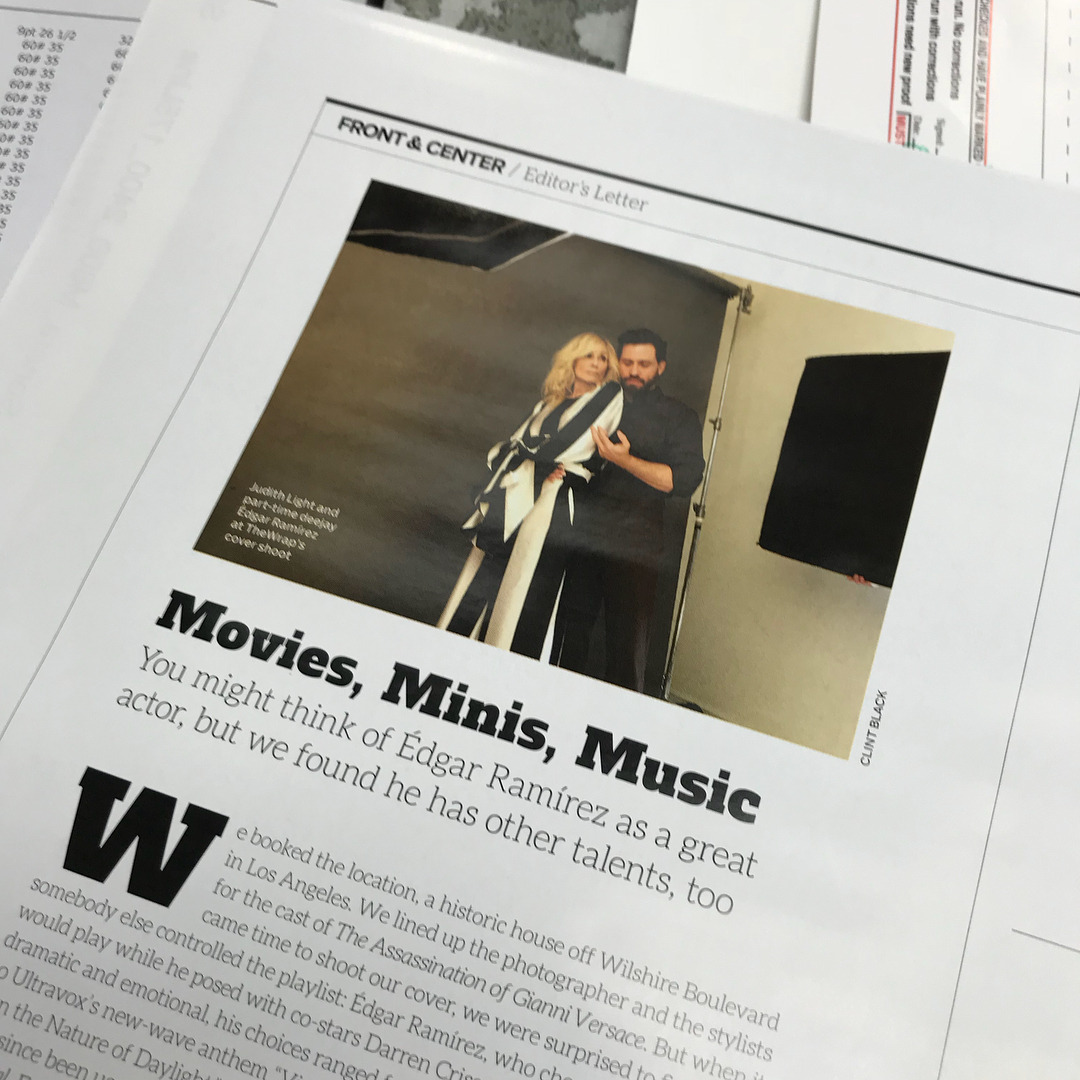
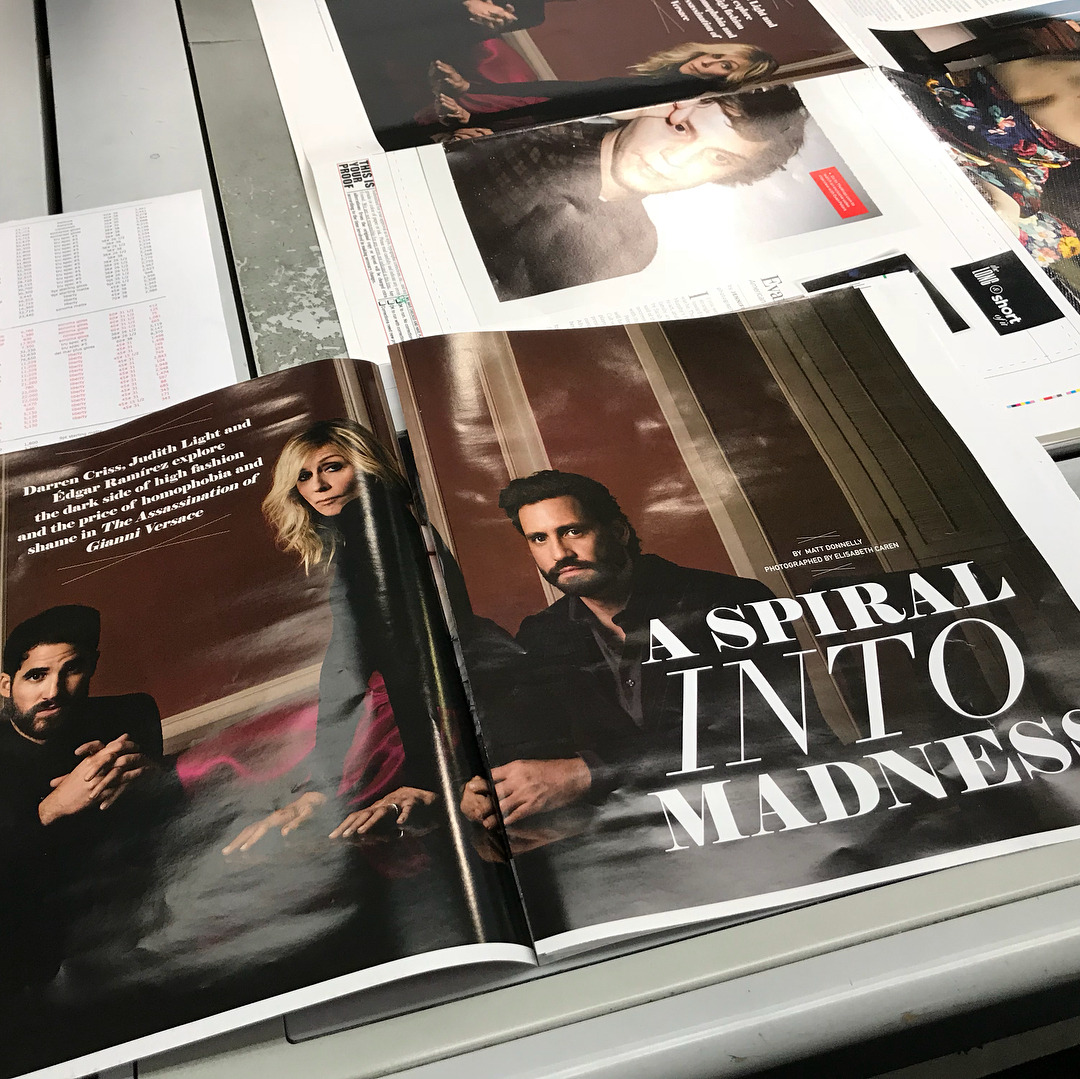
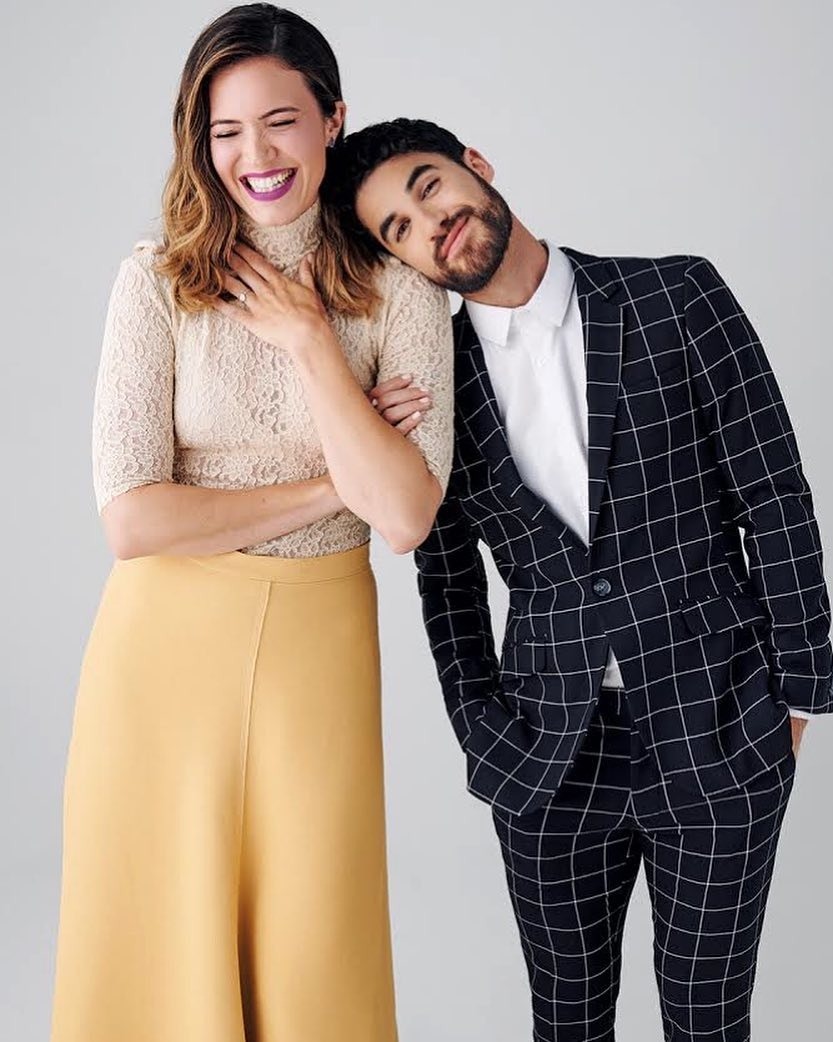

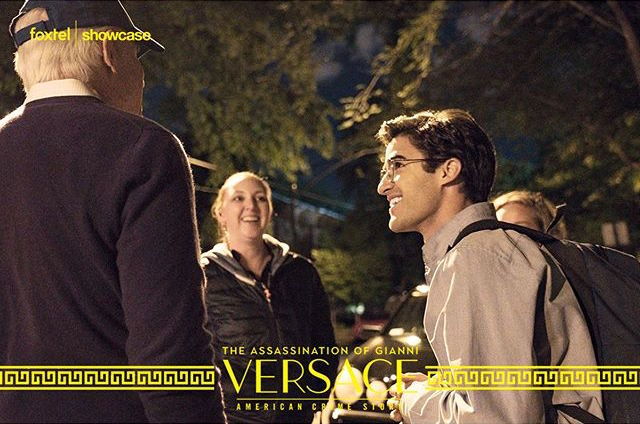
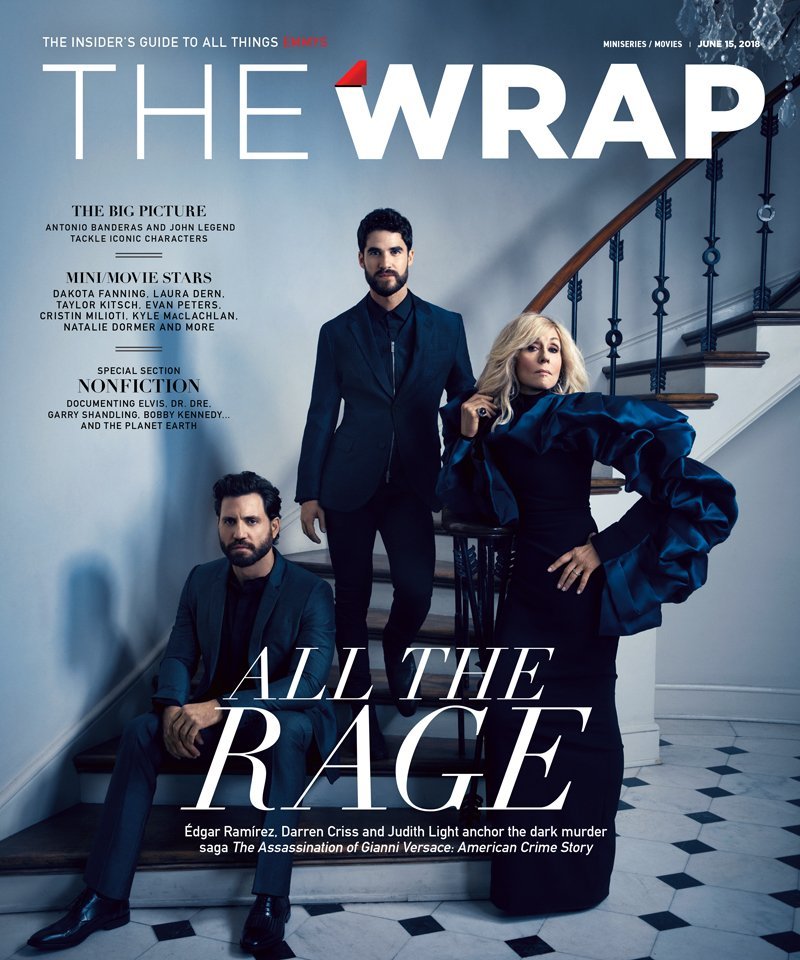

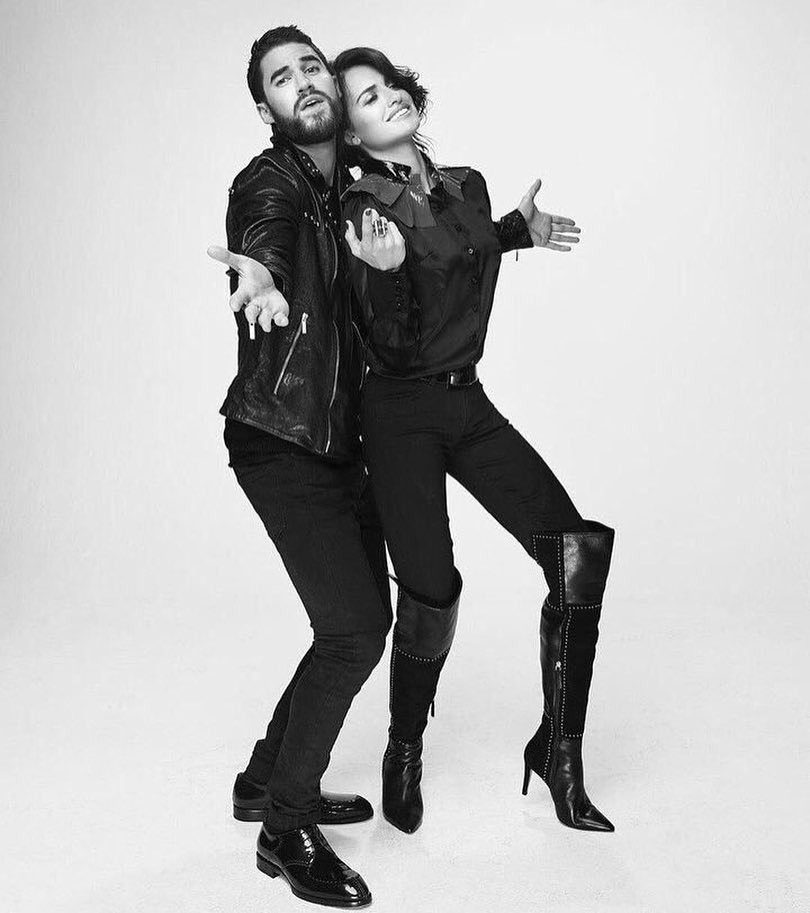
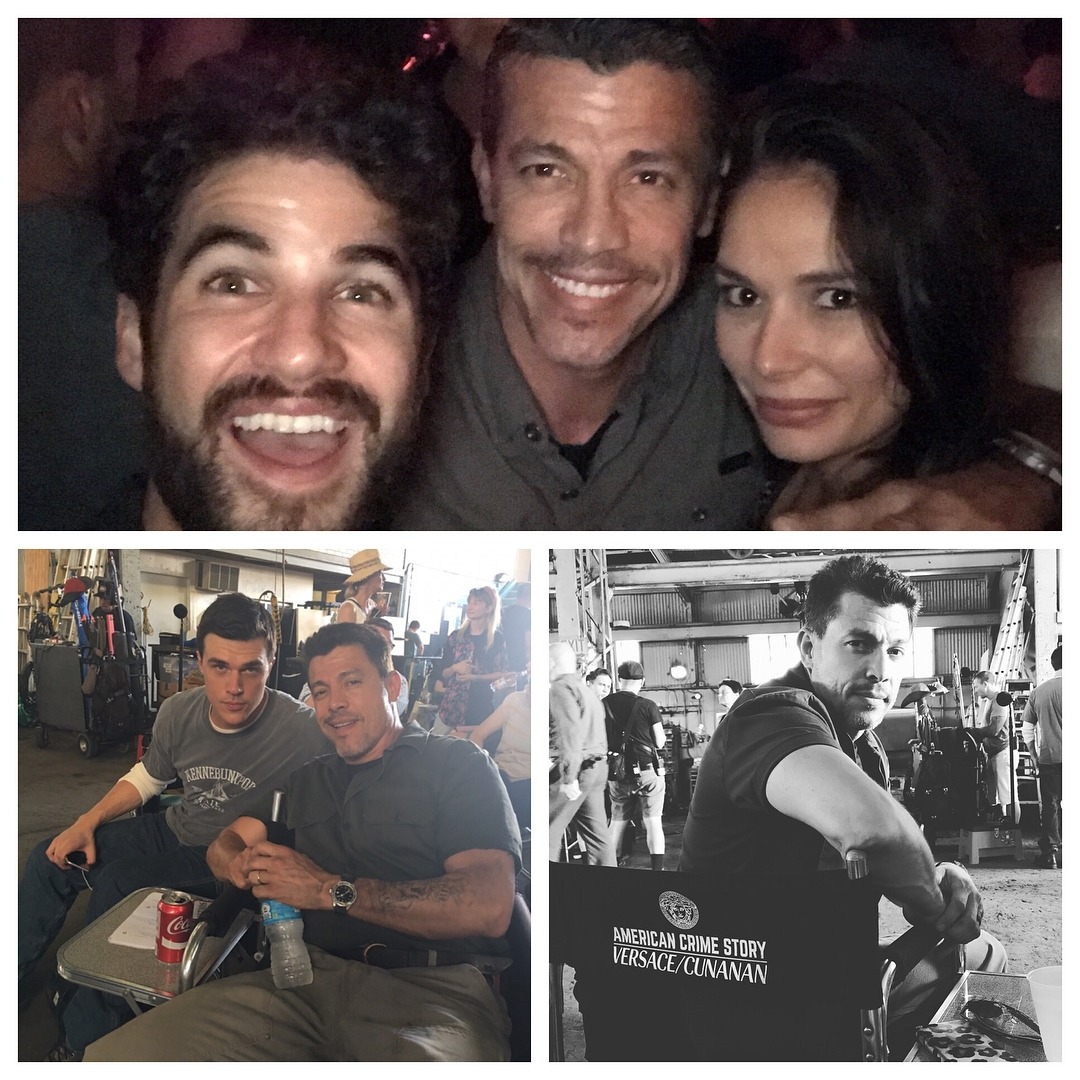
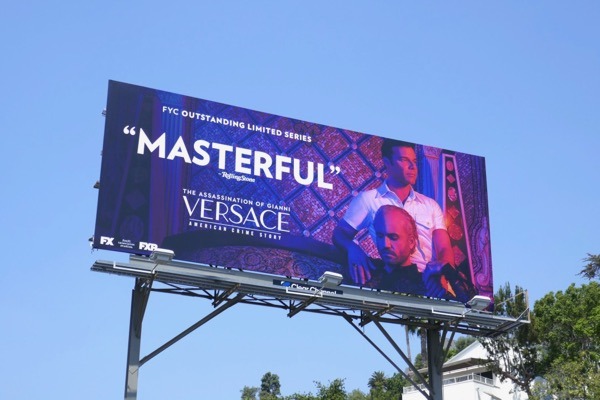
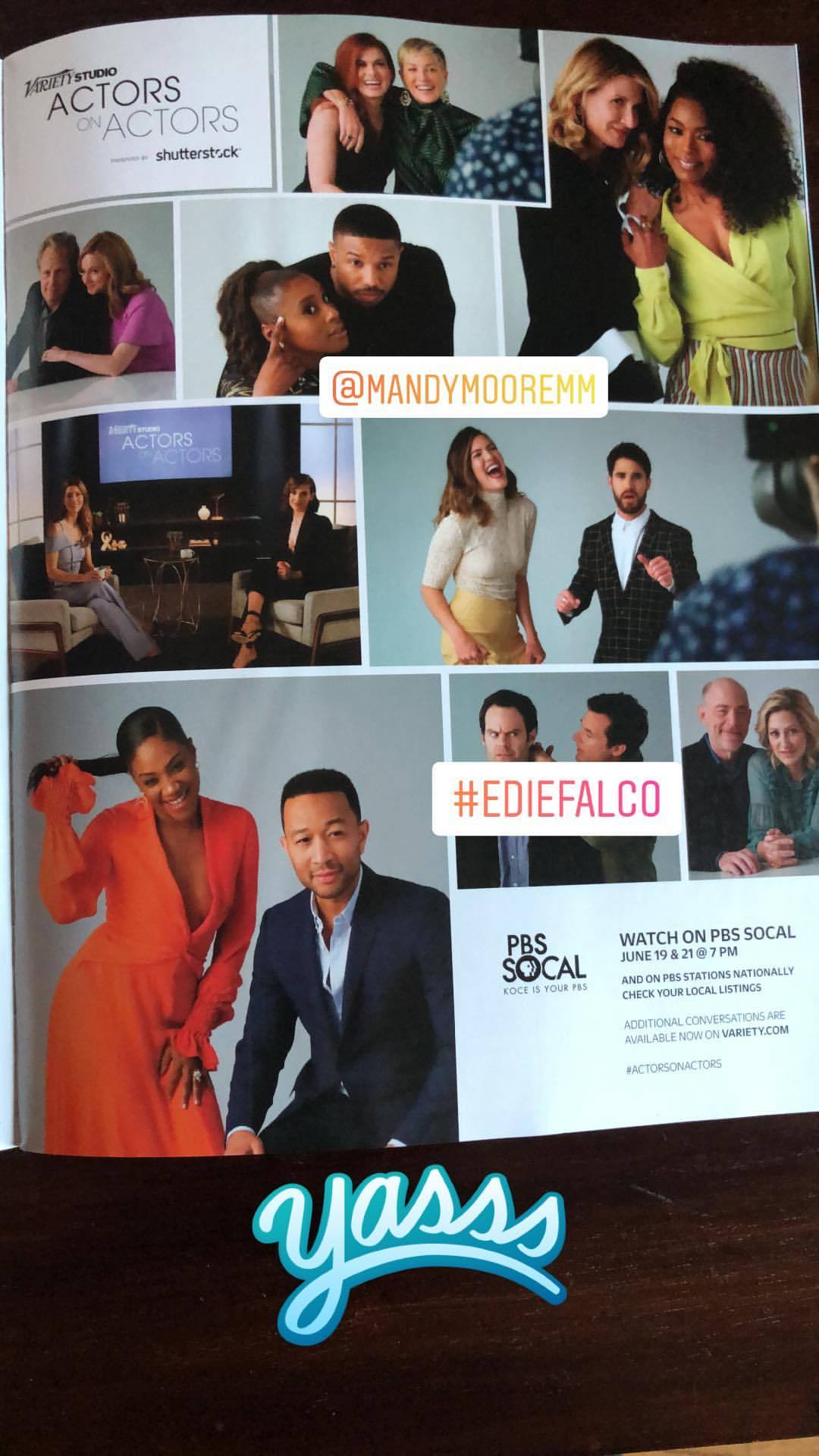
)
